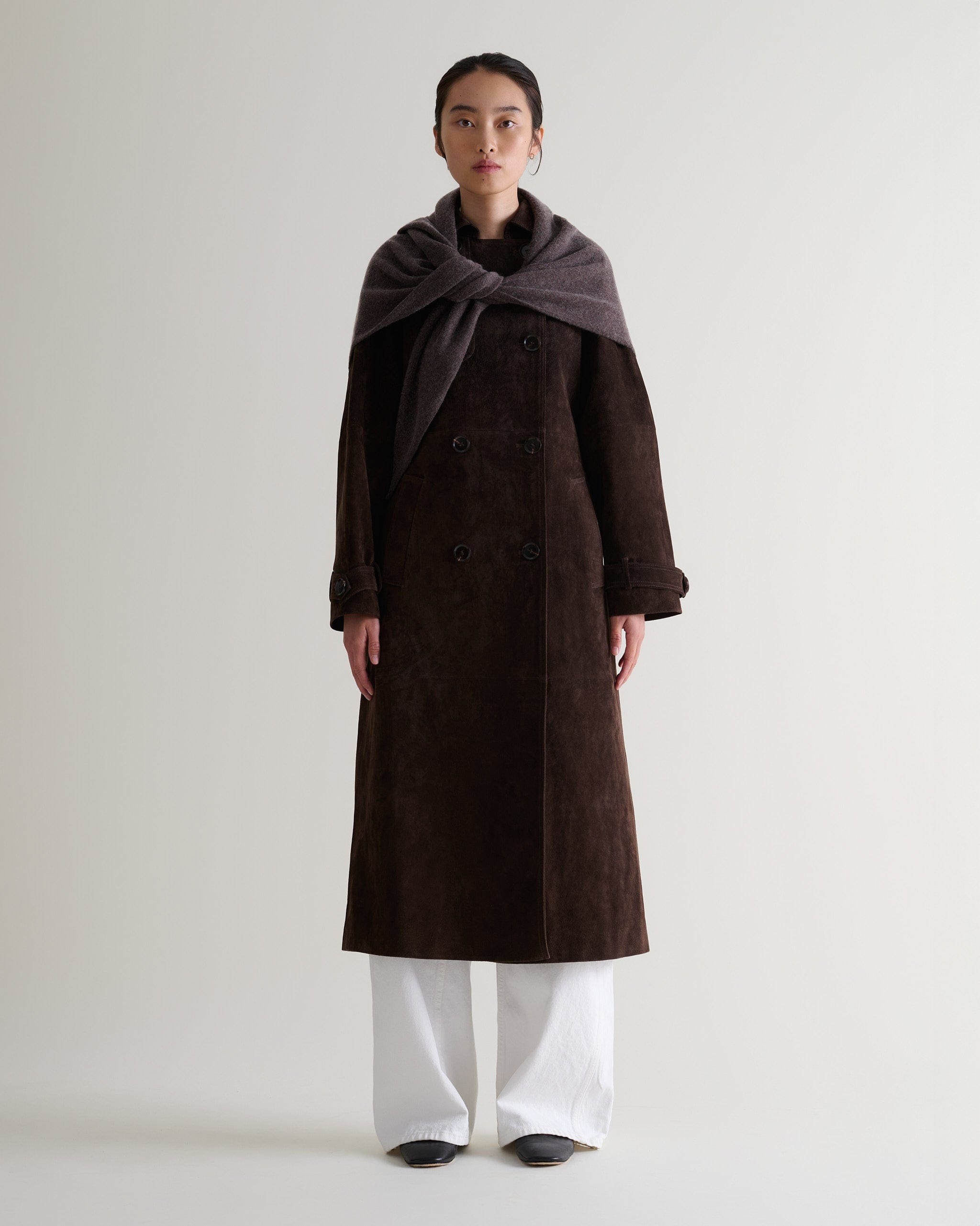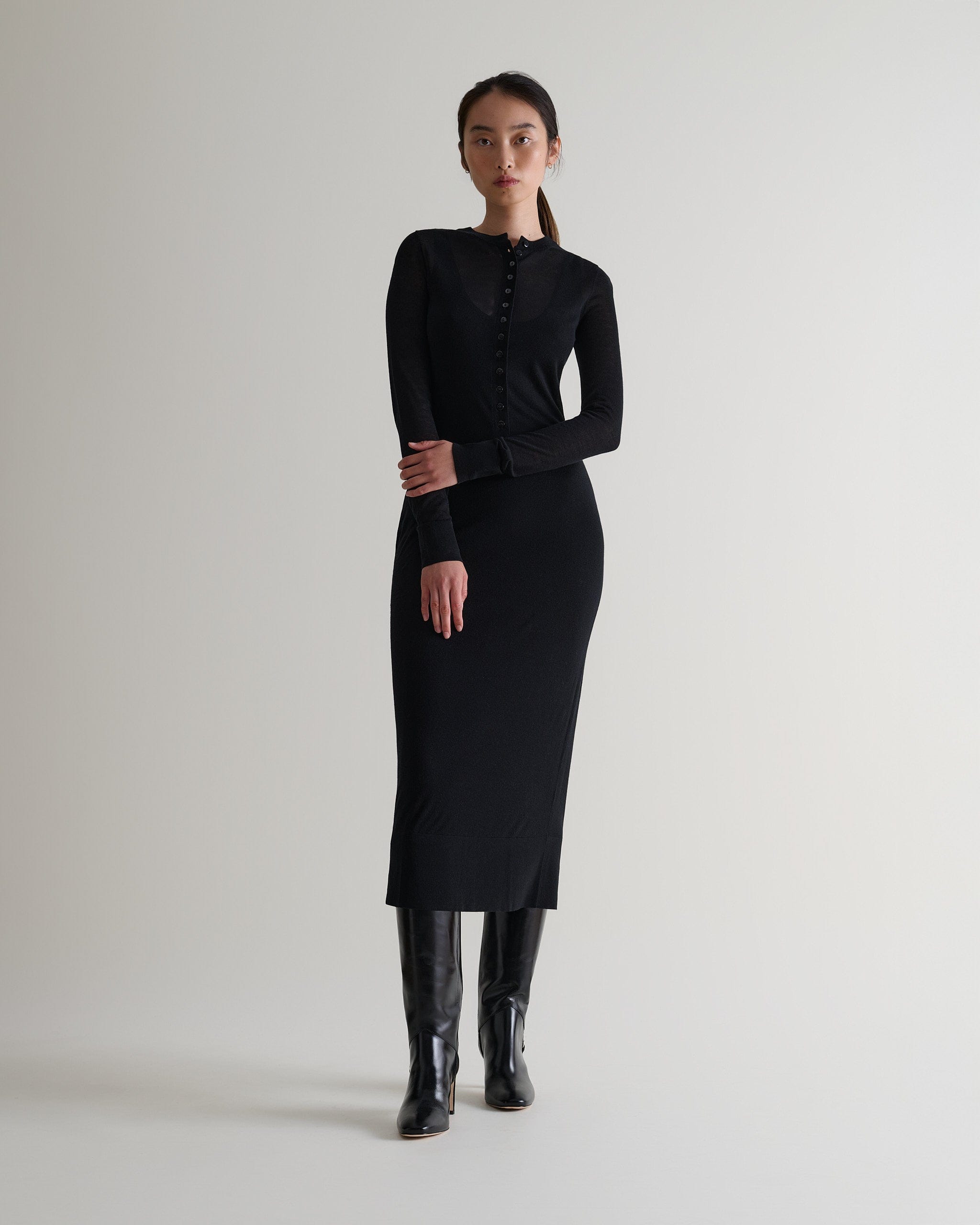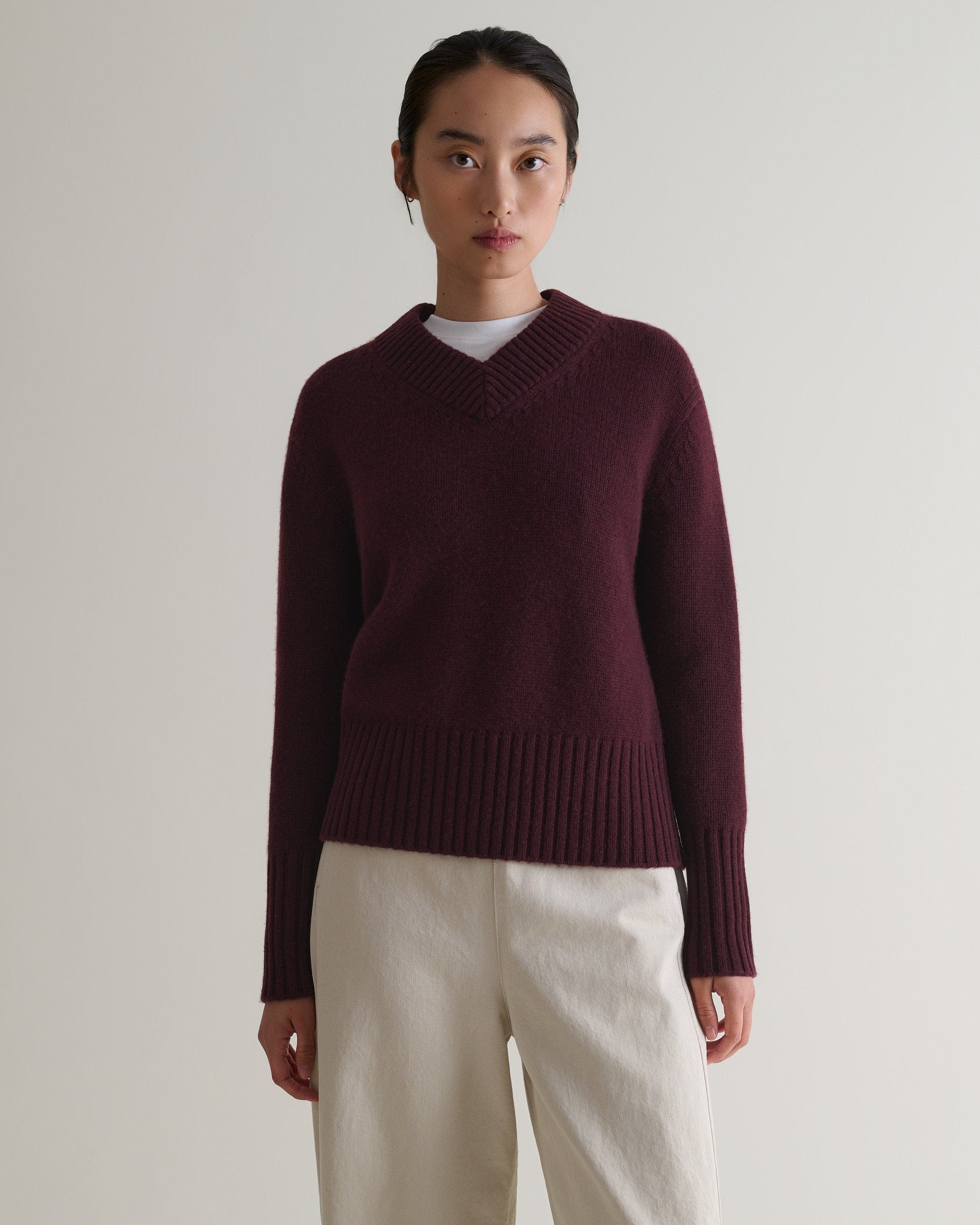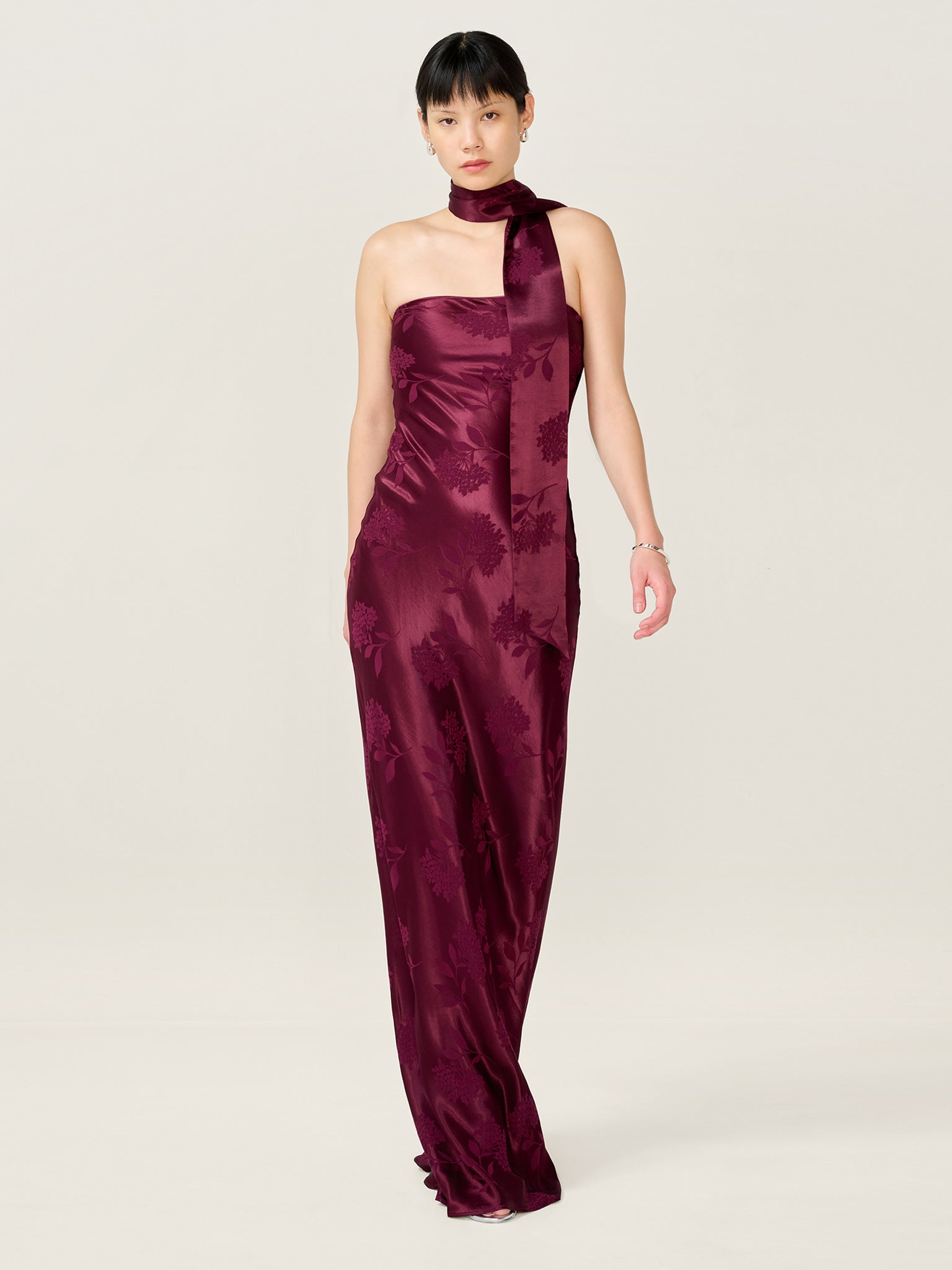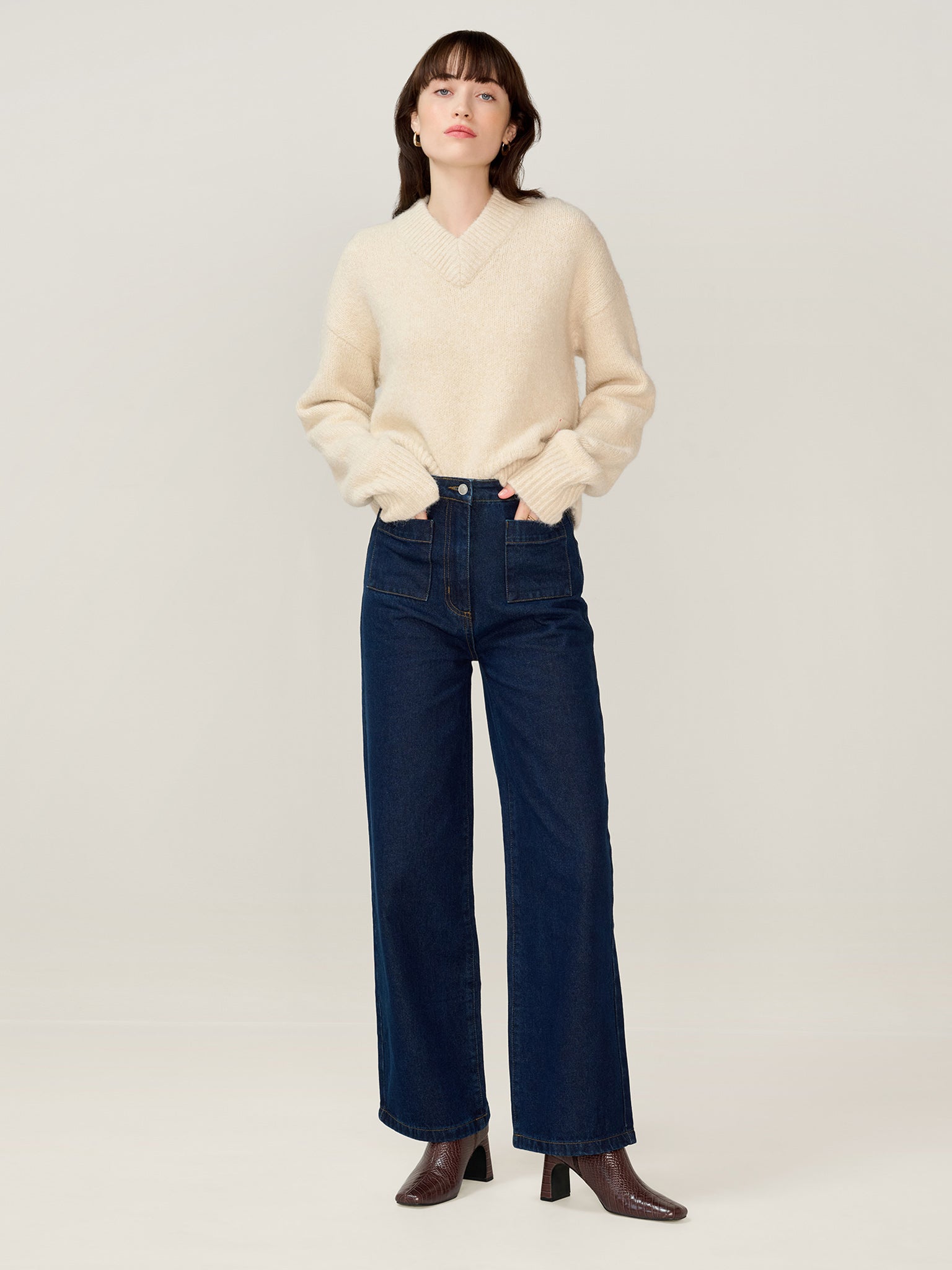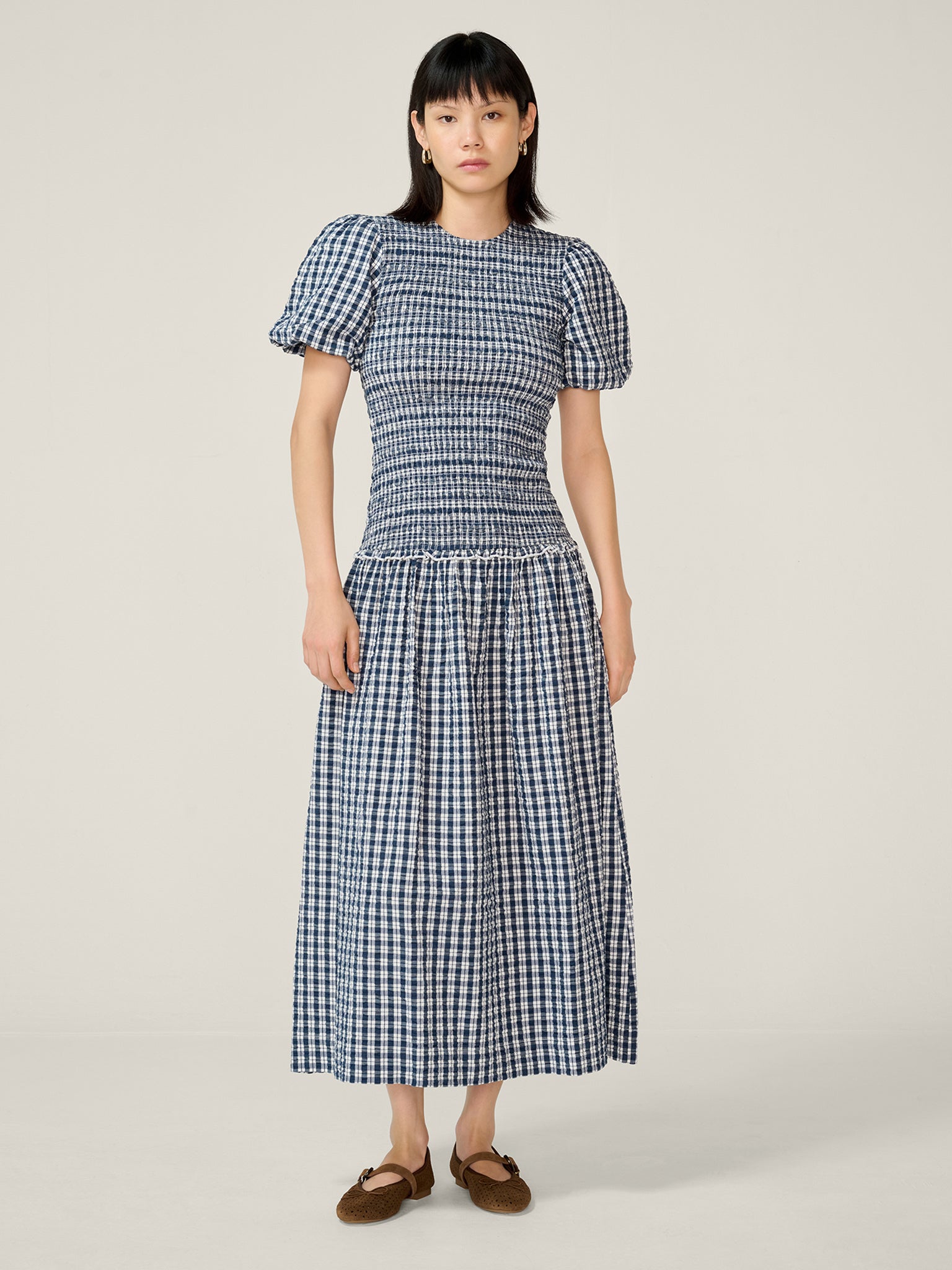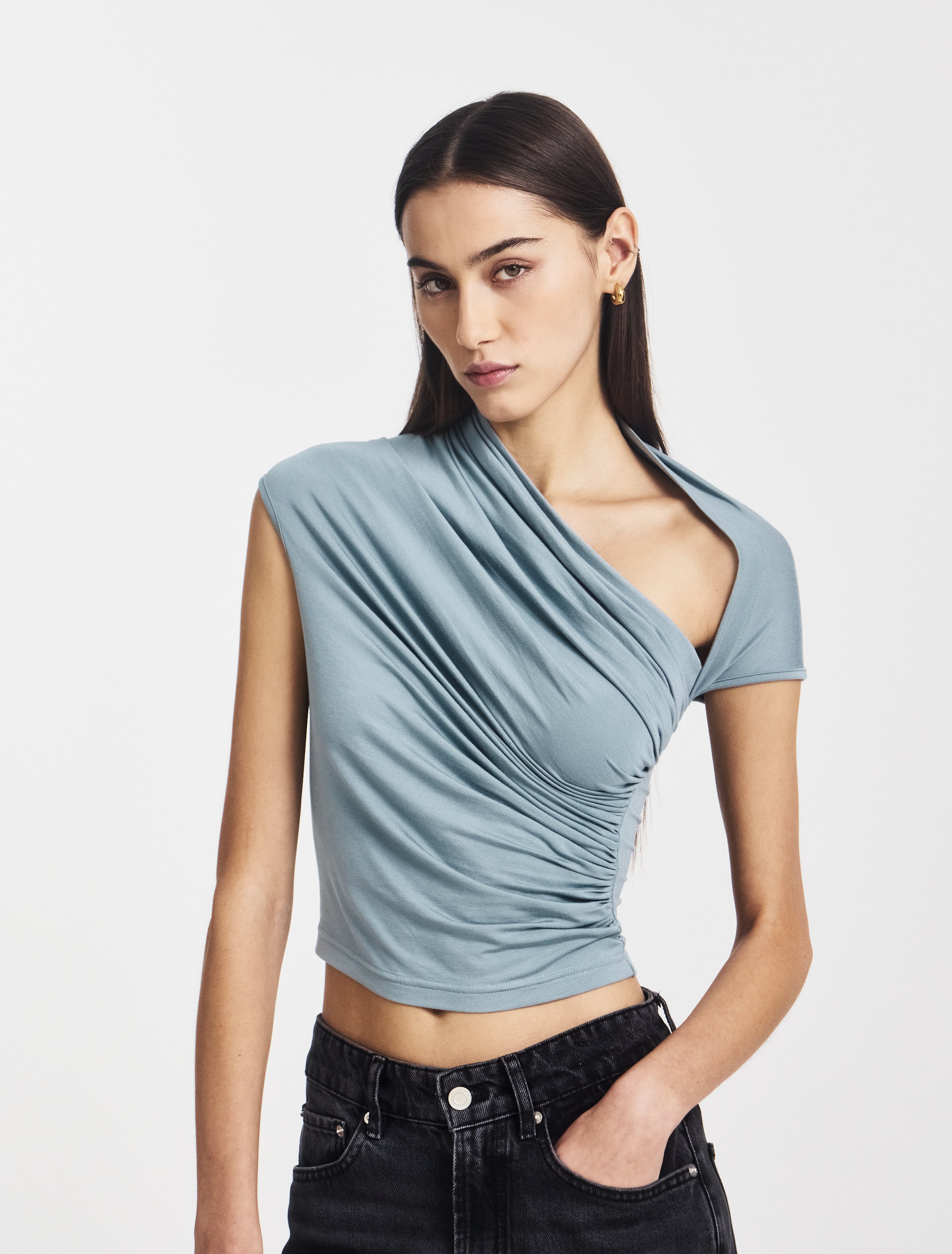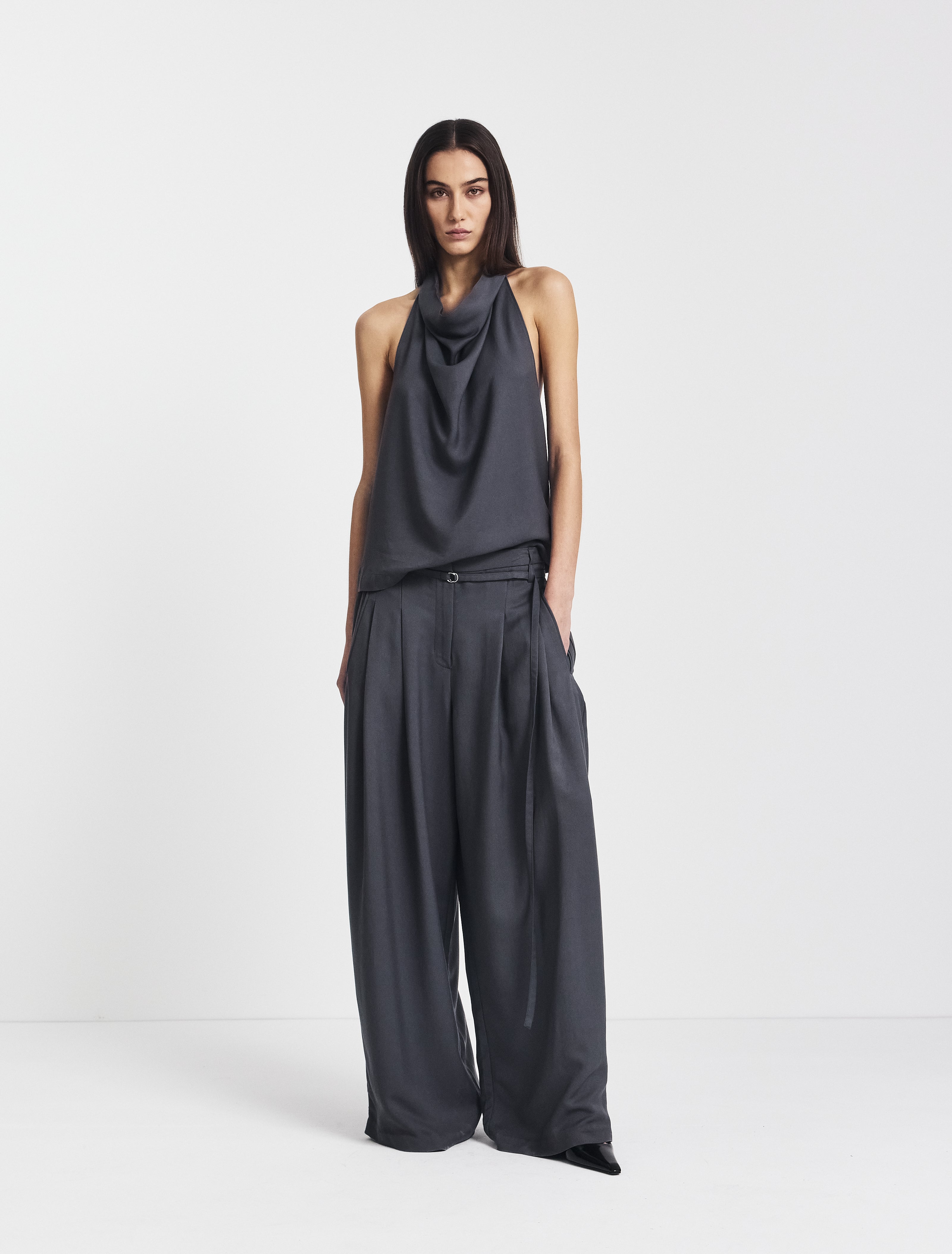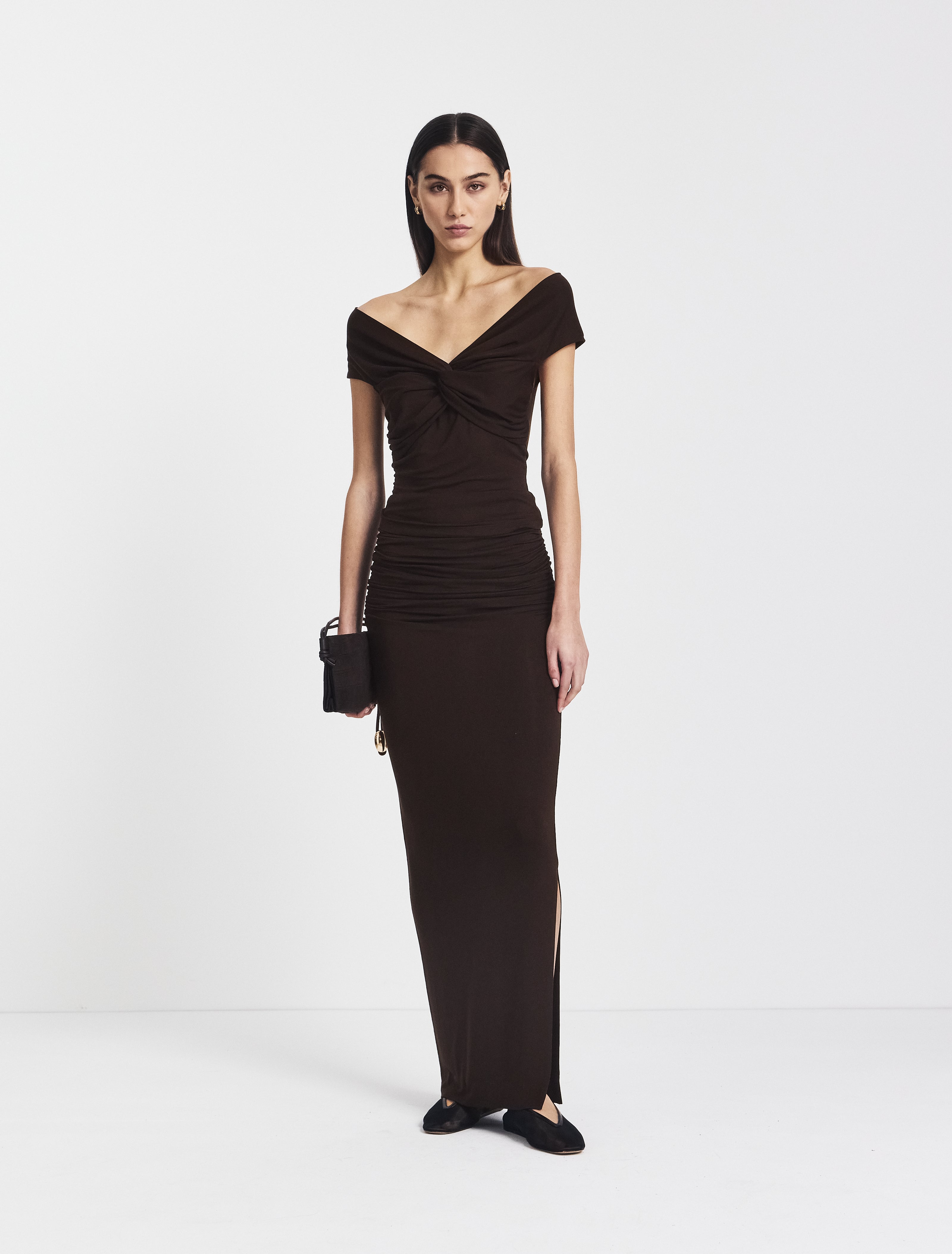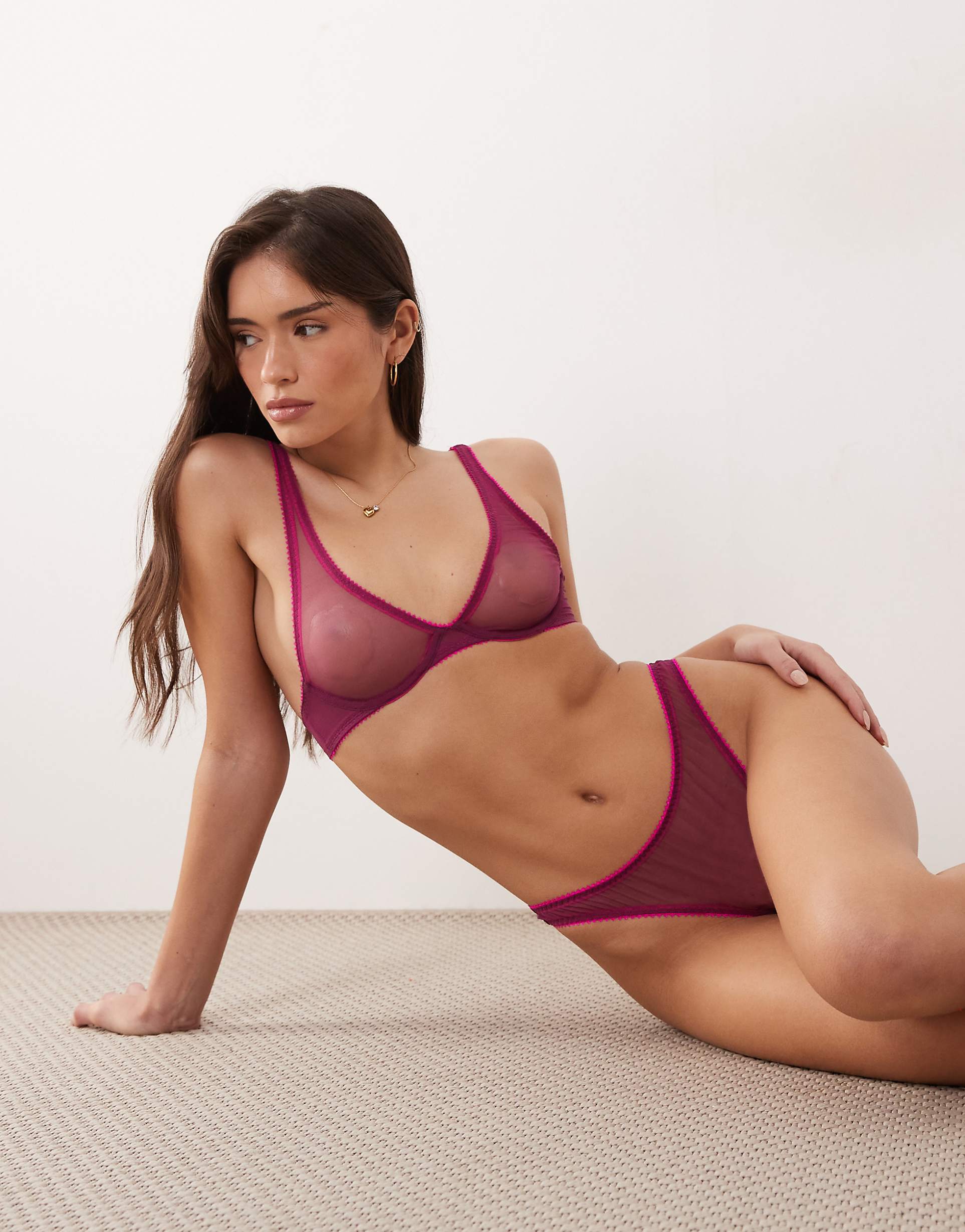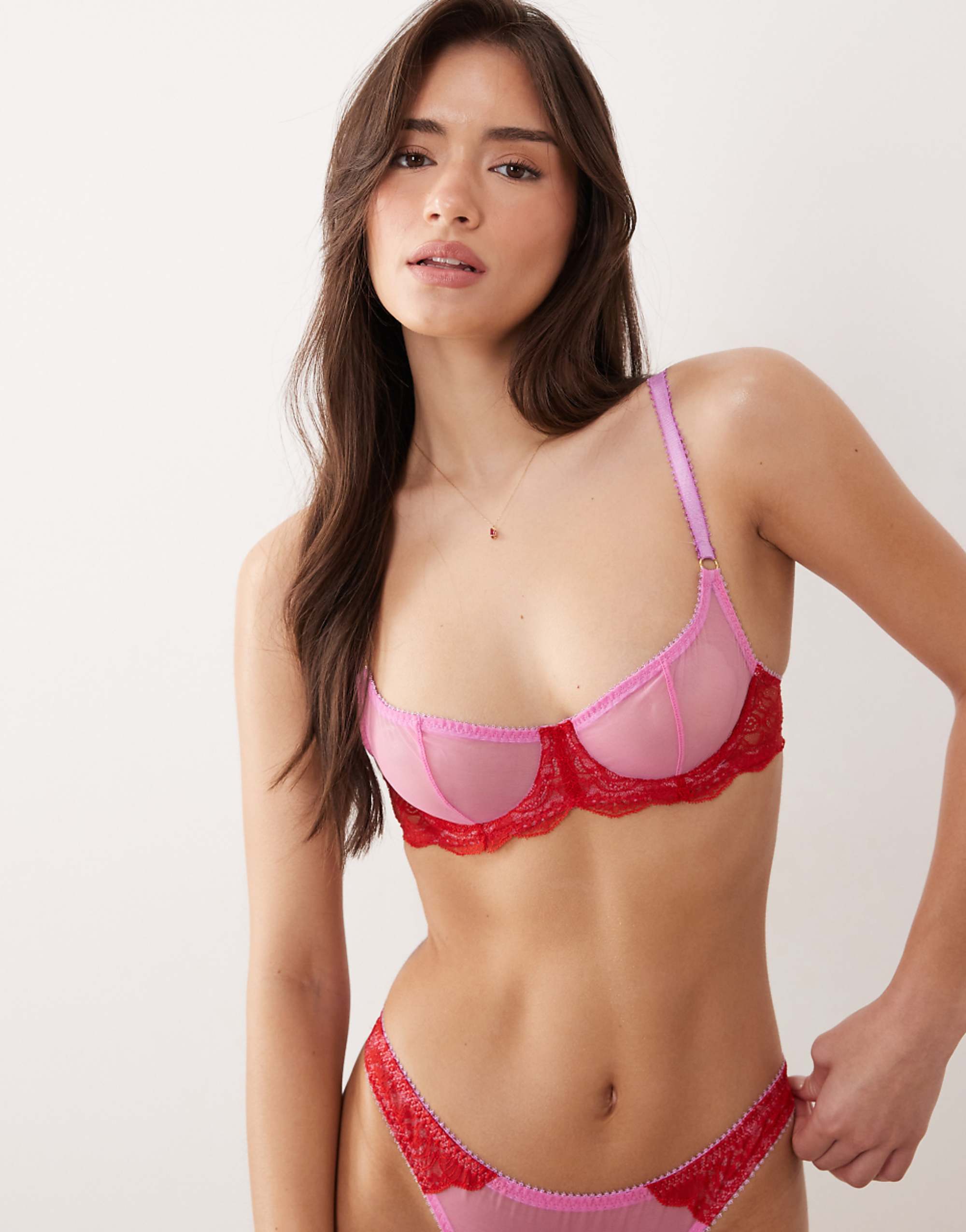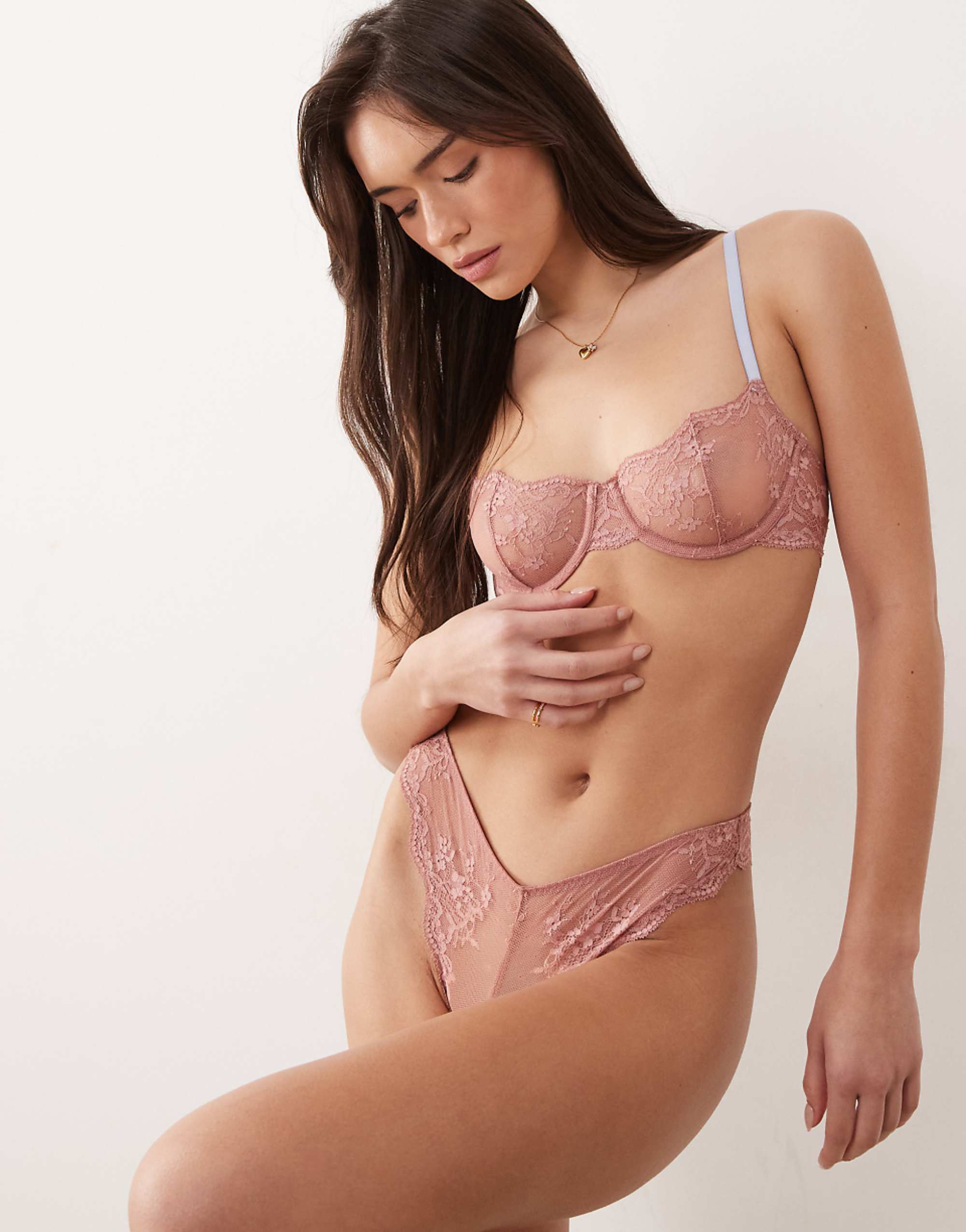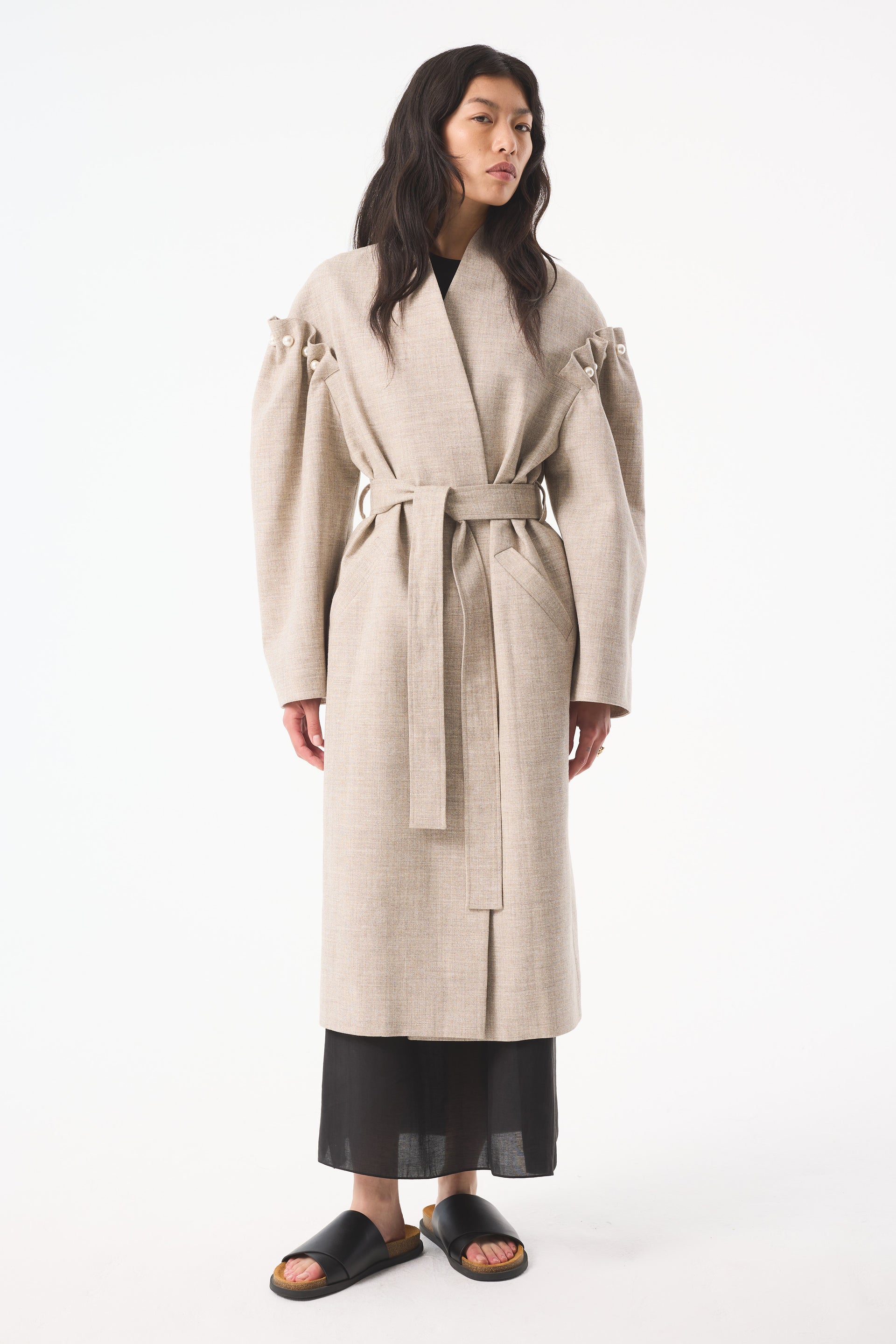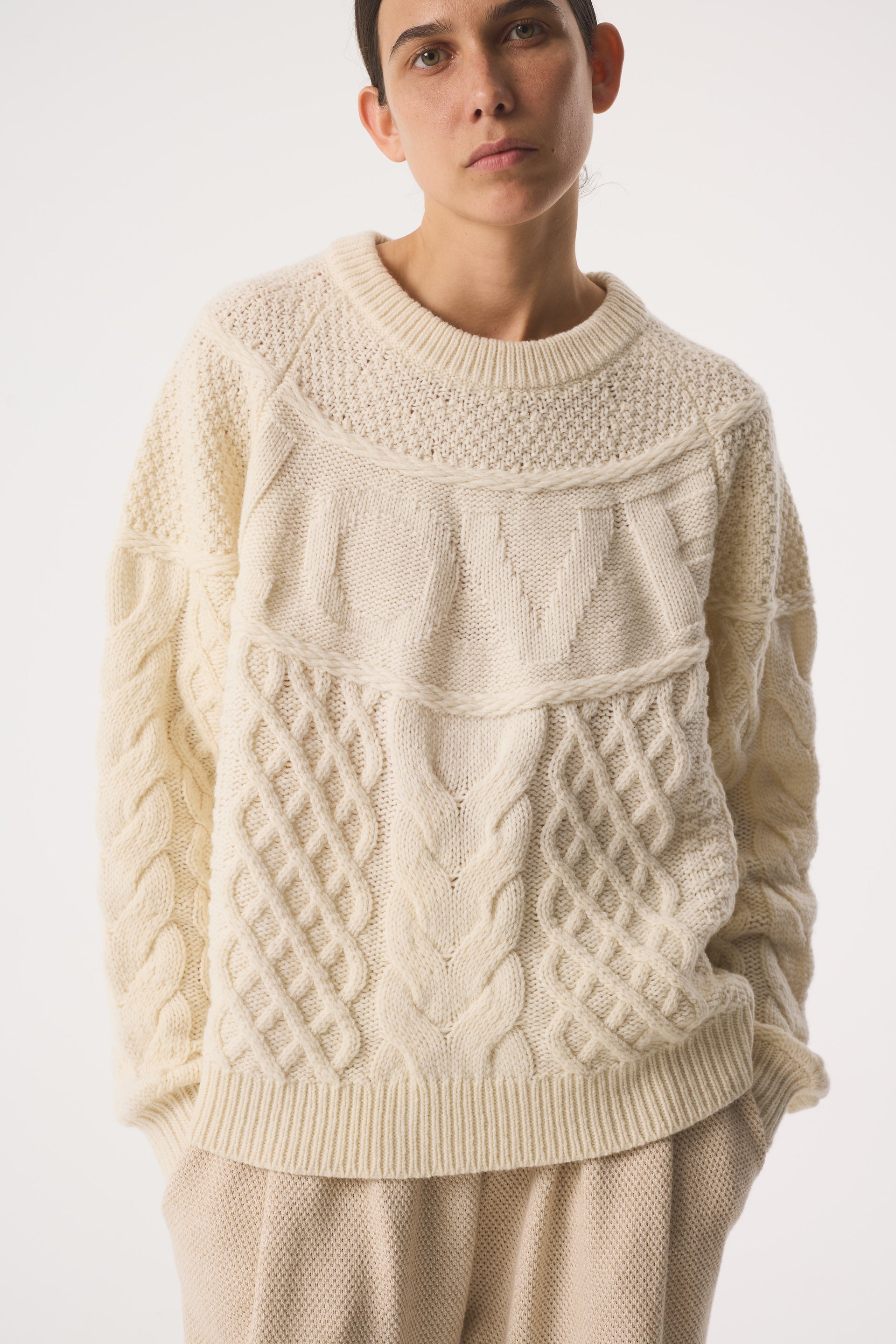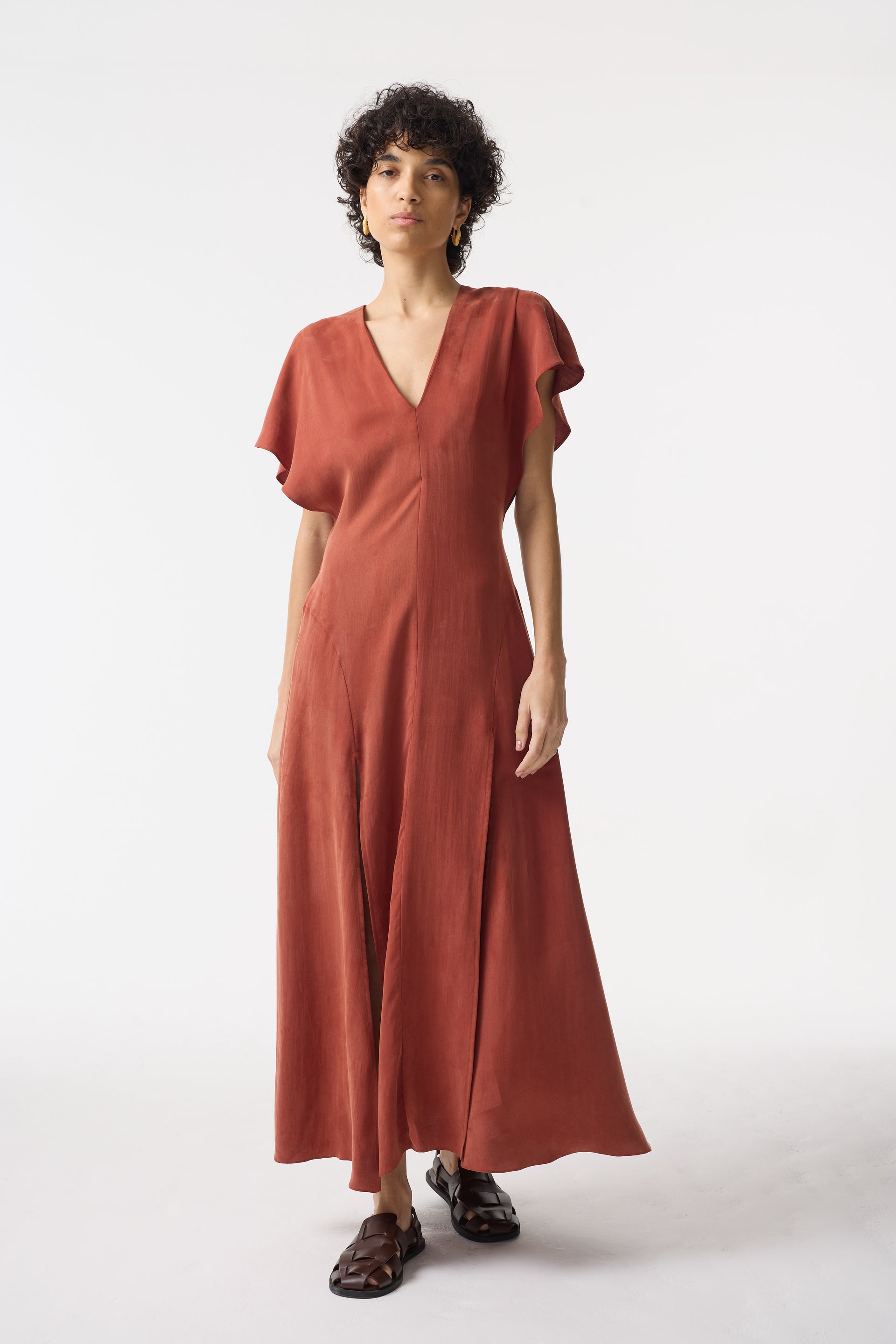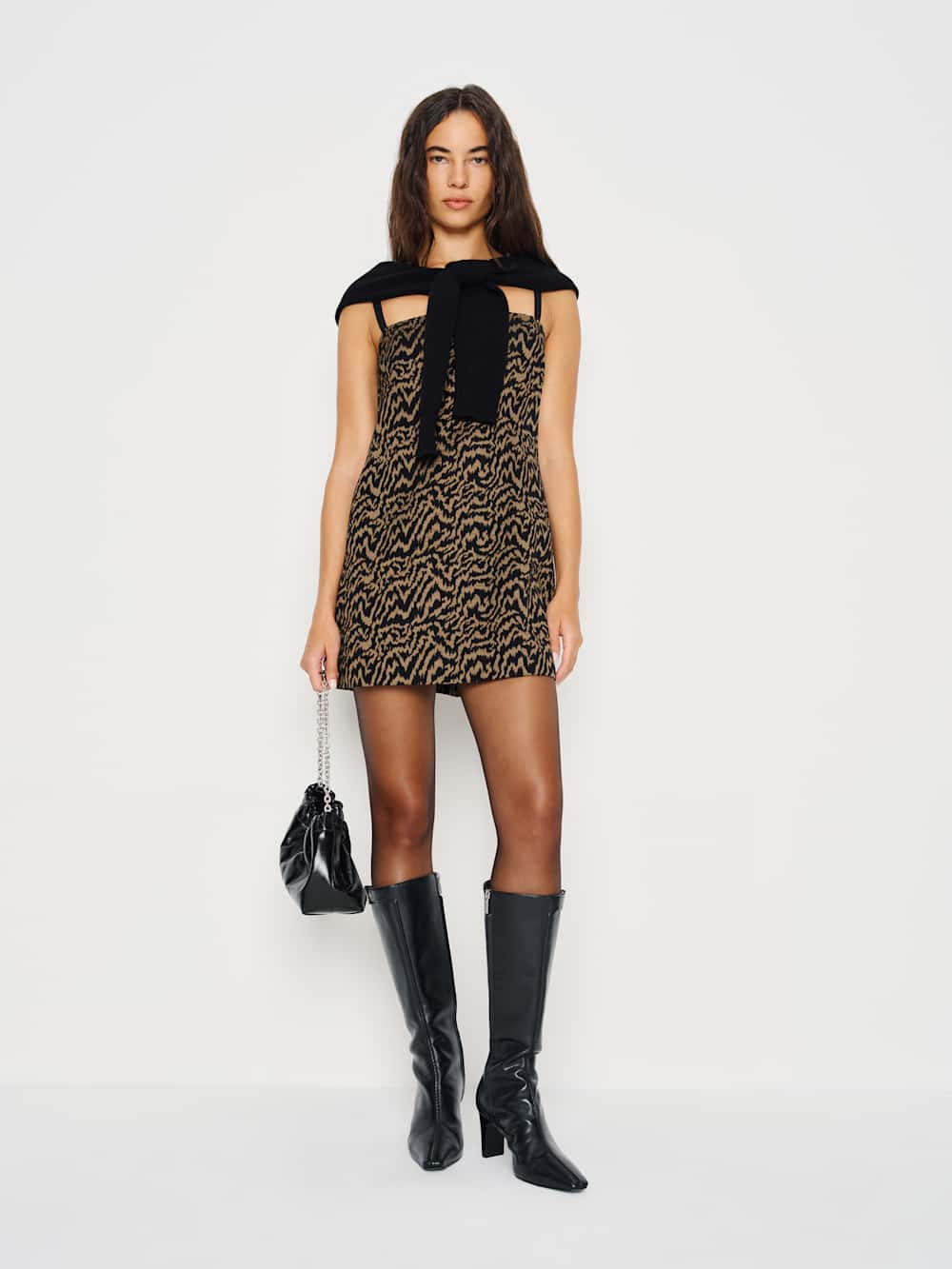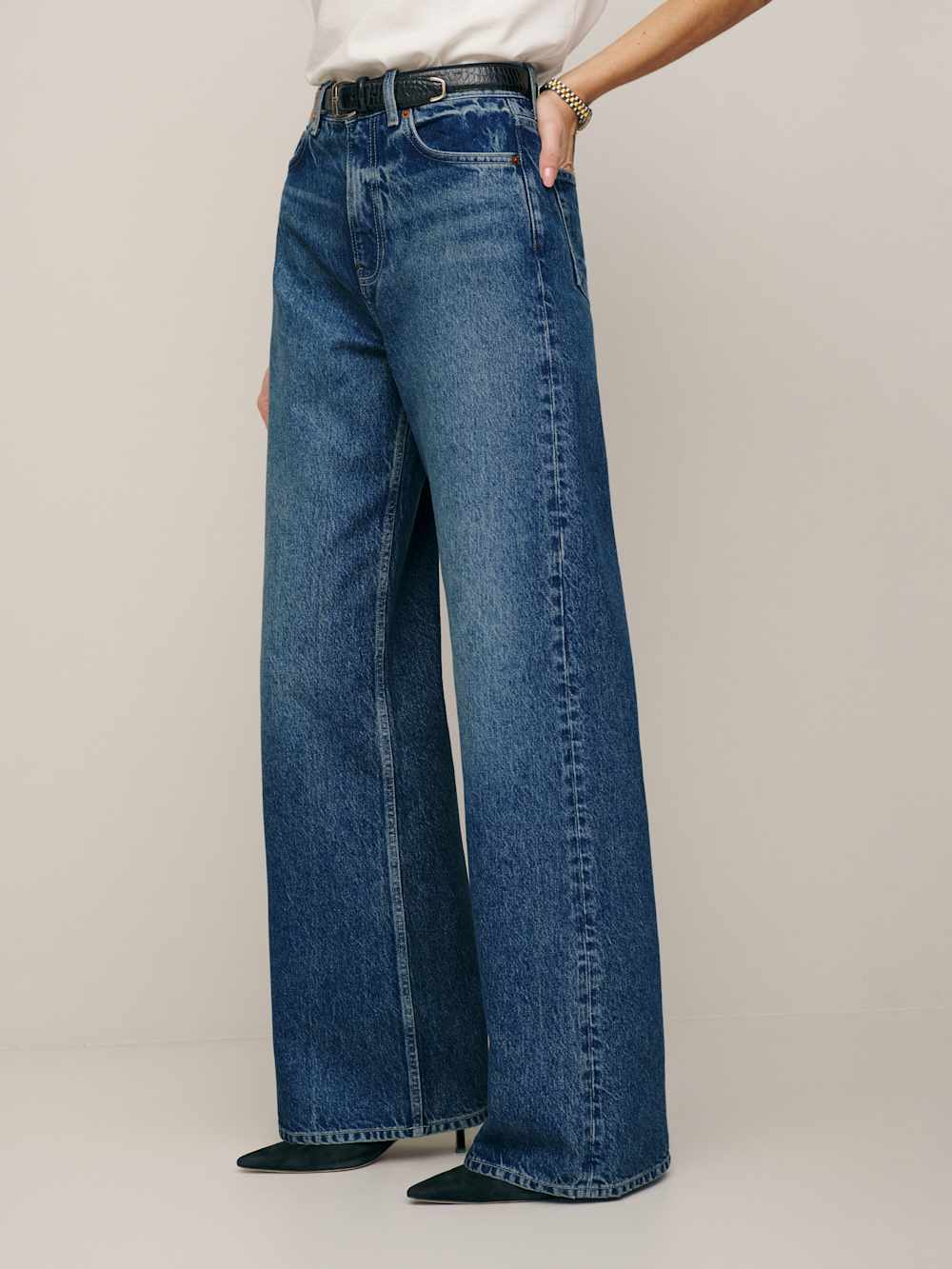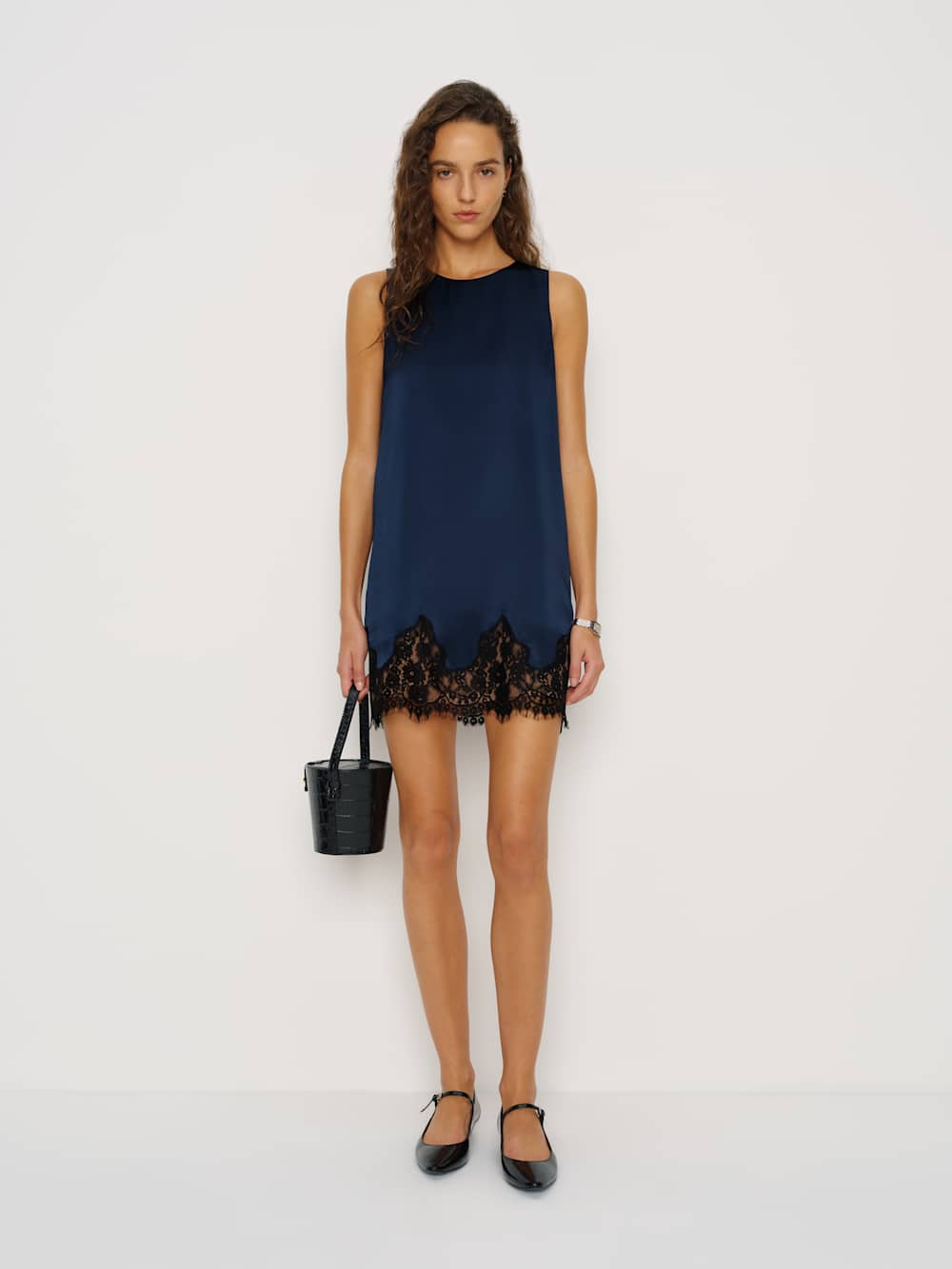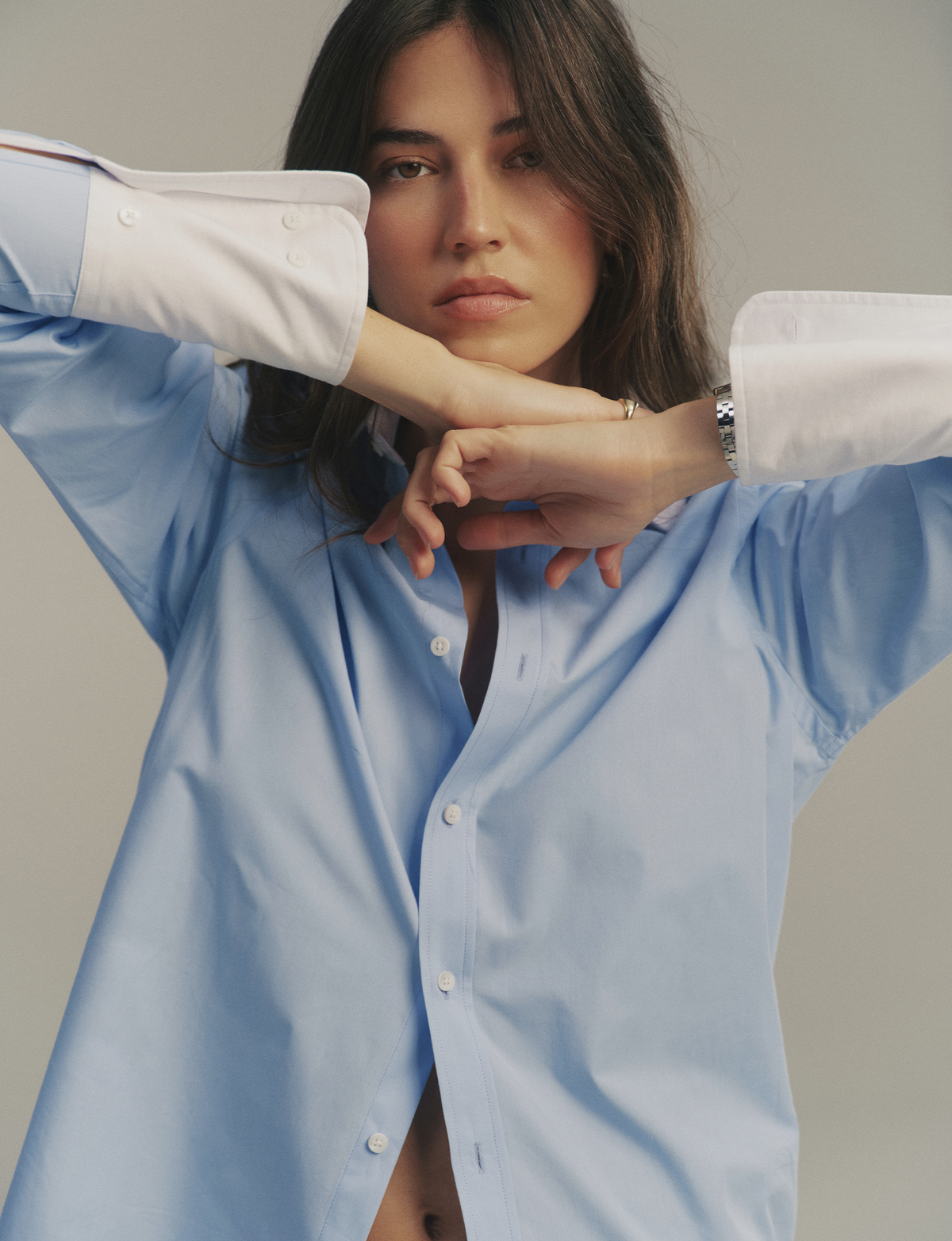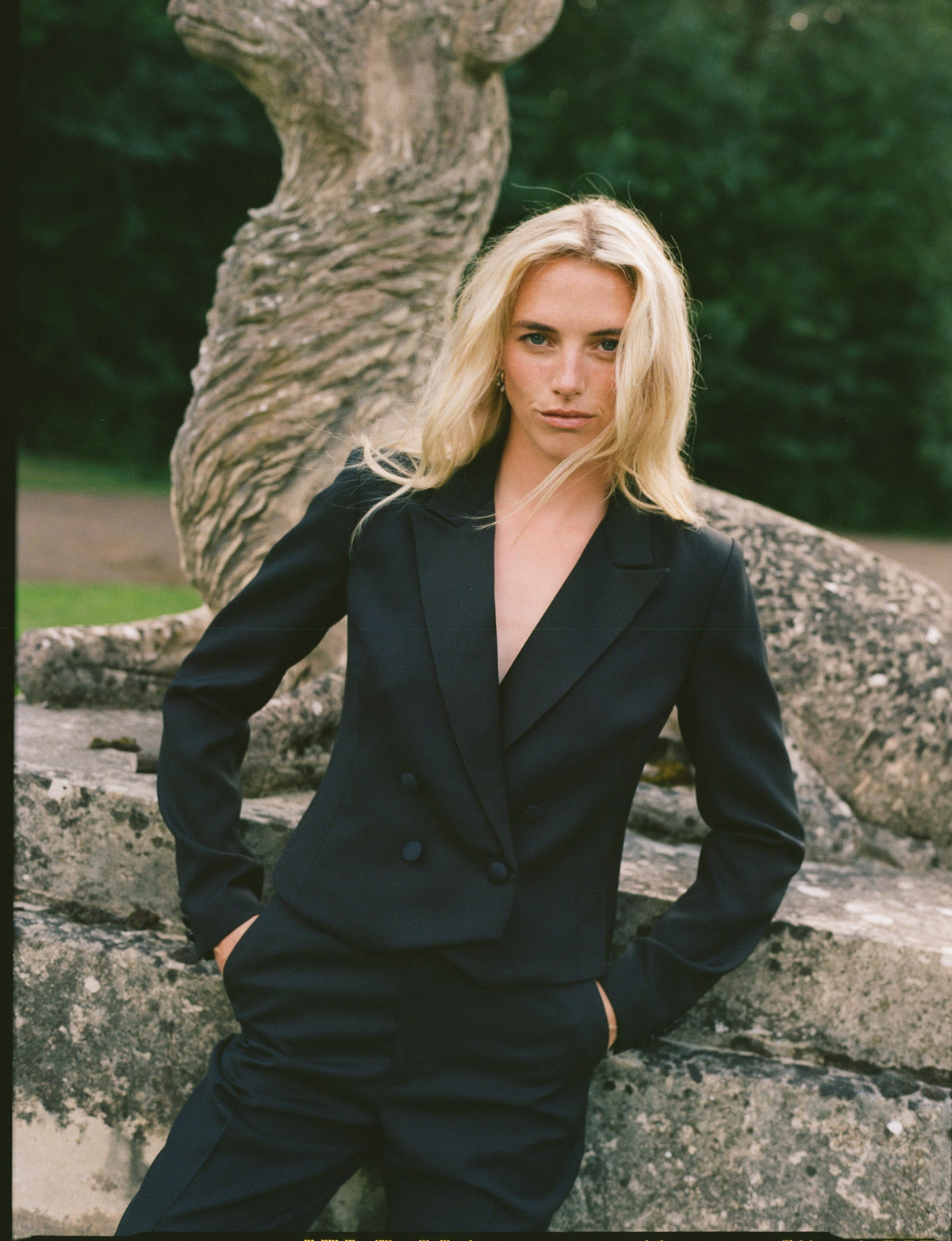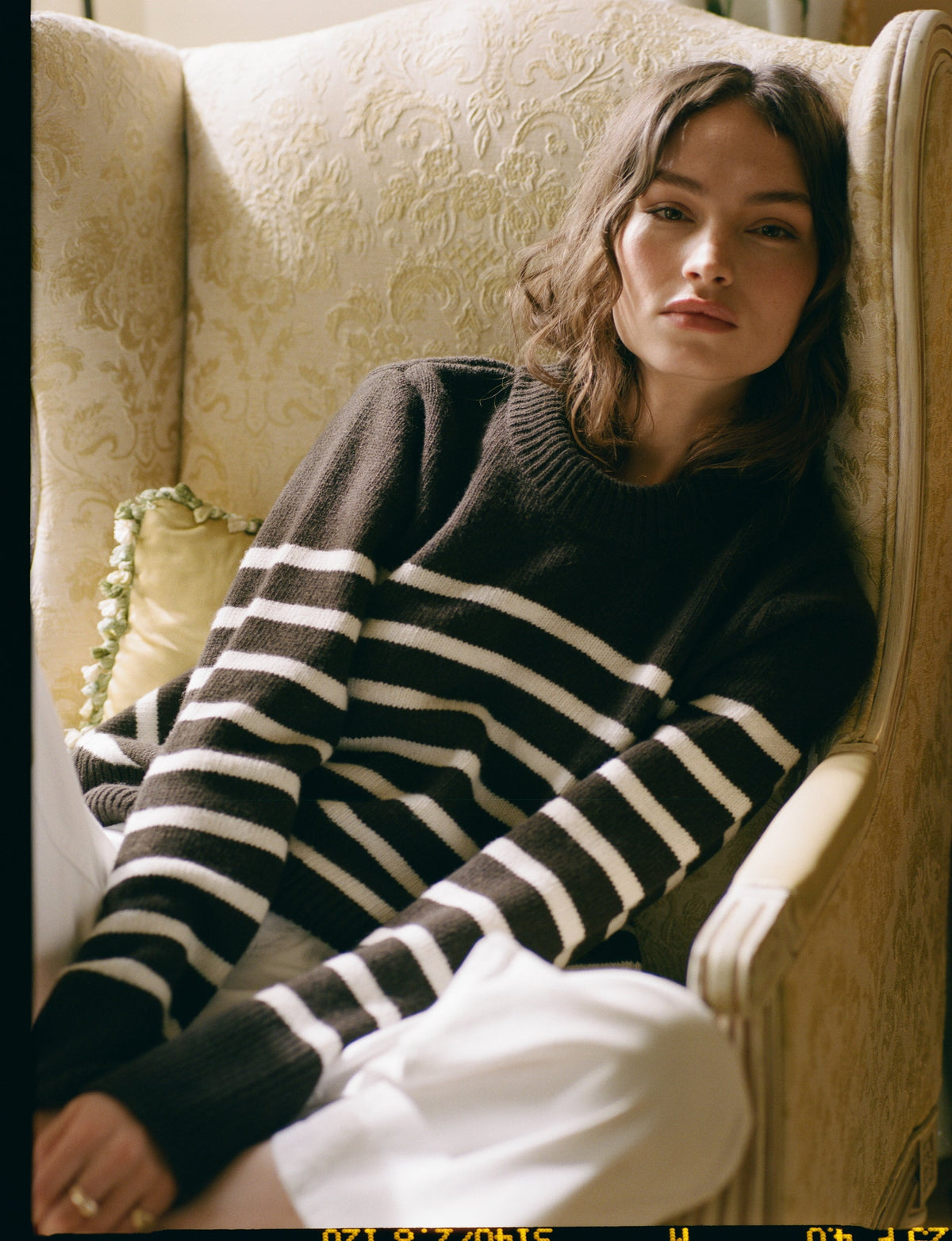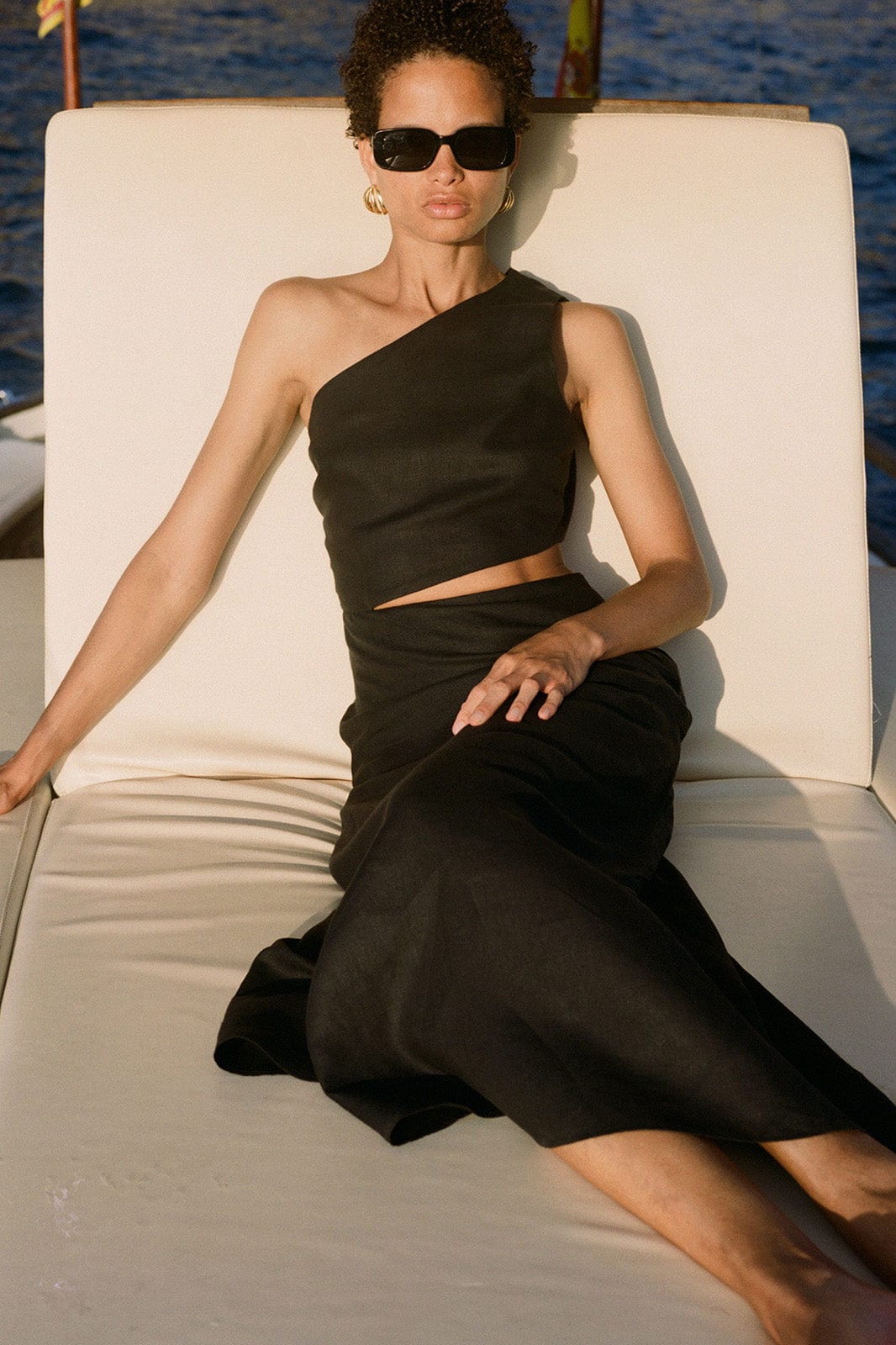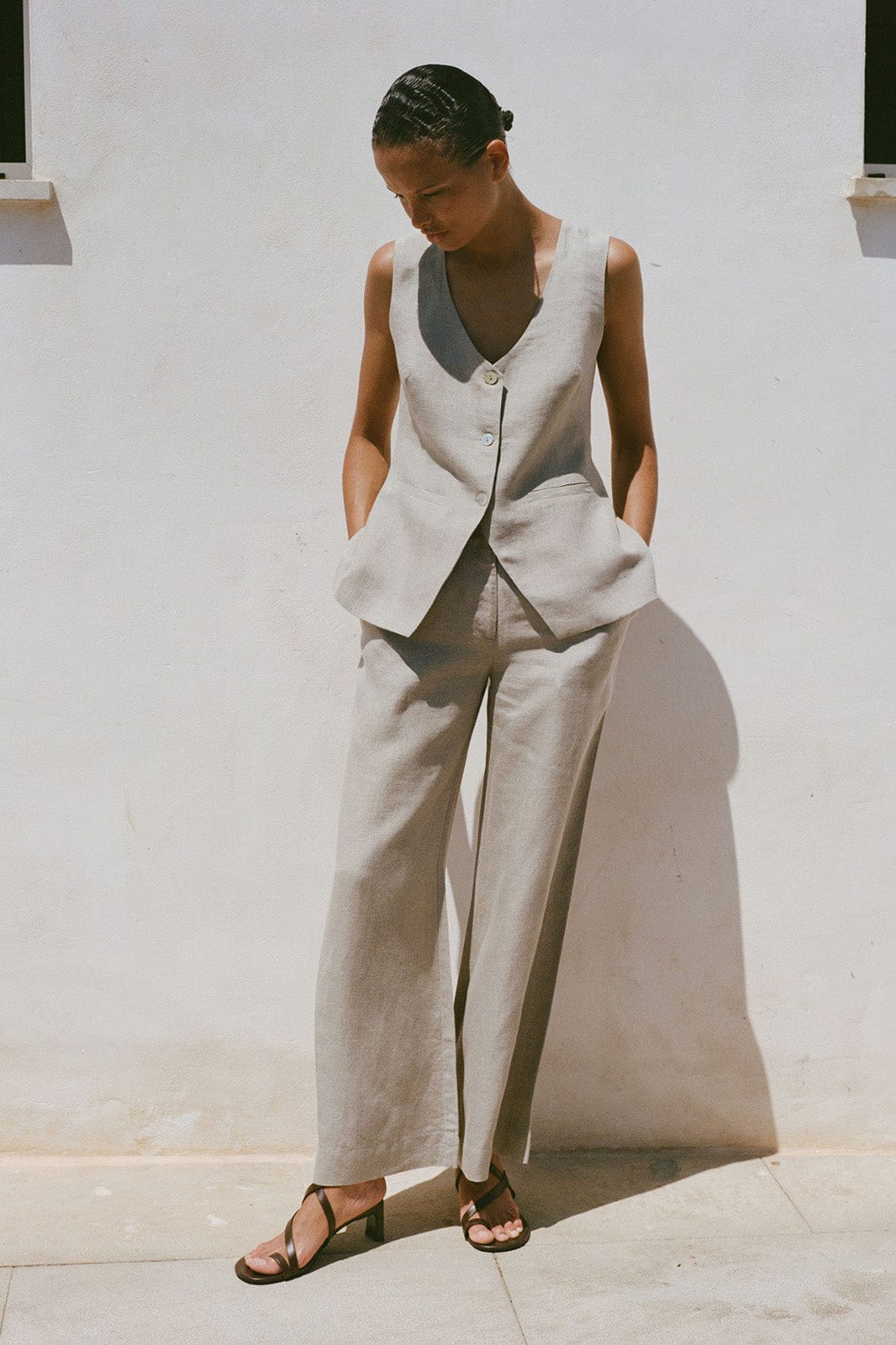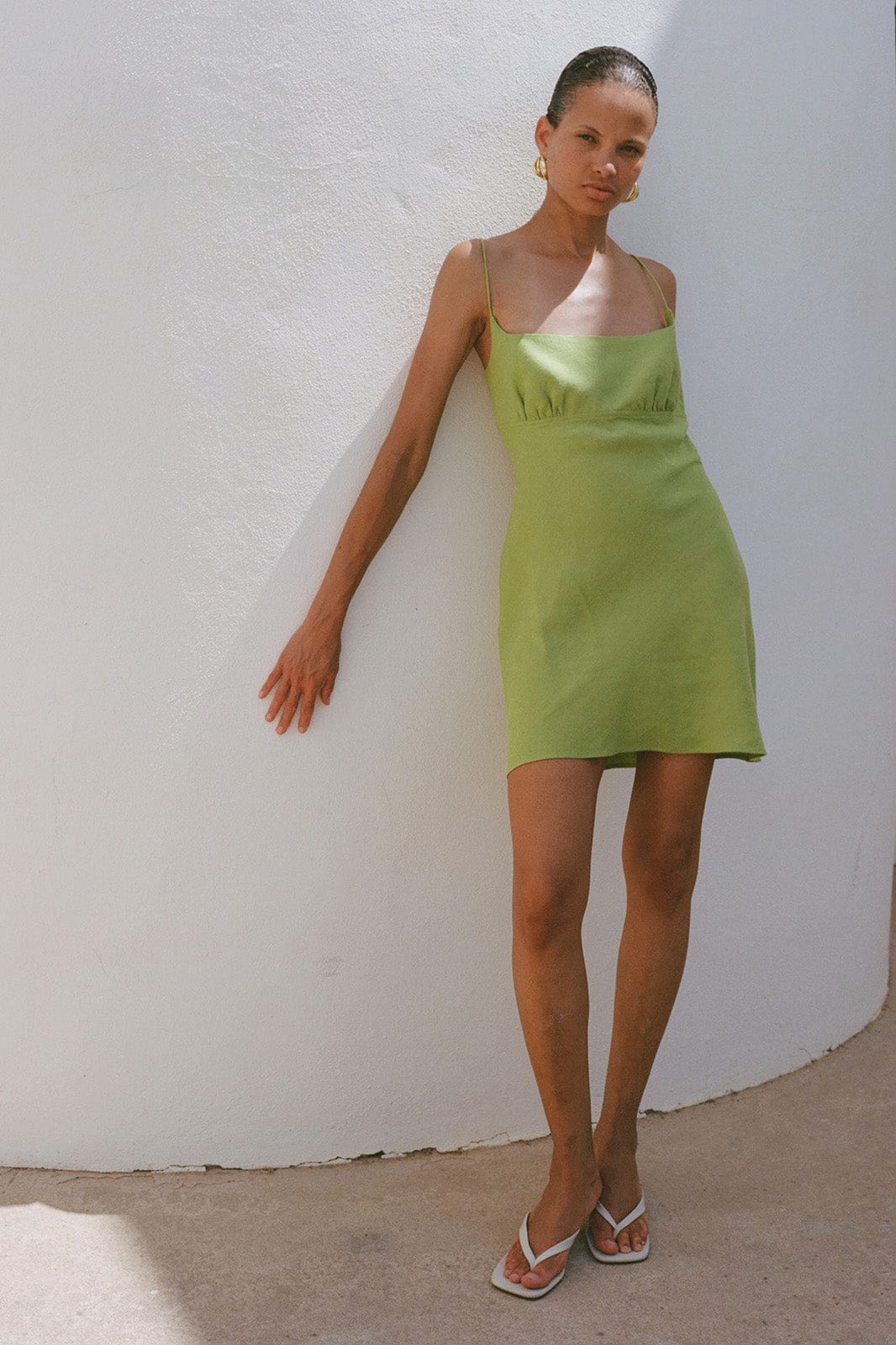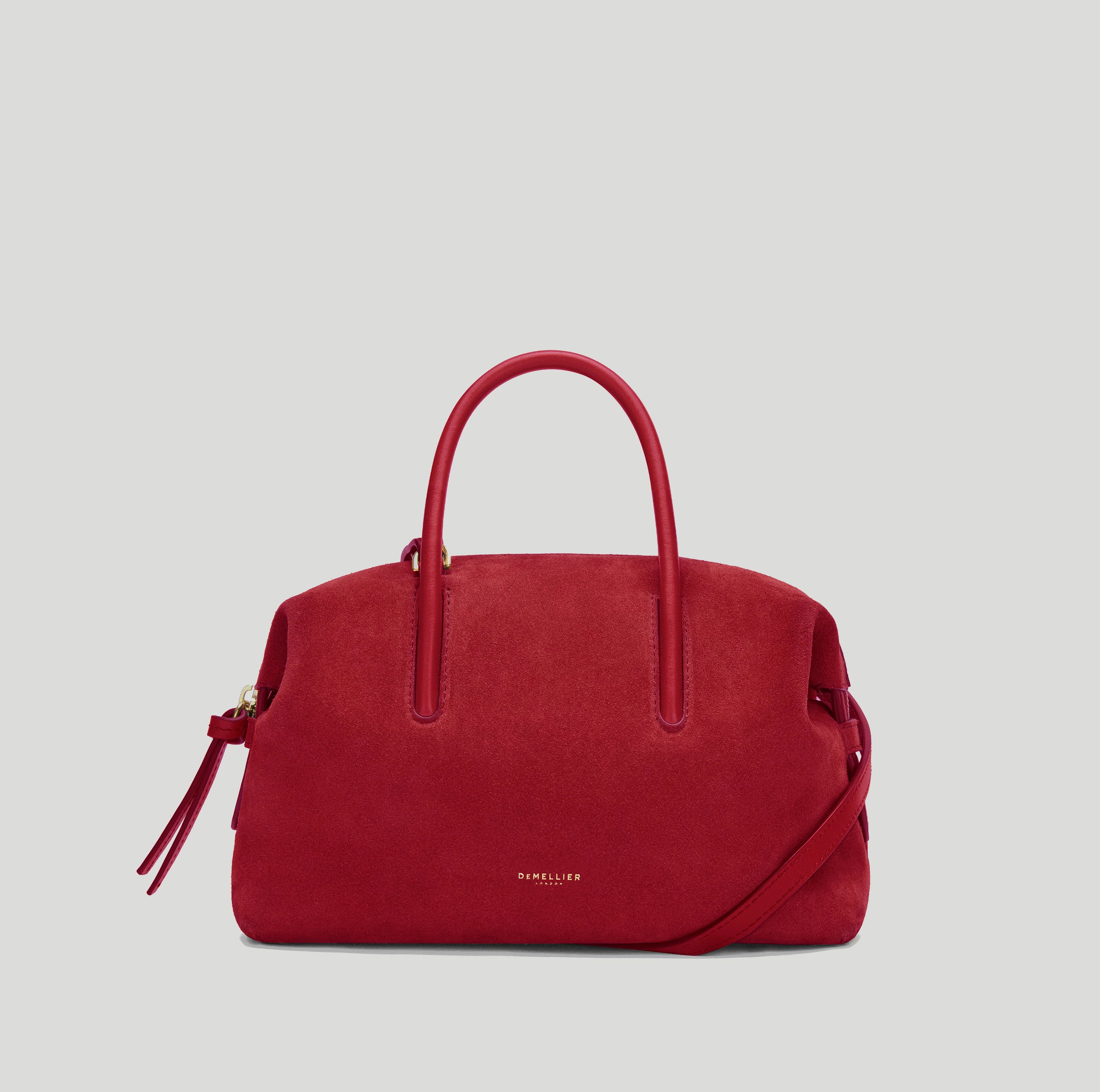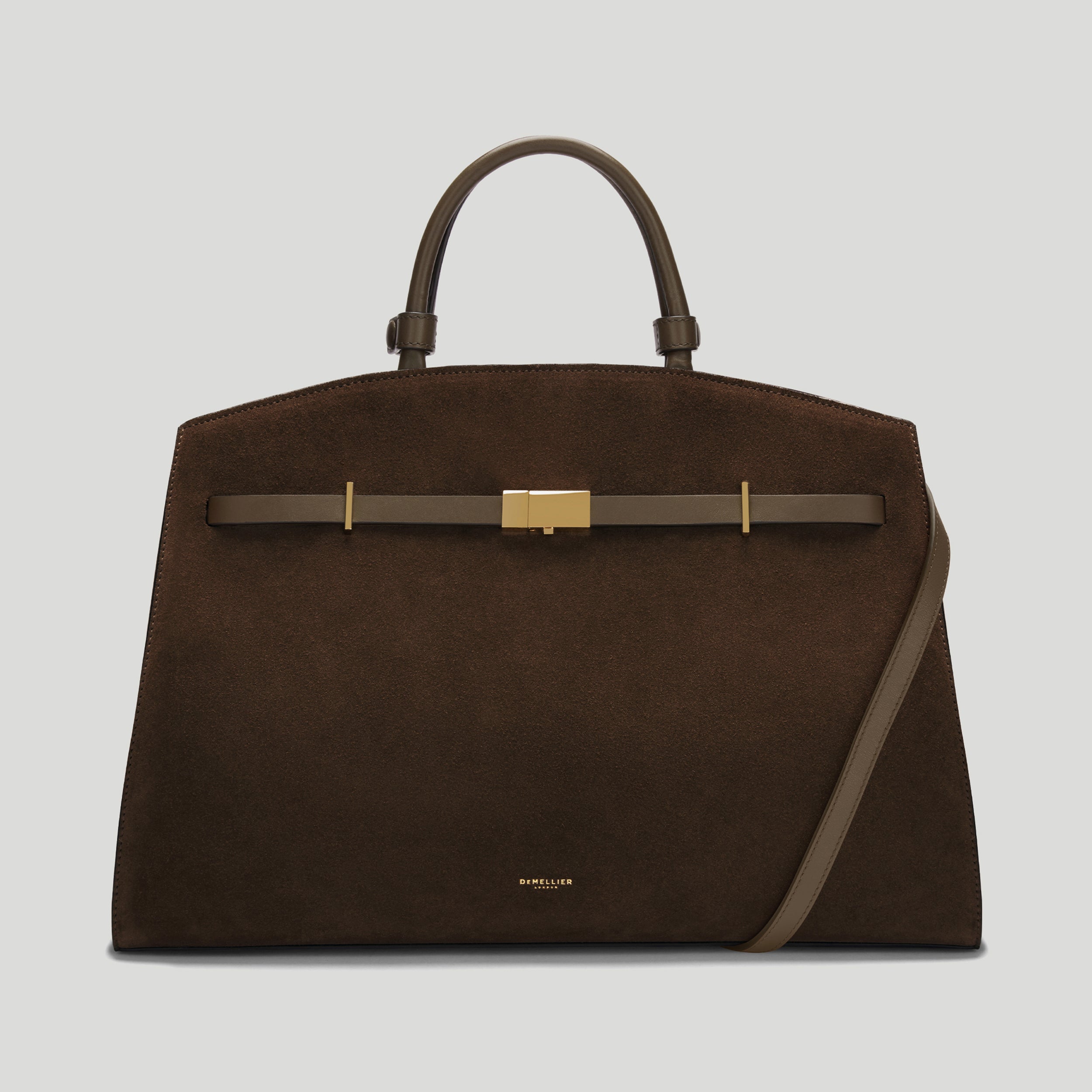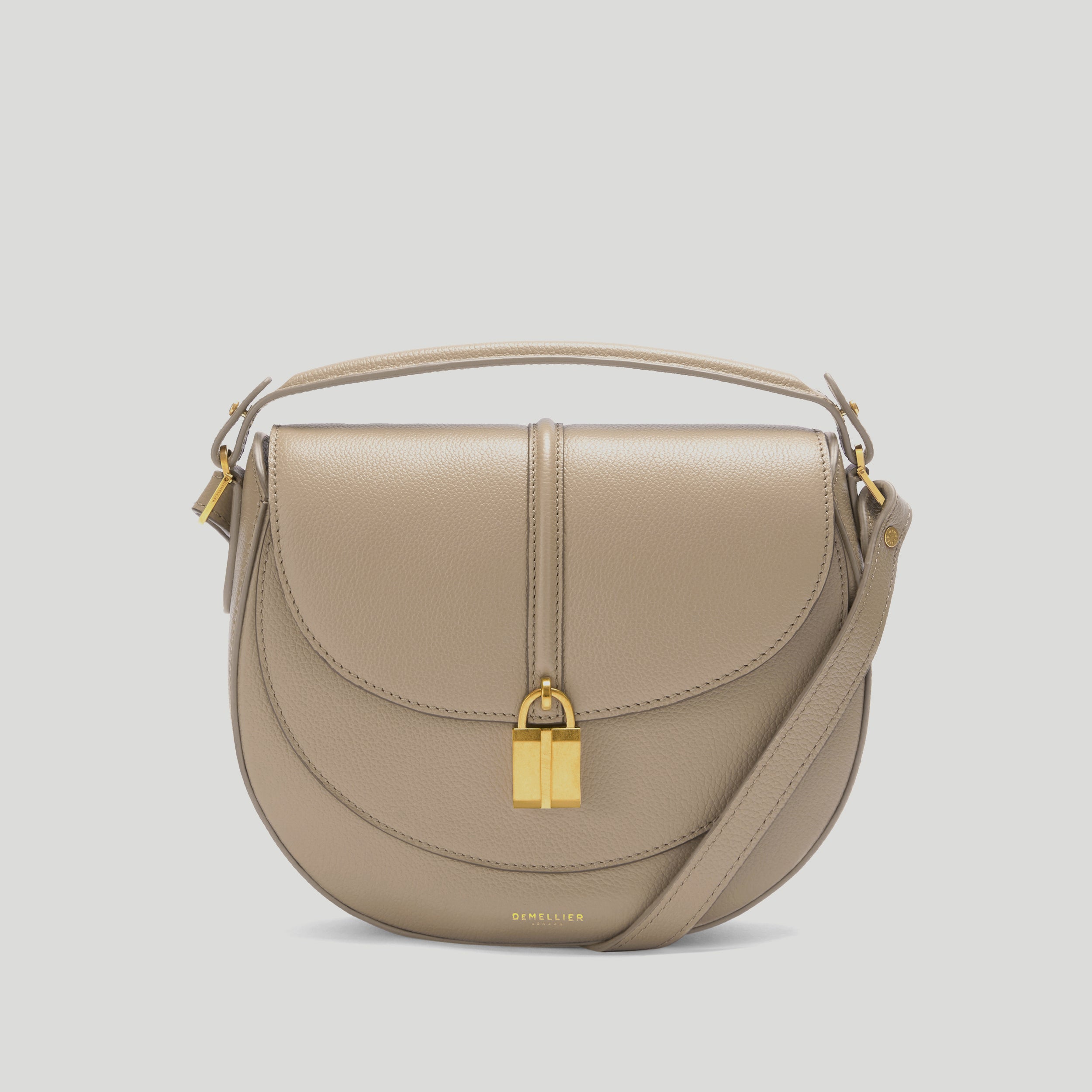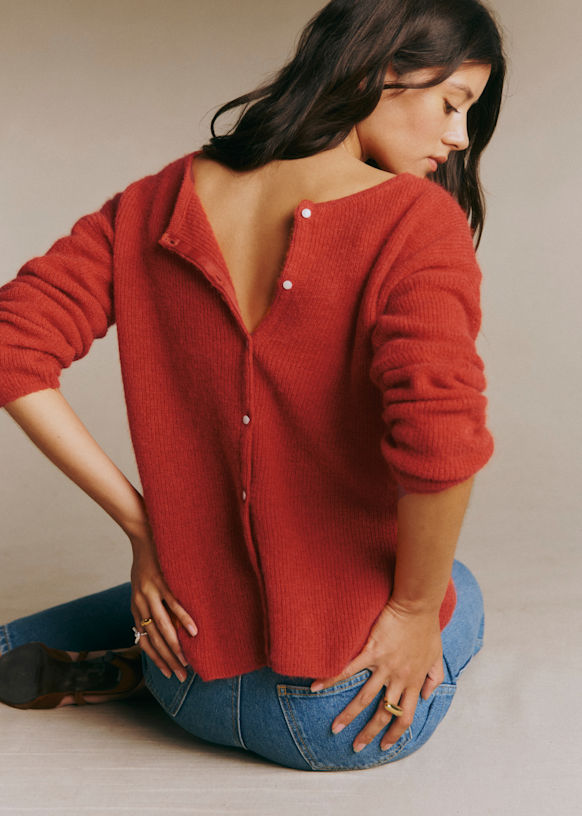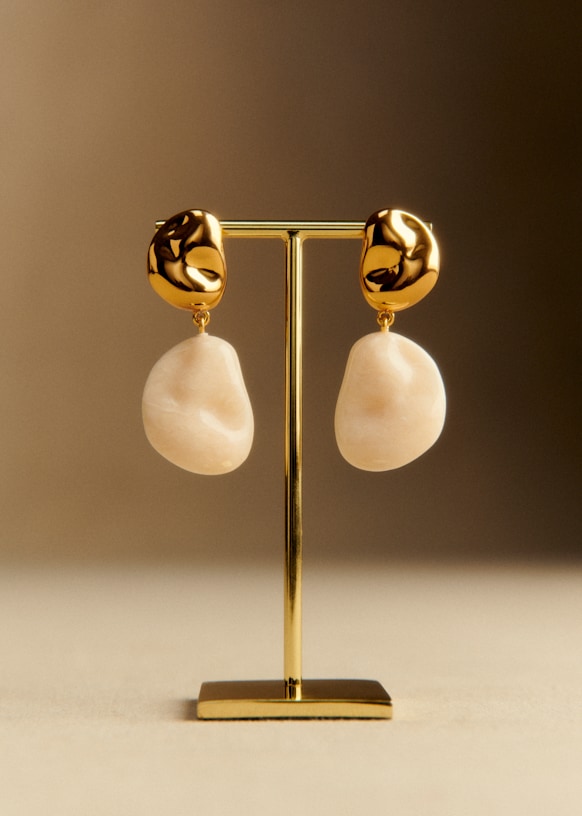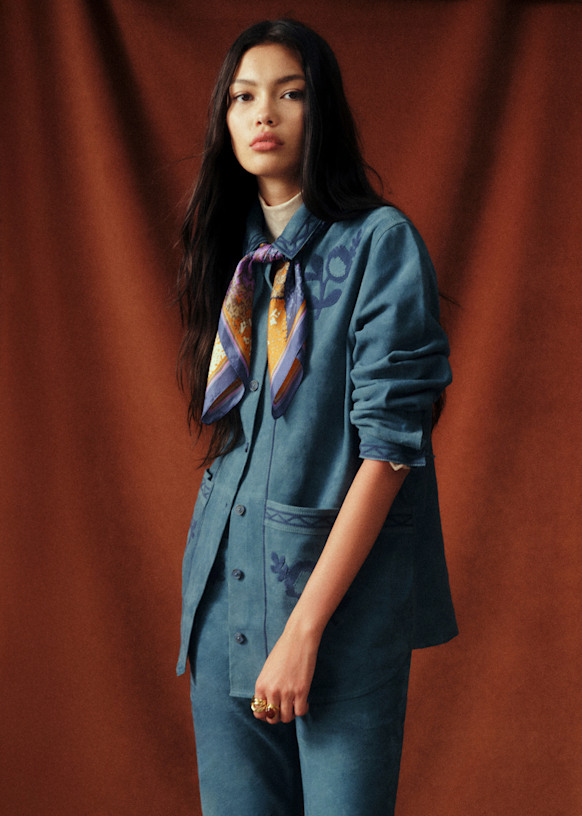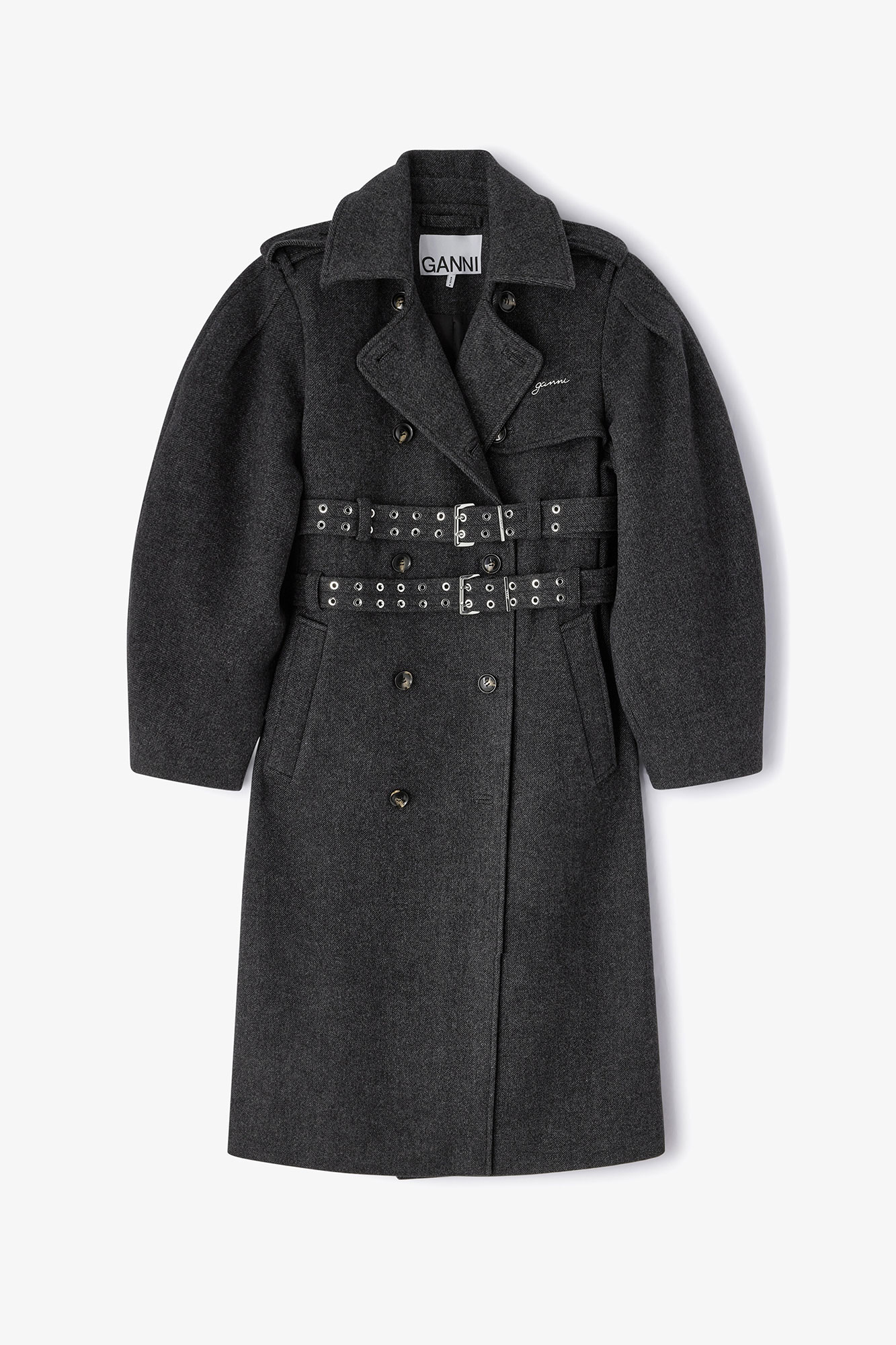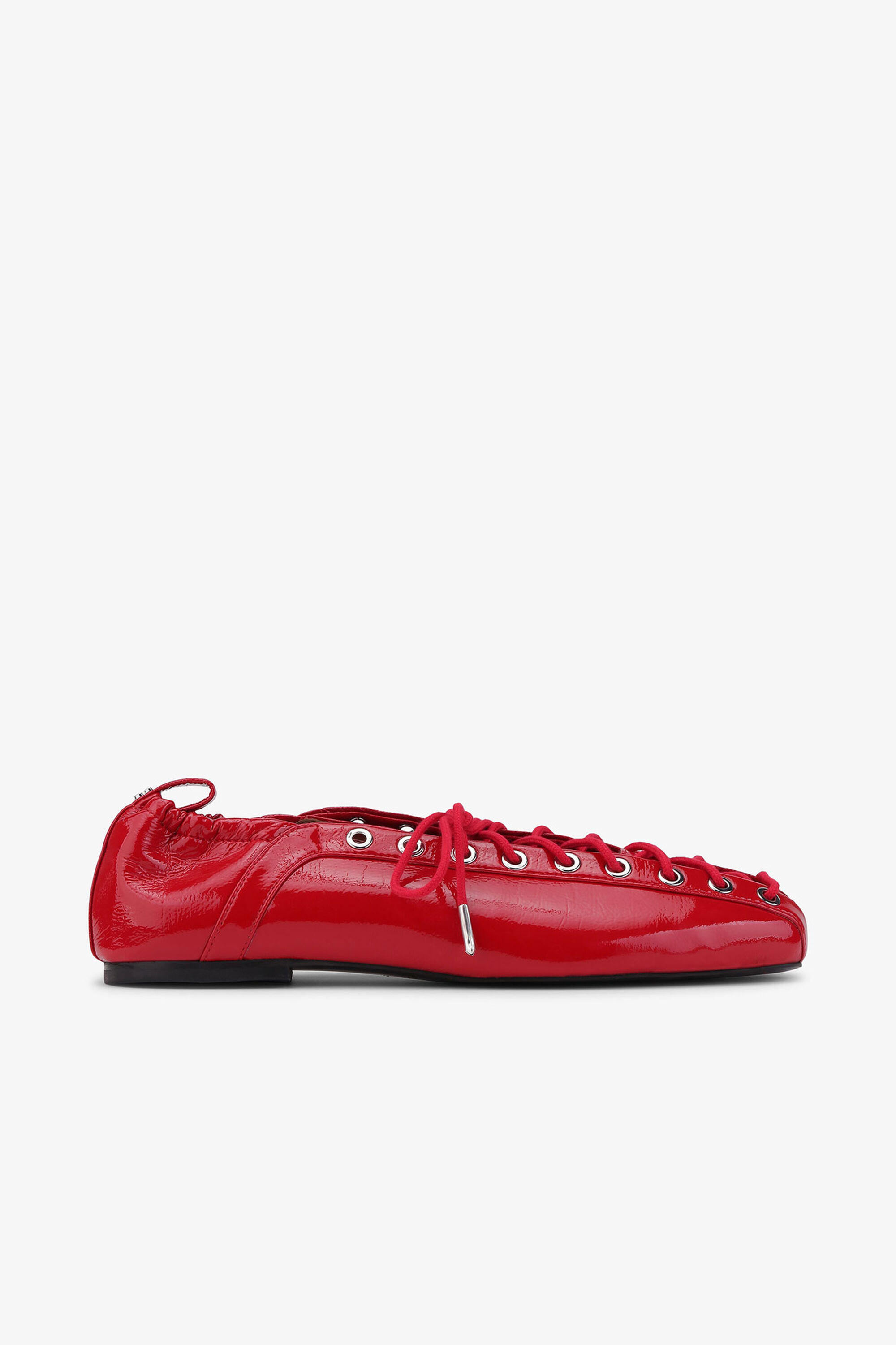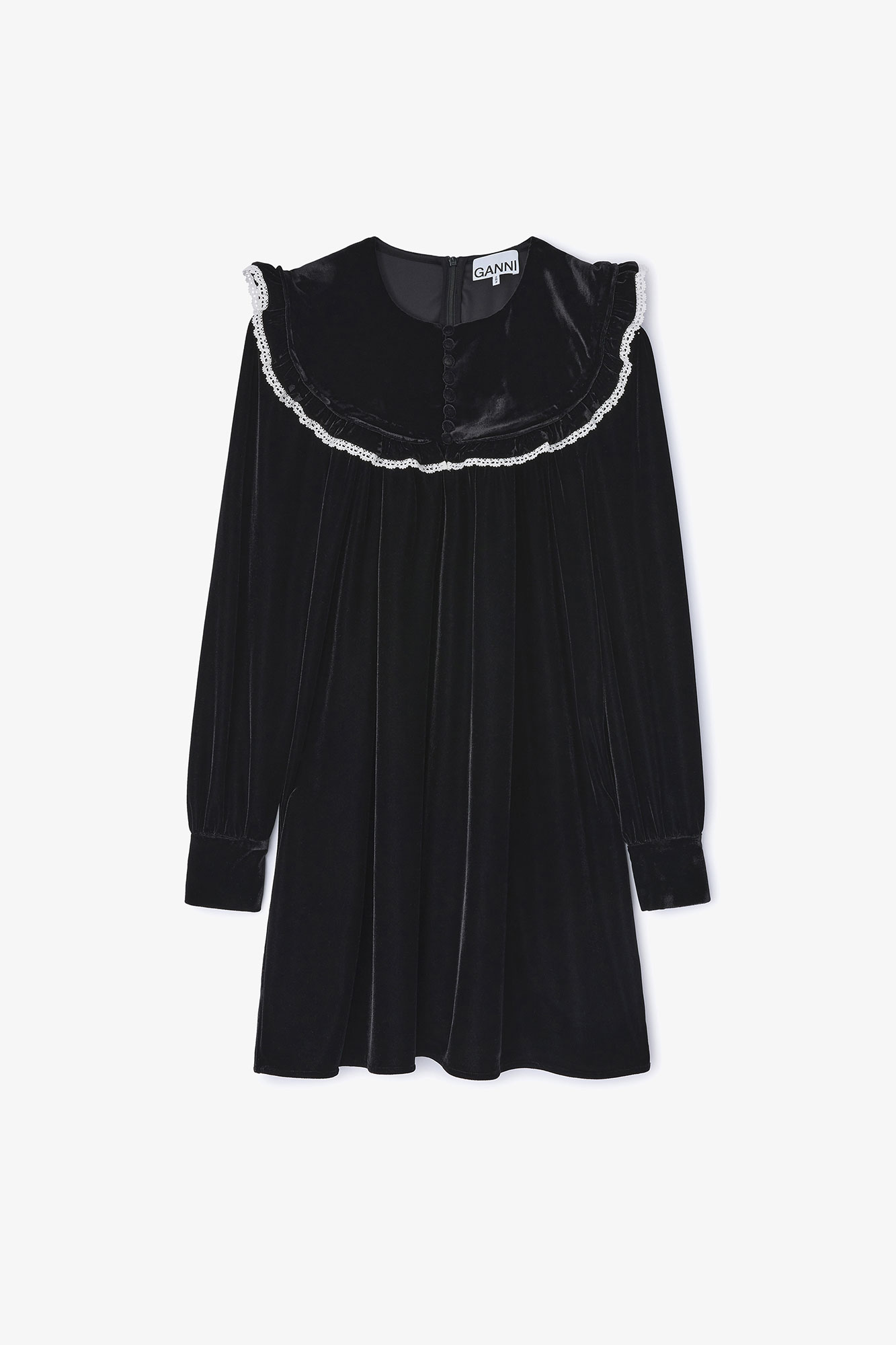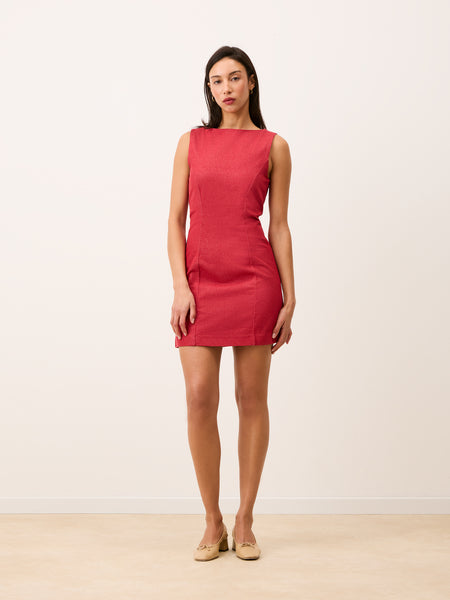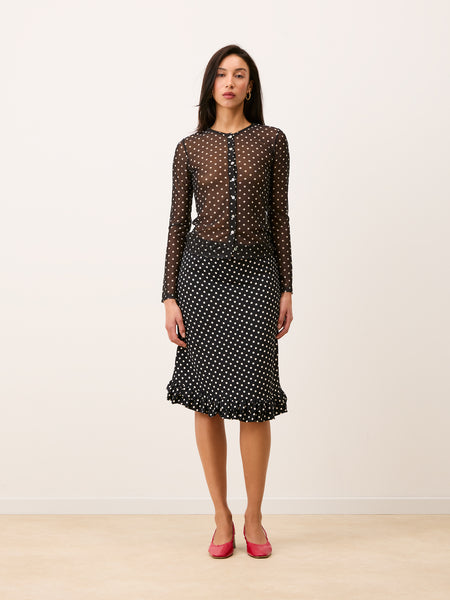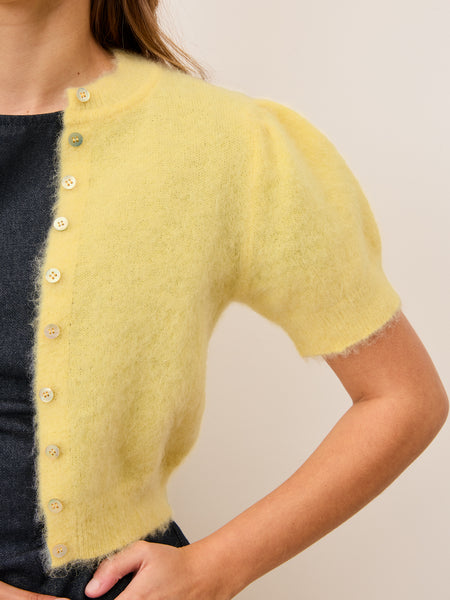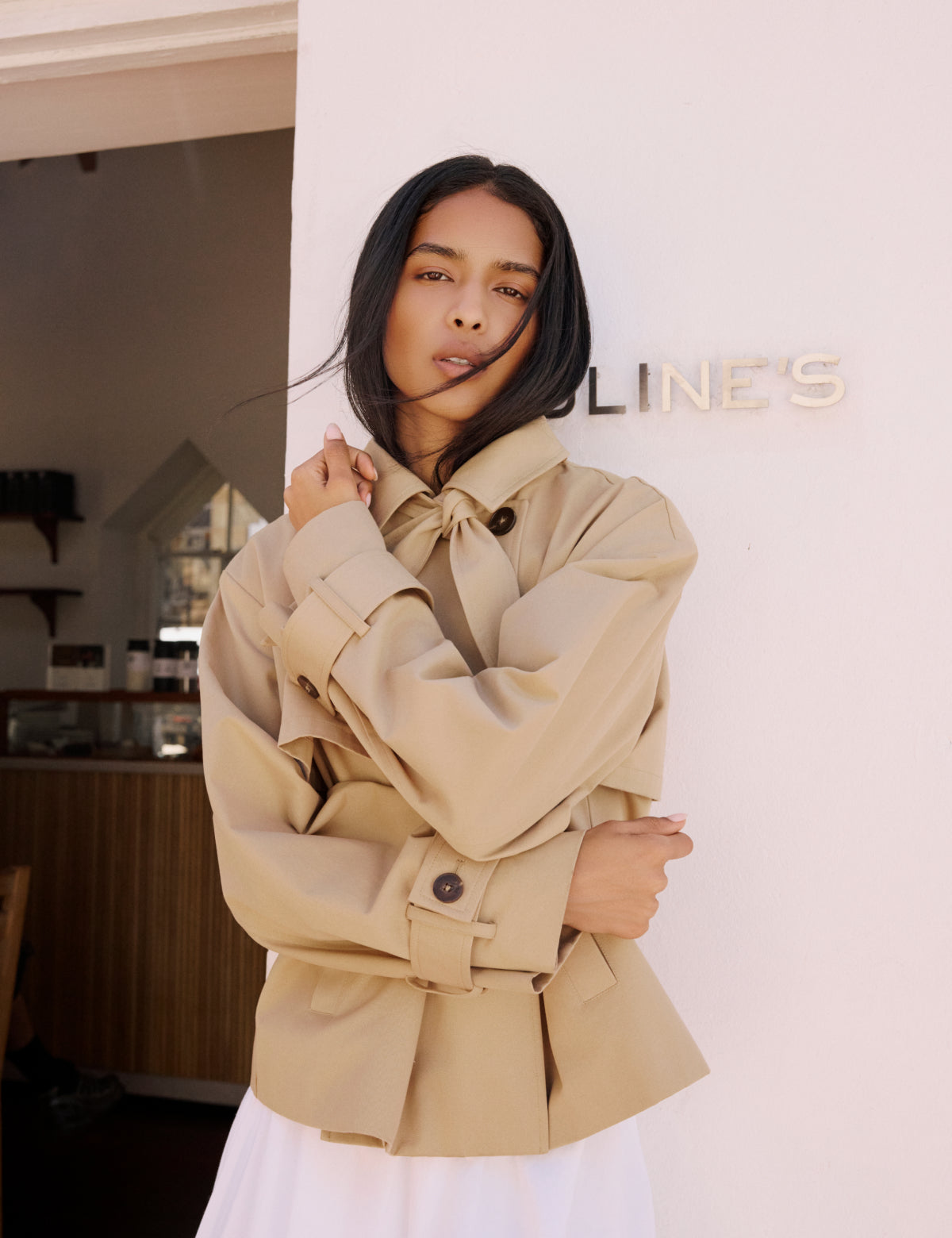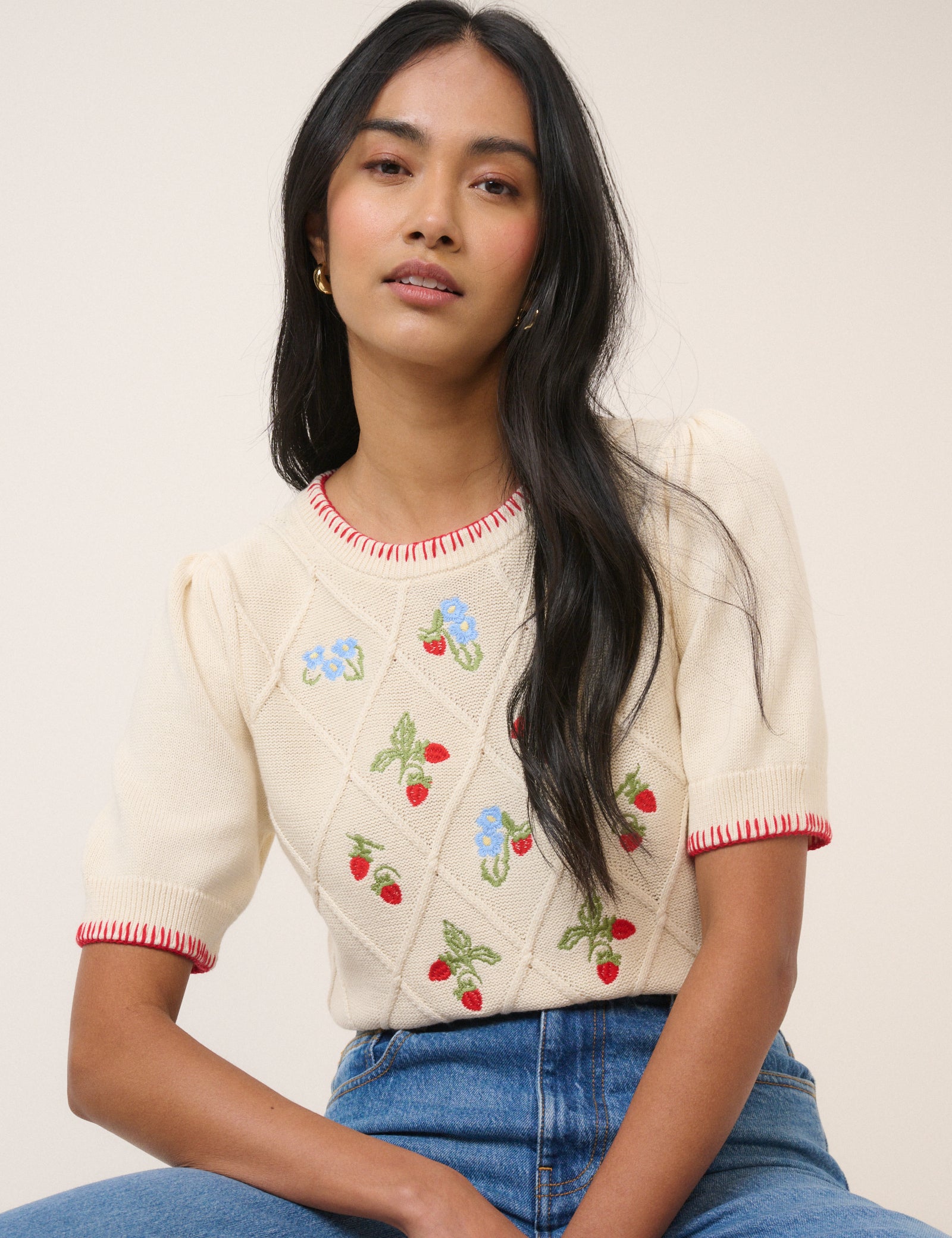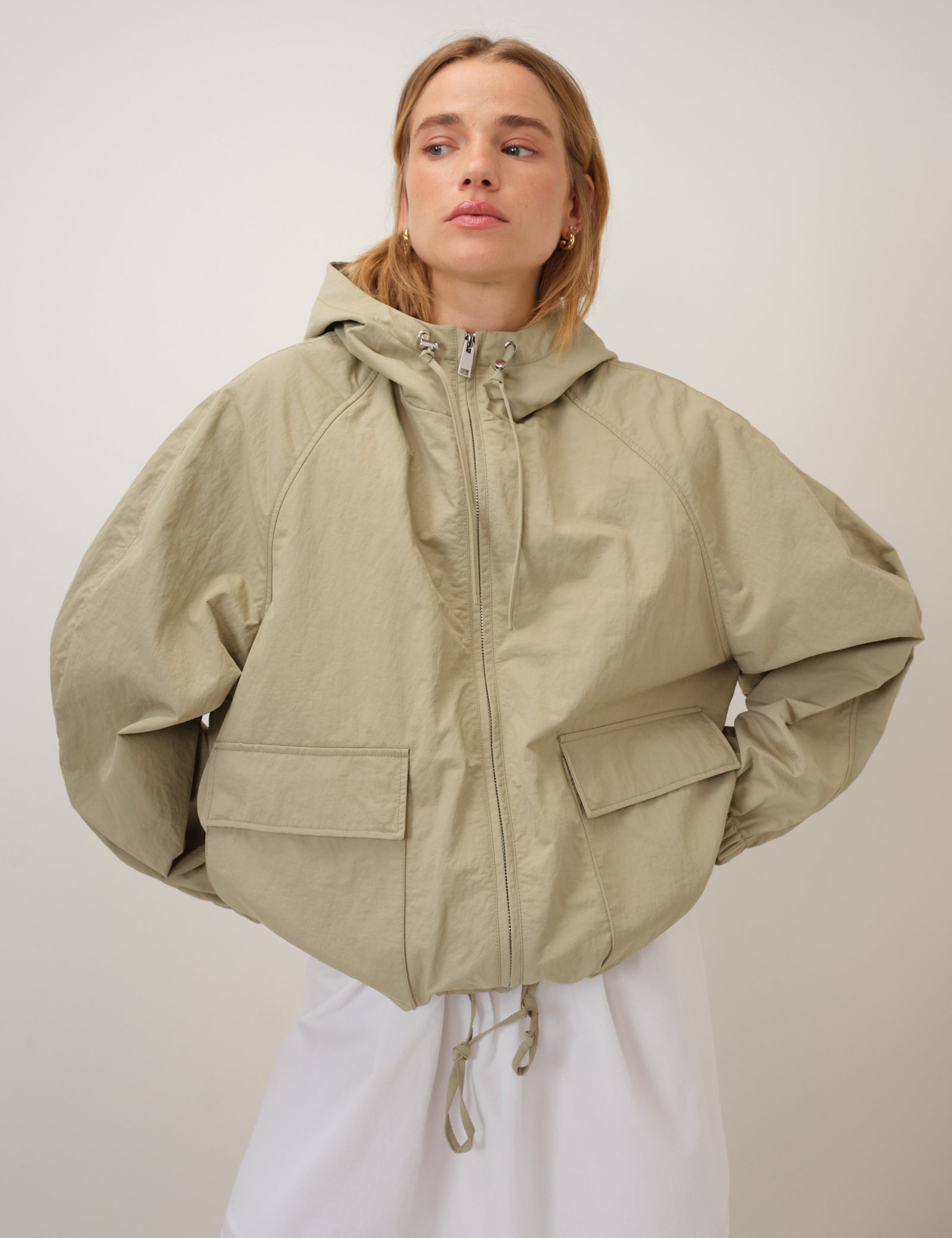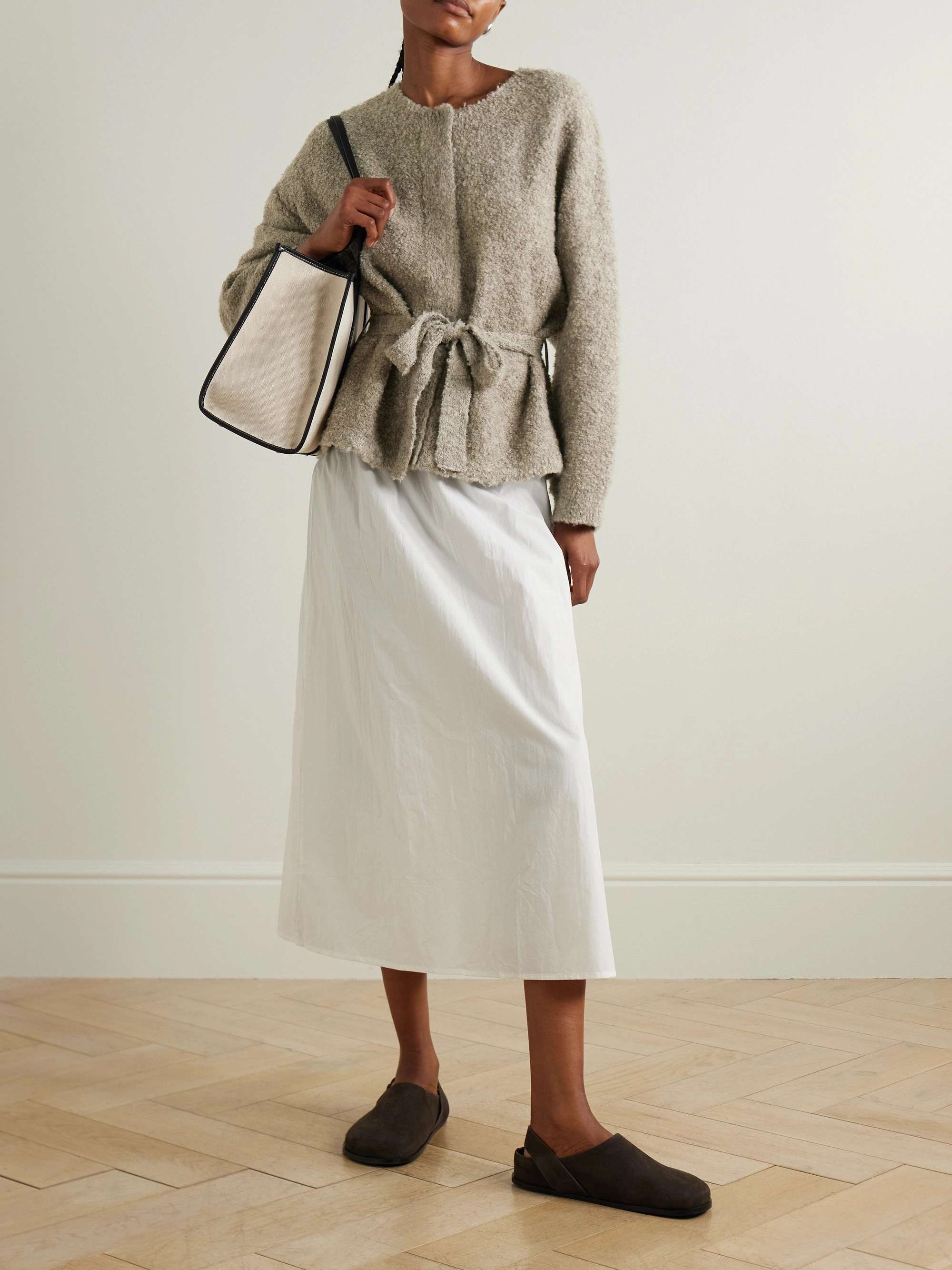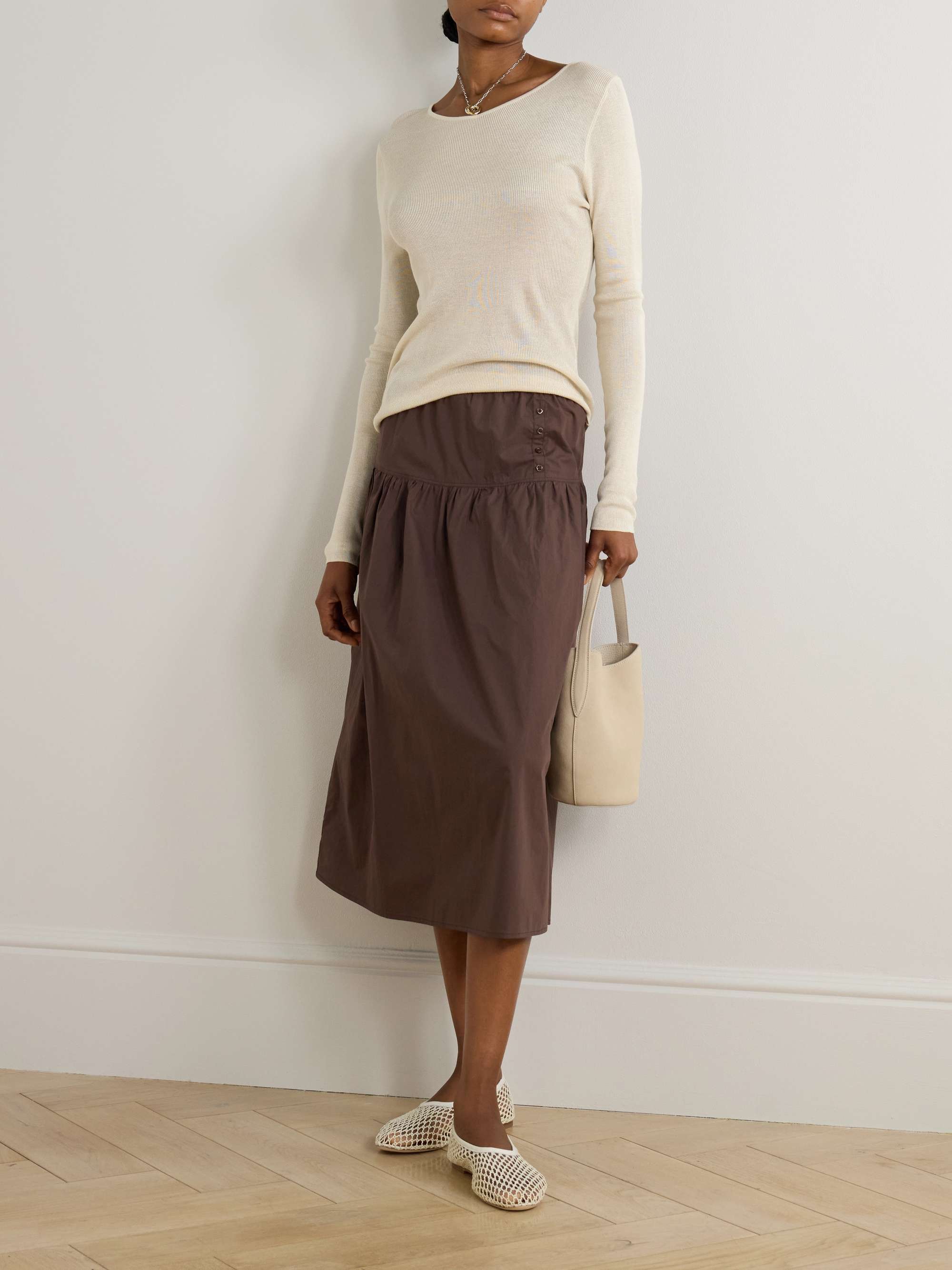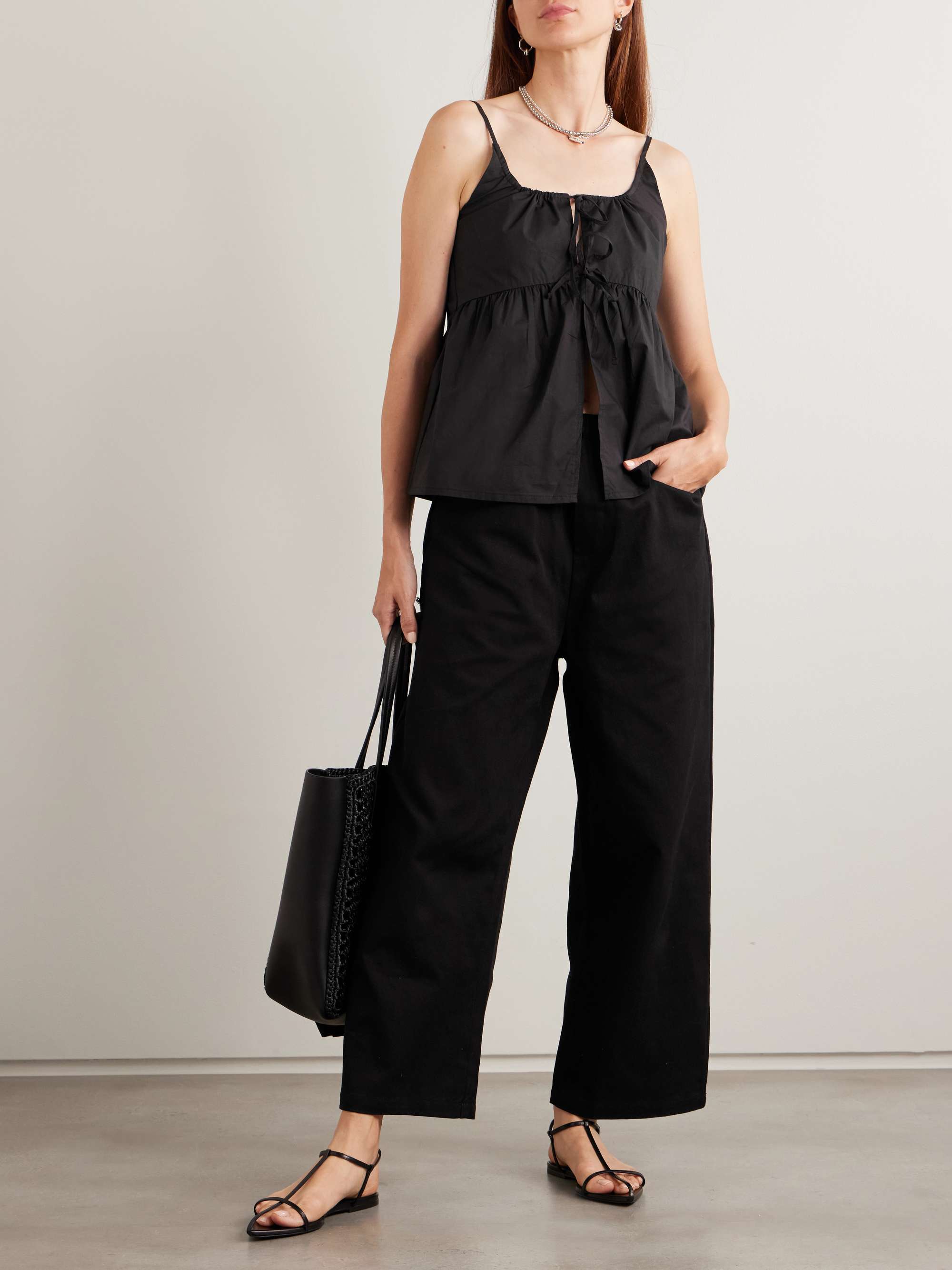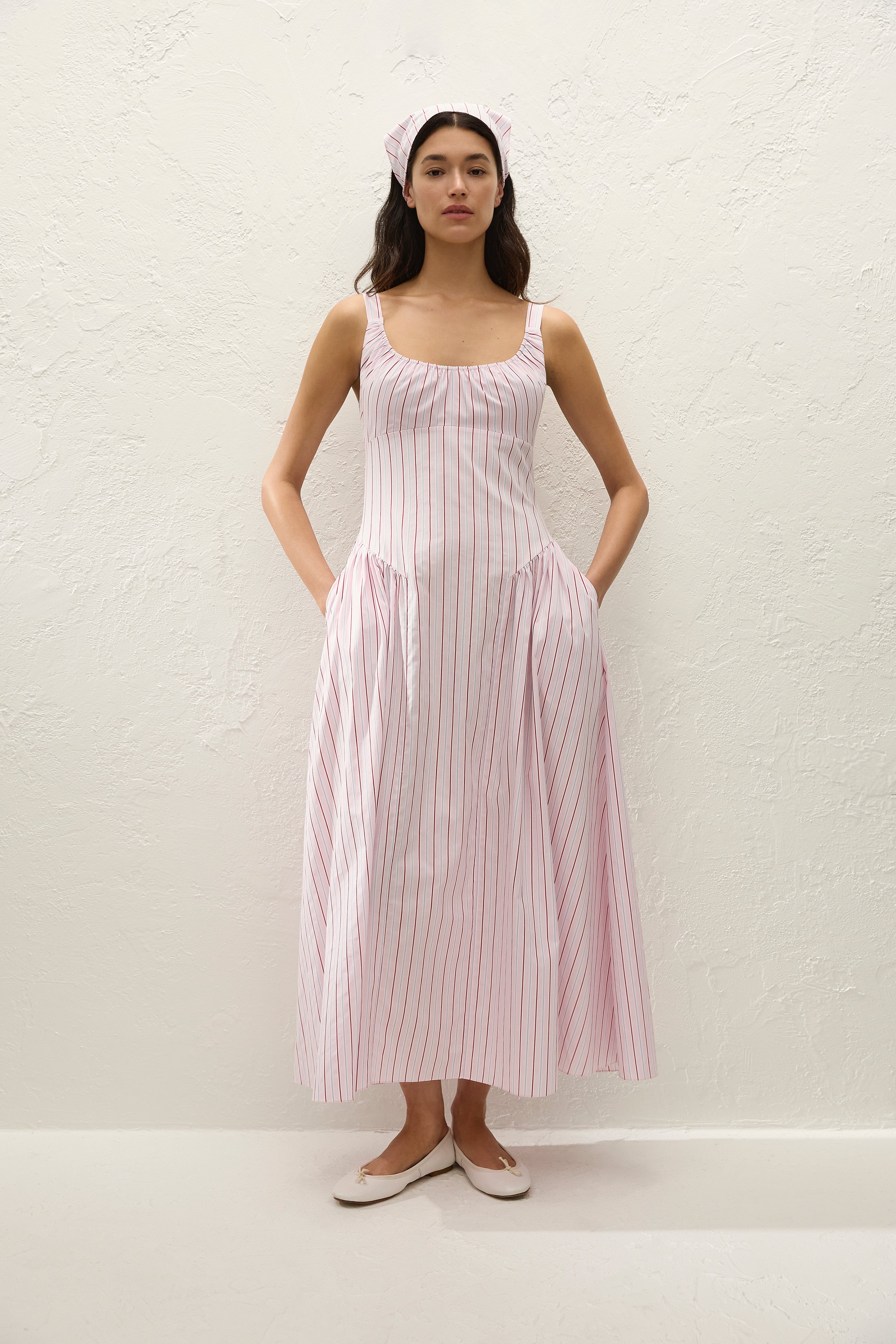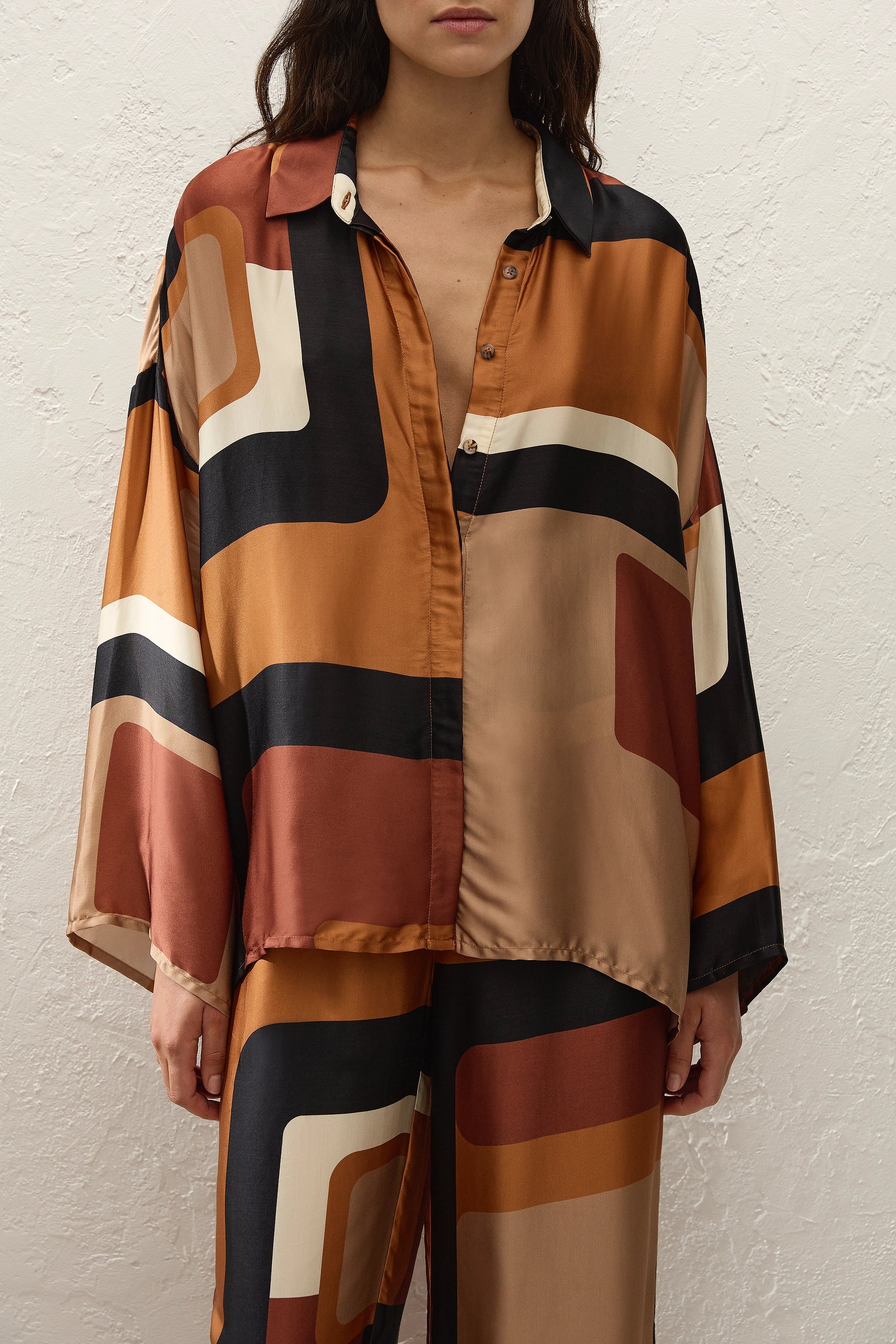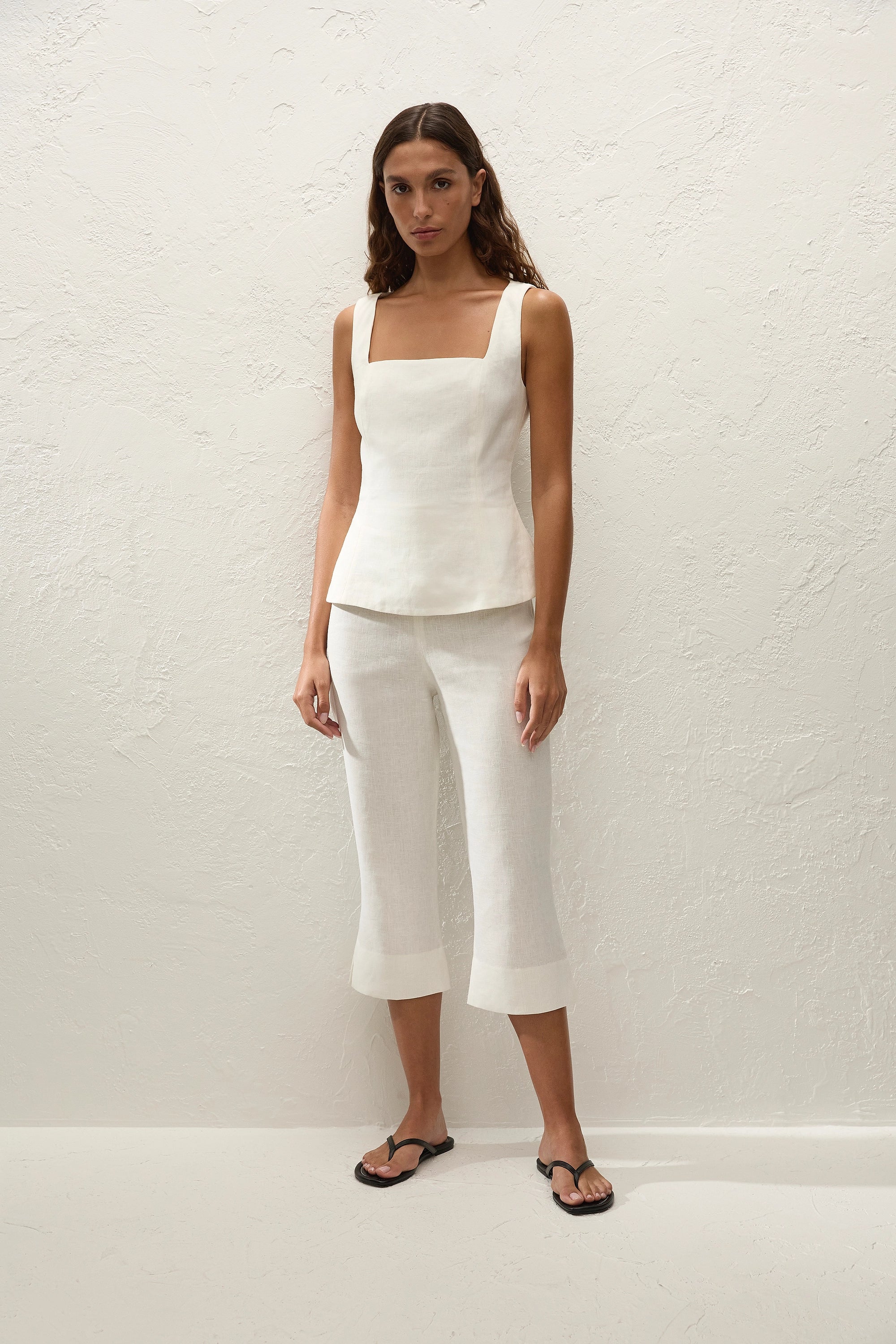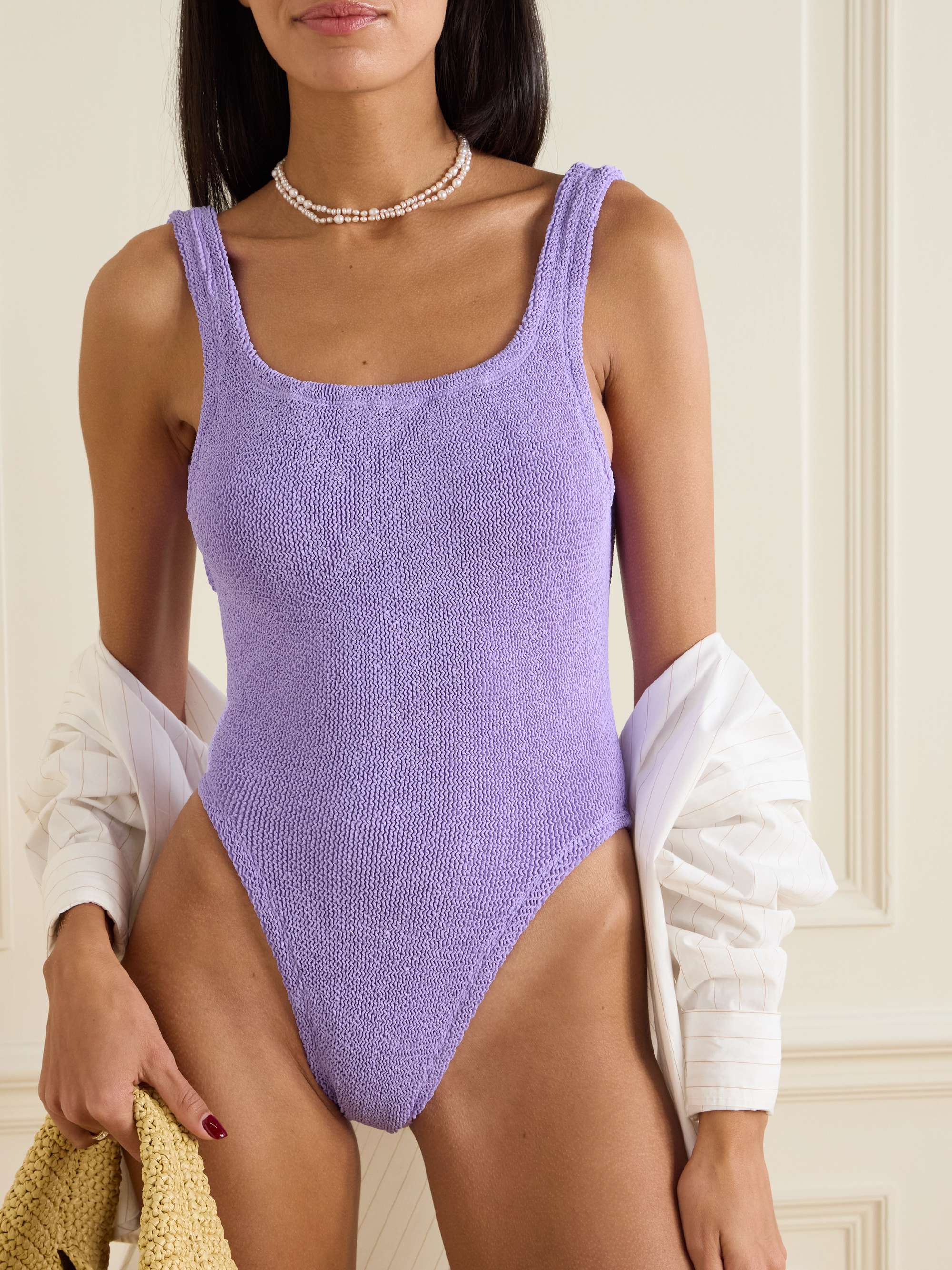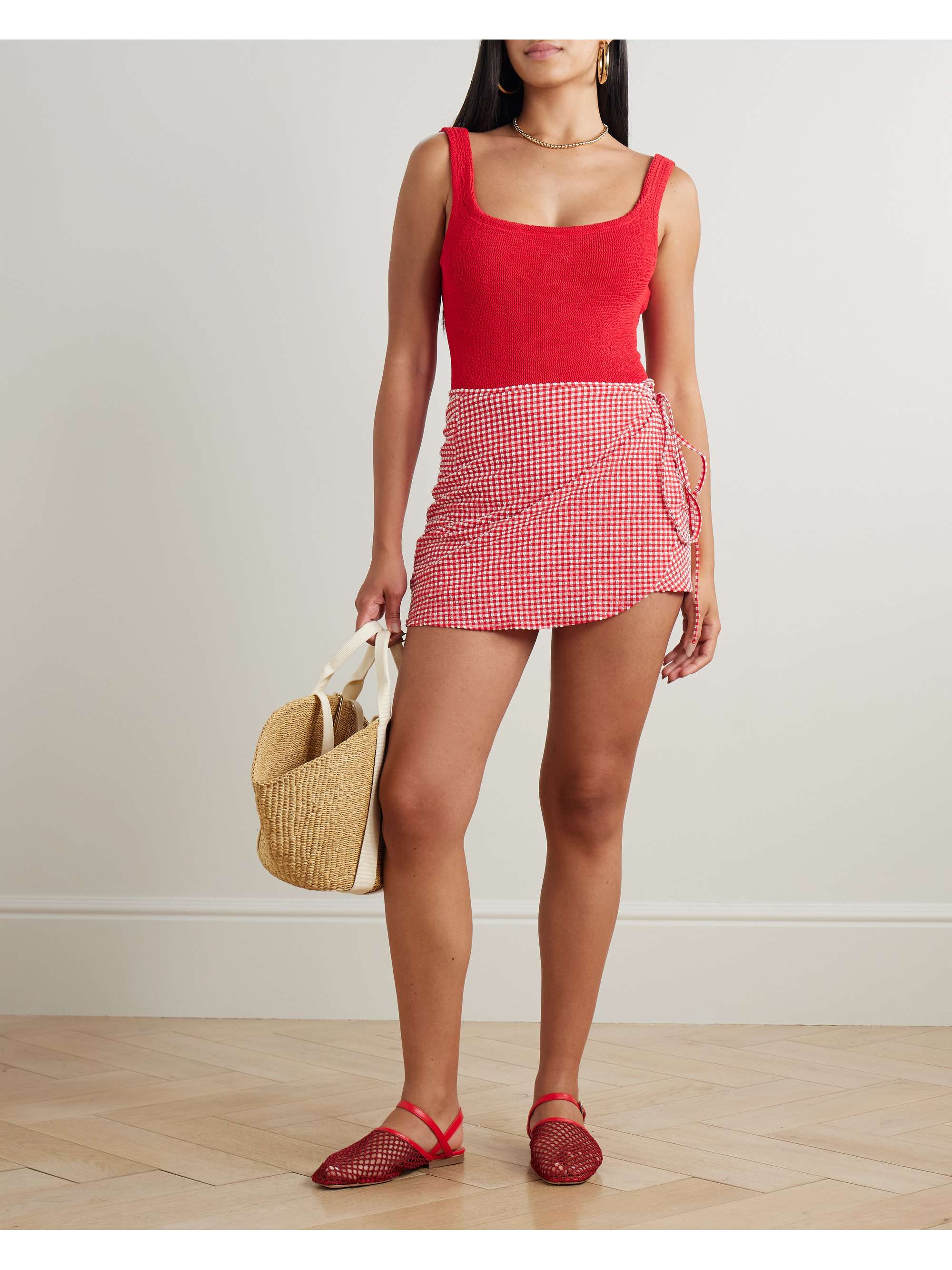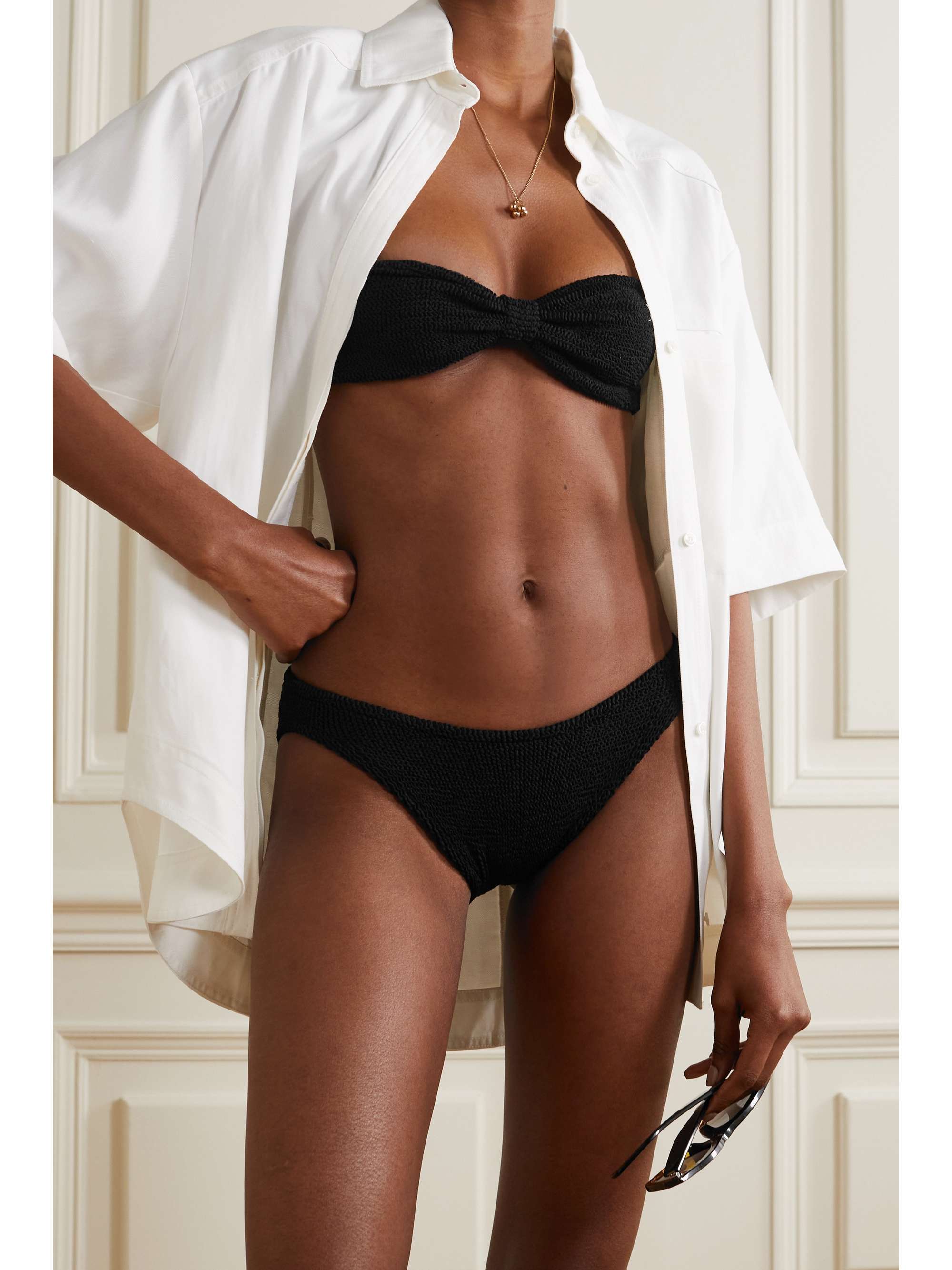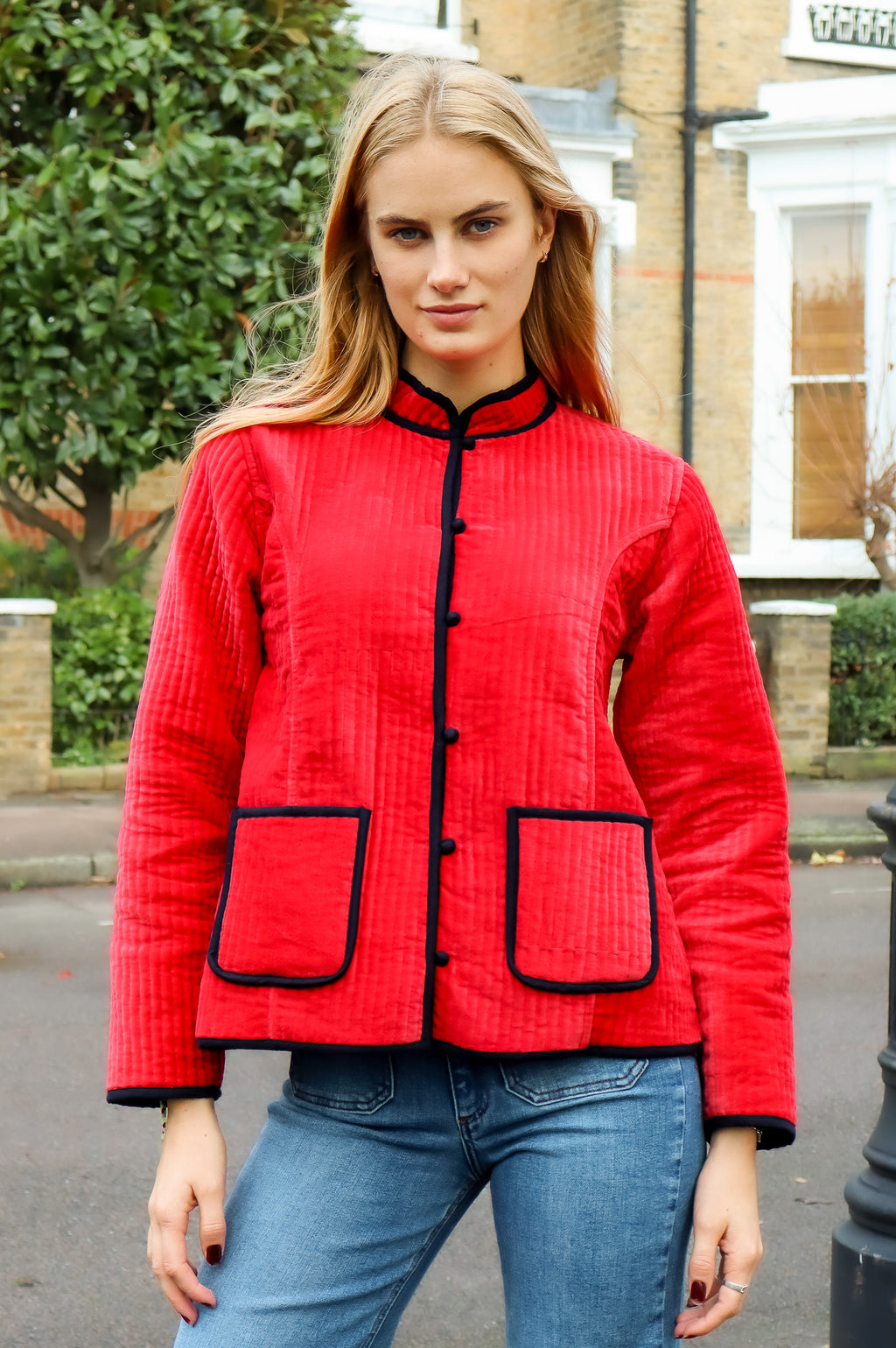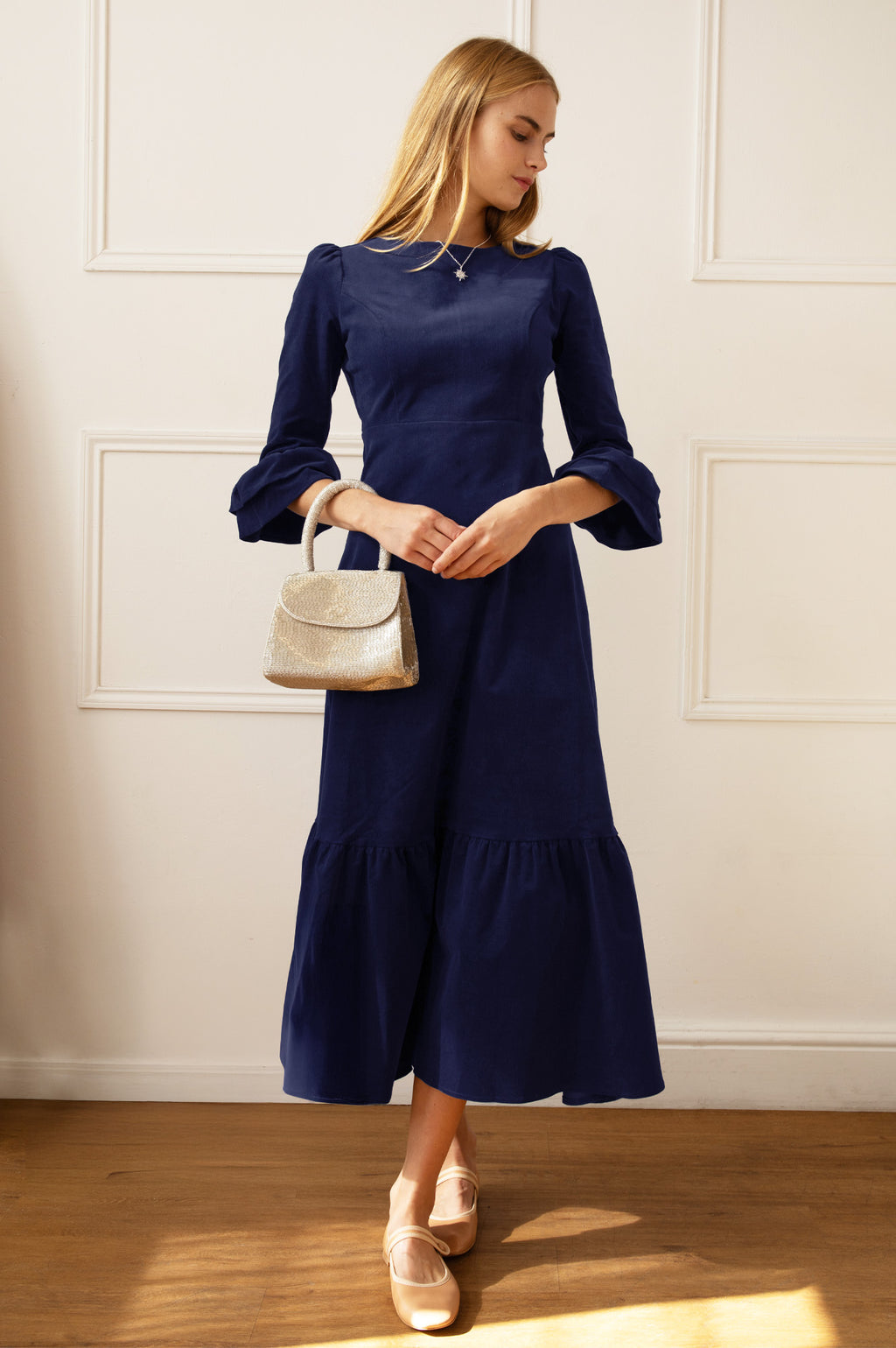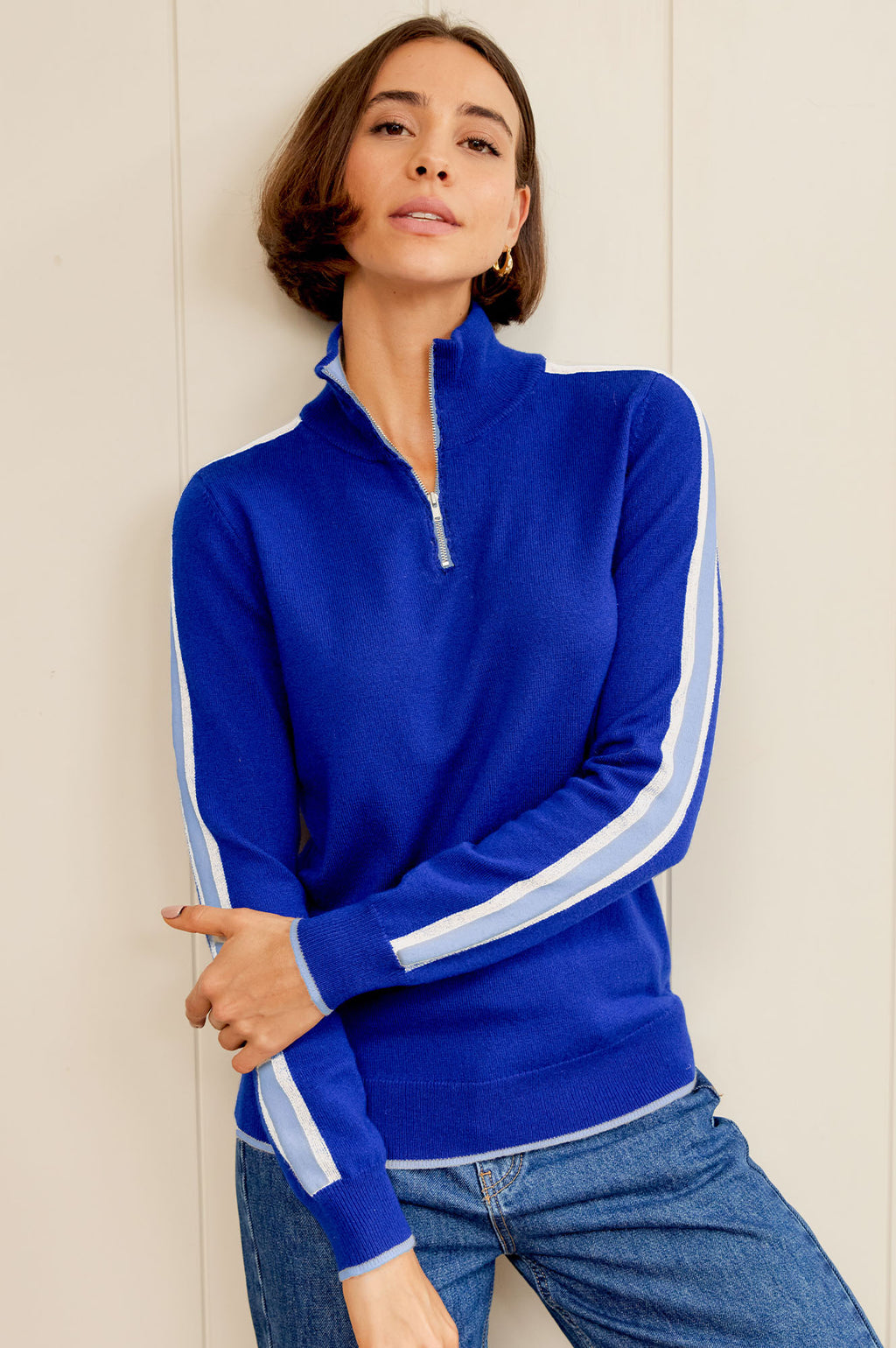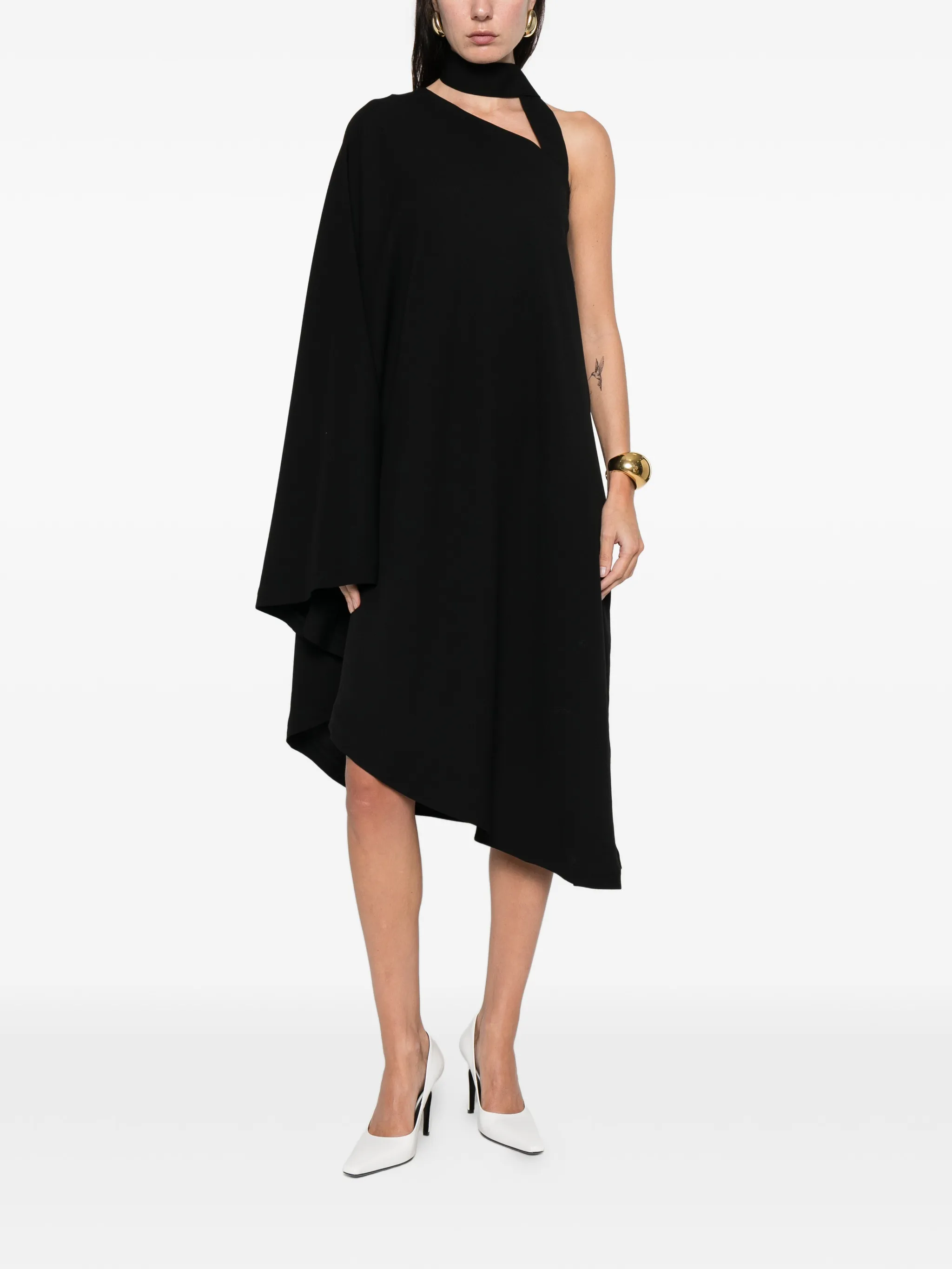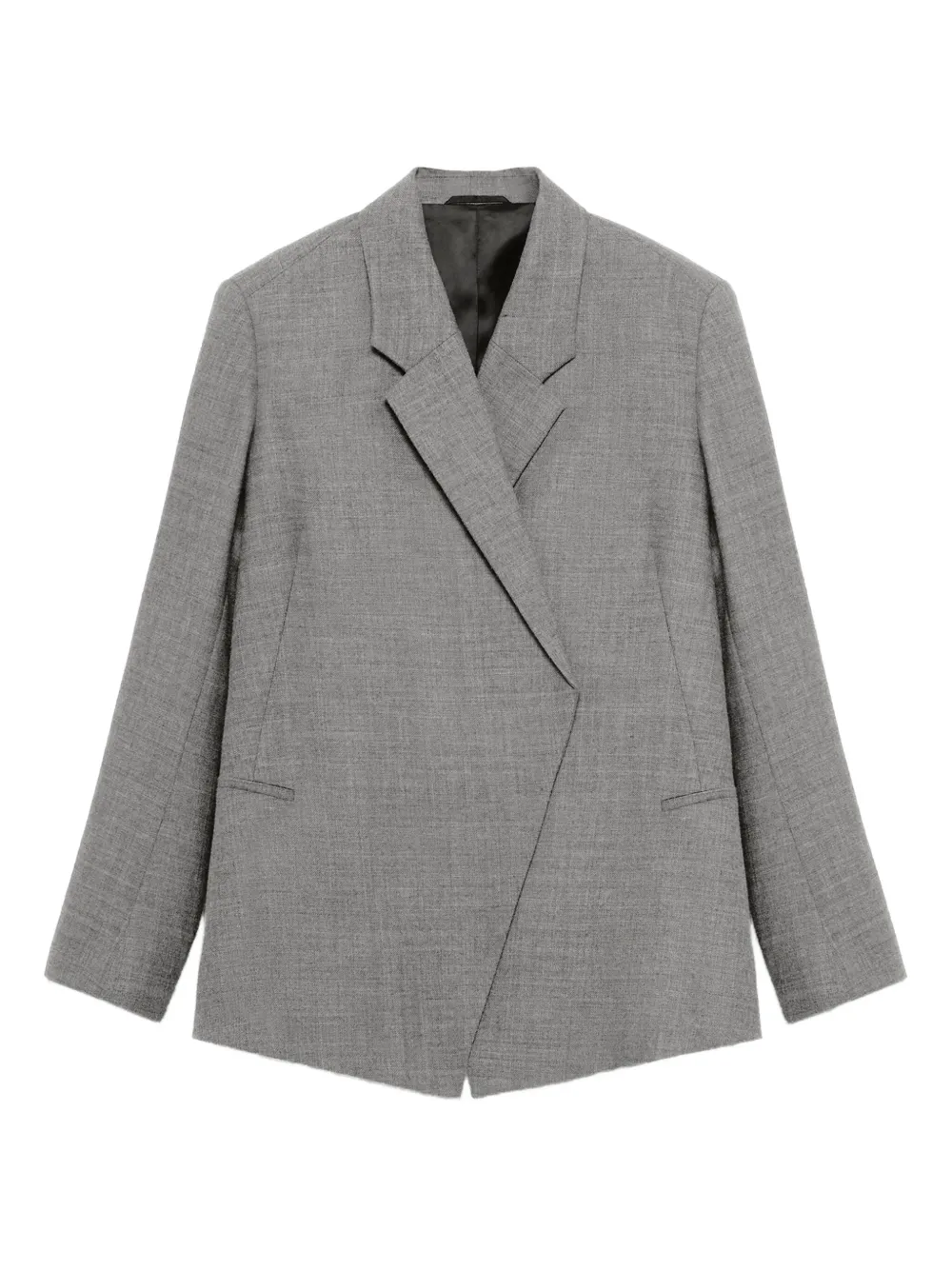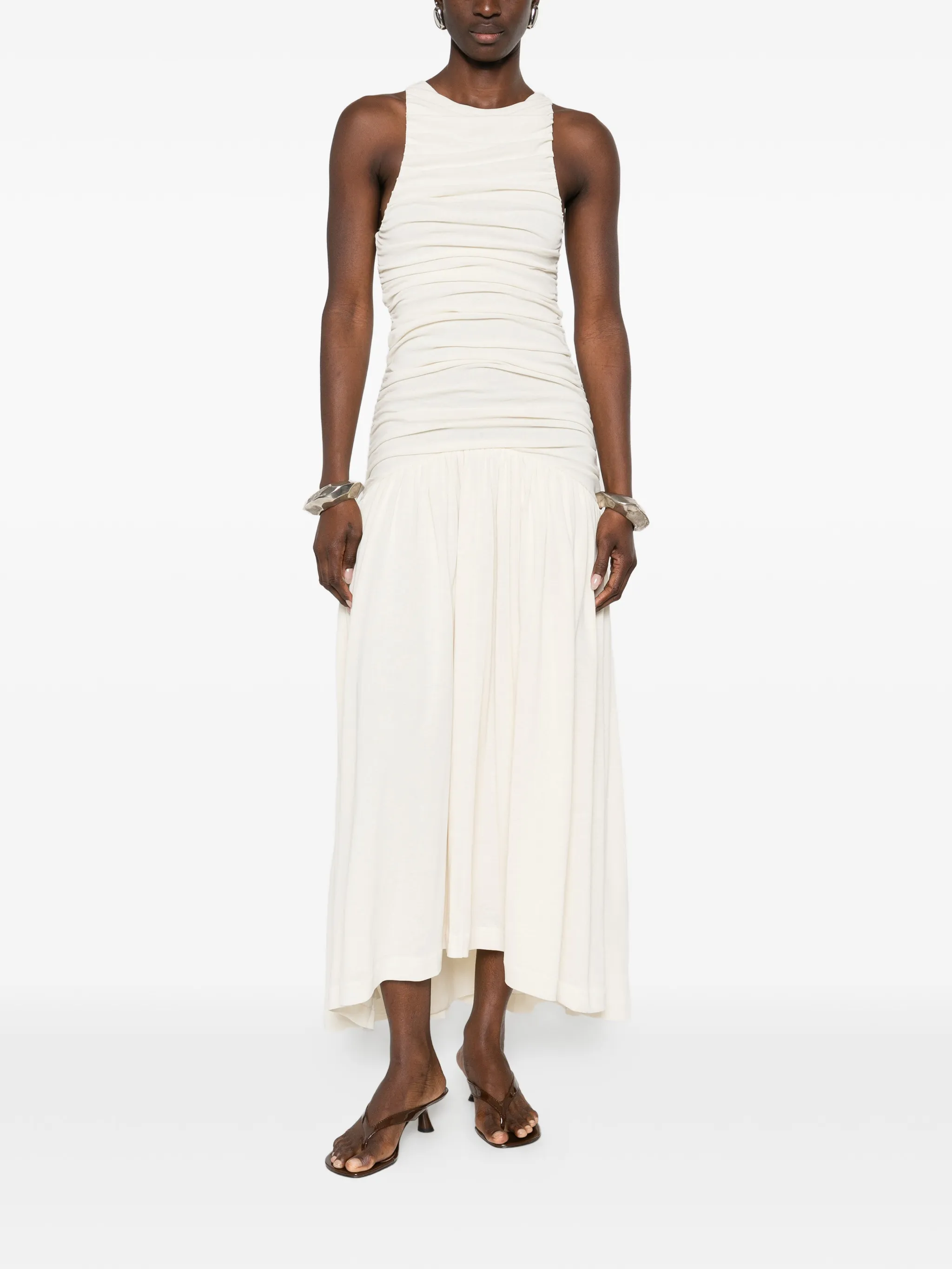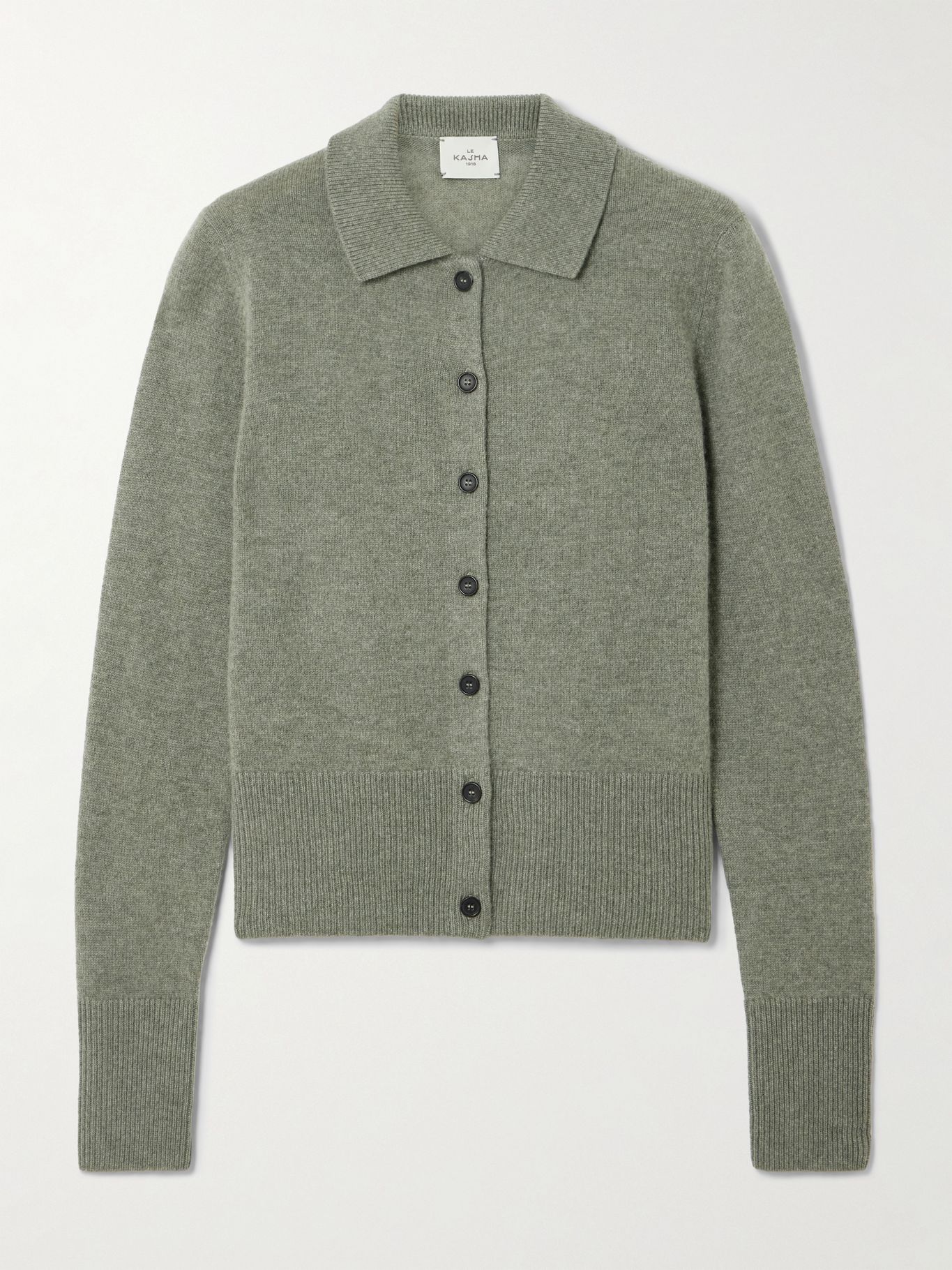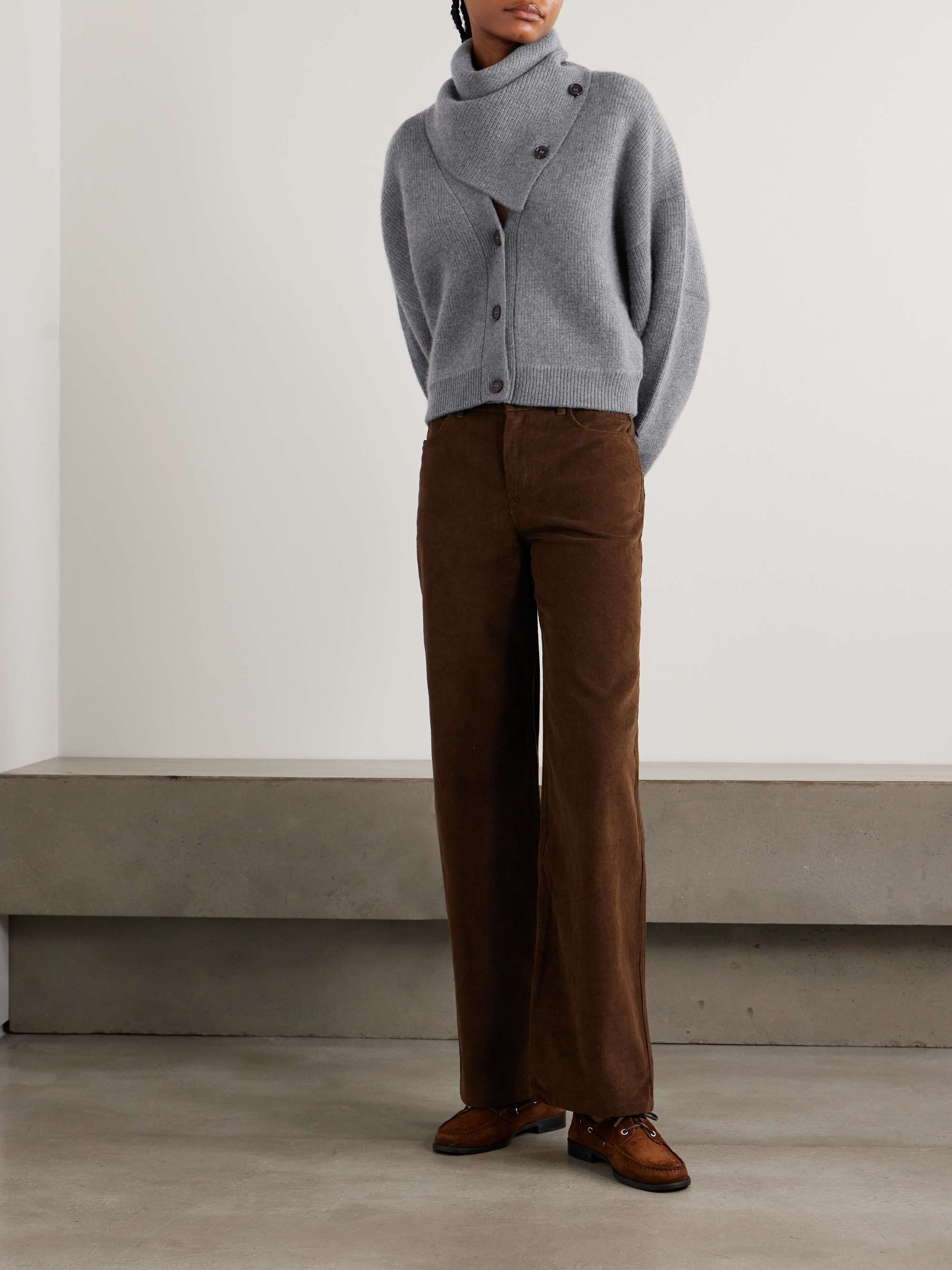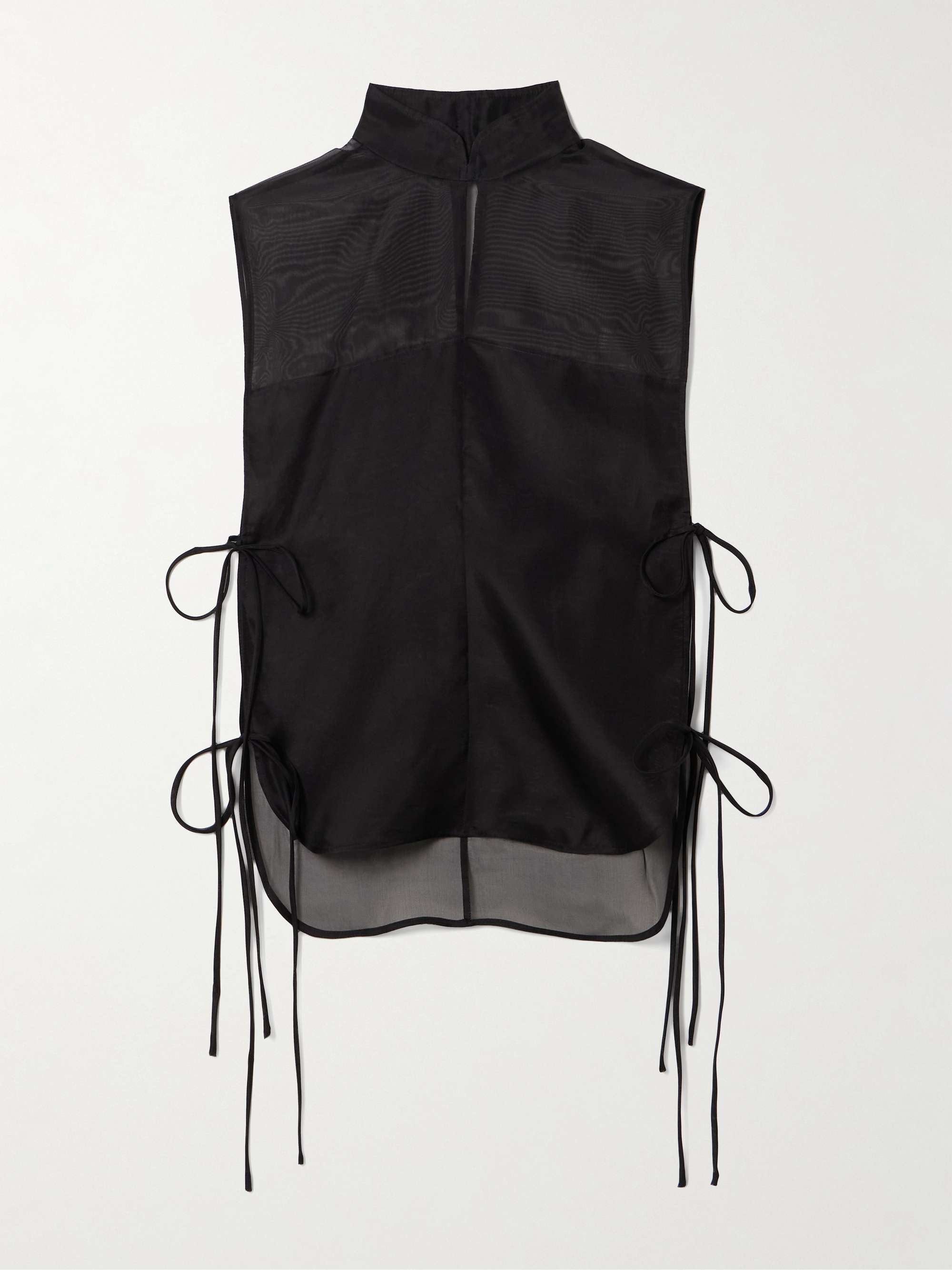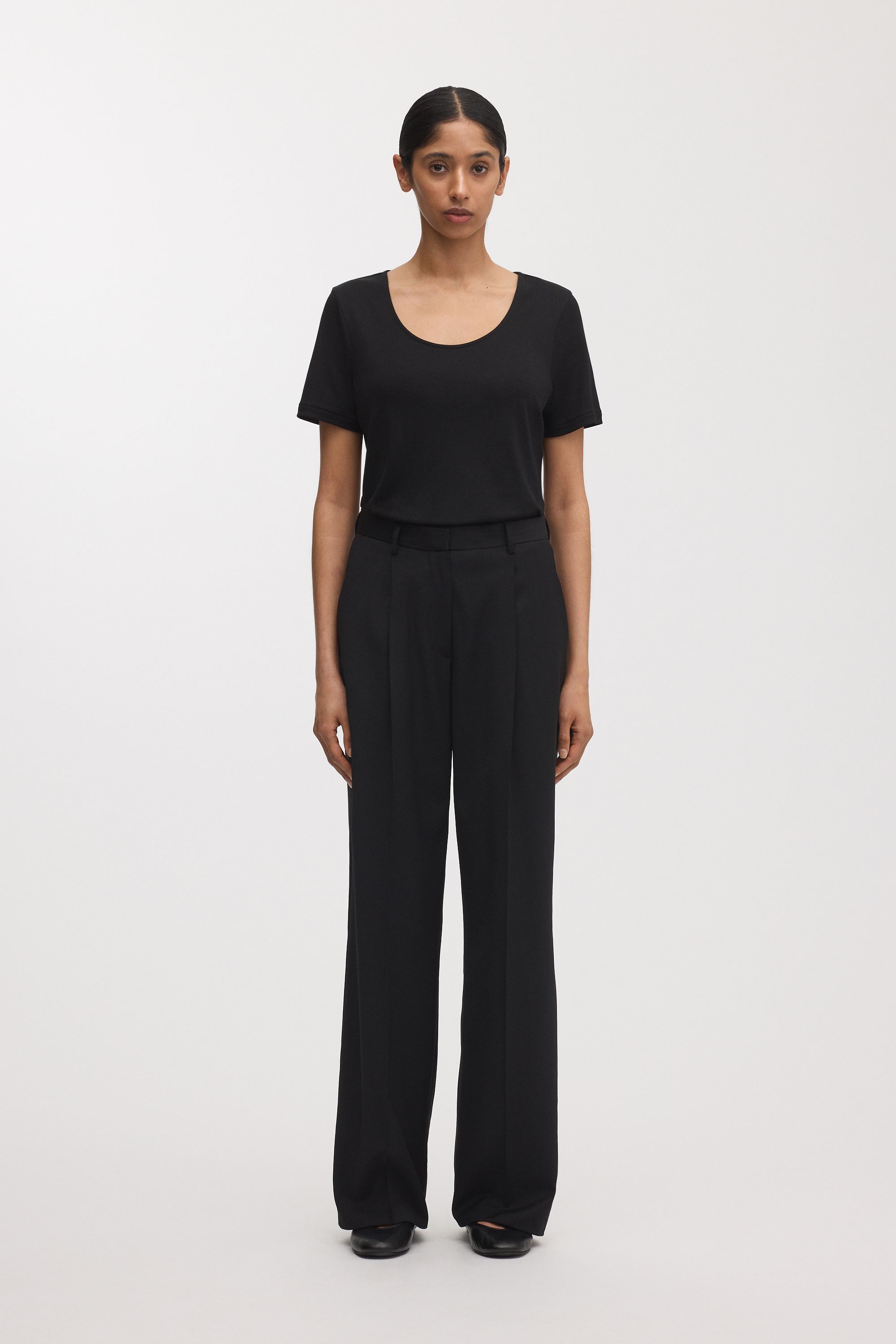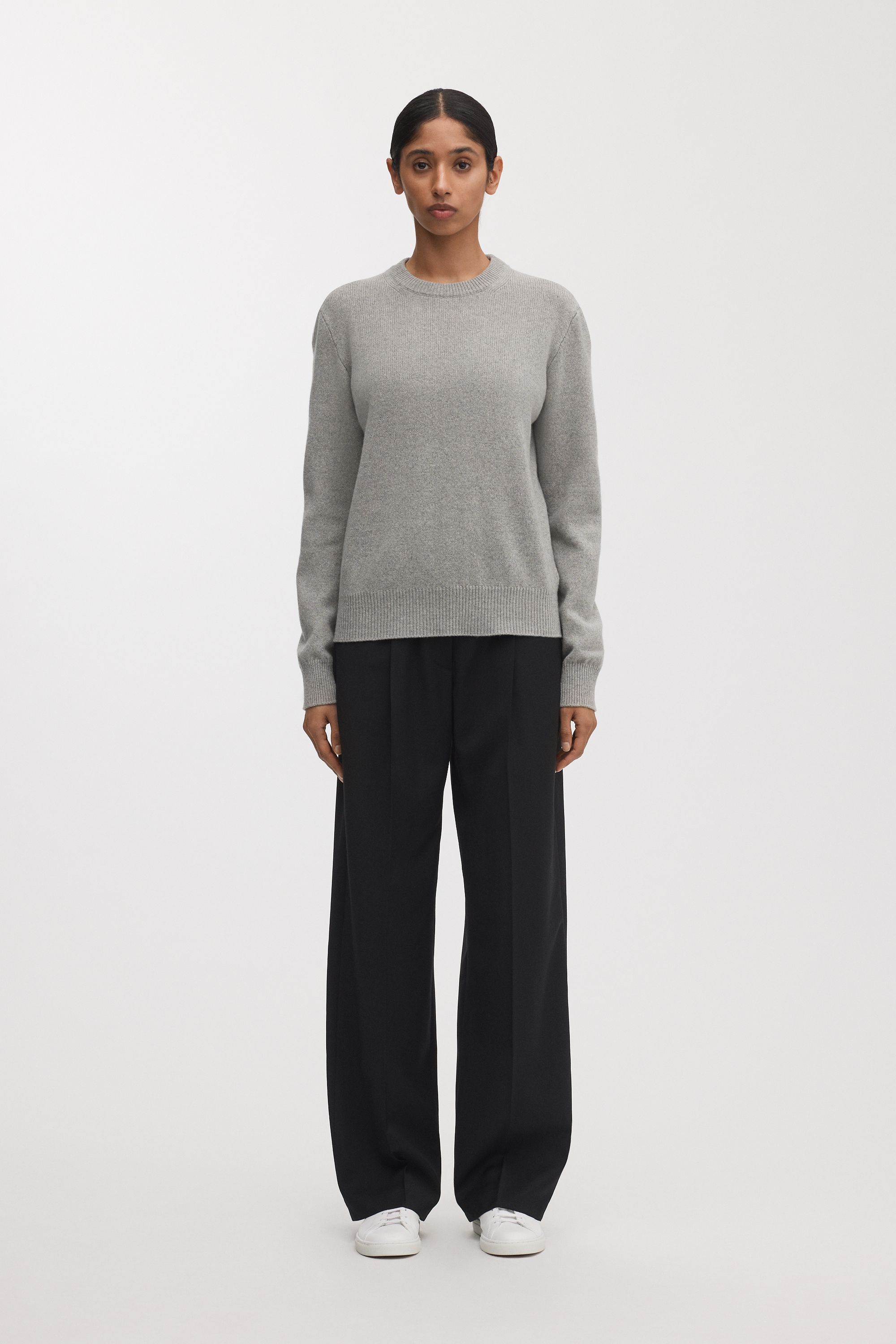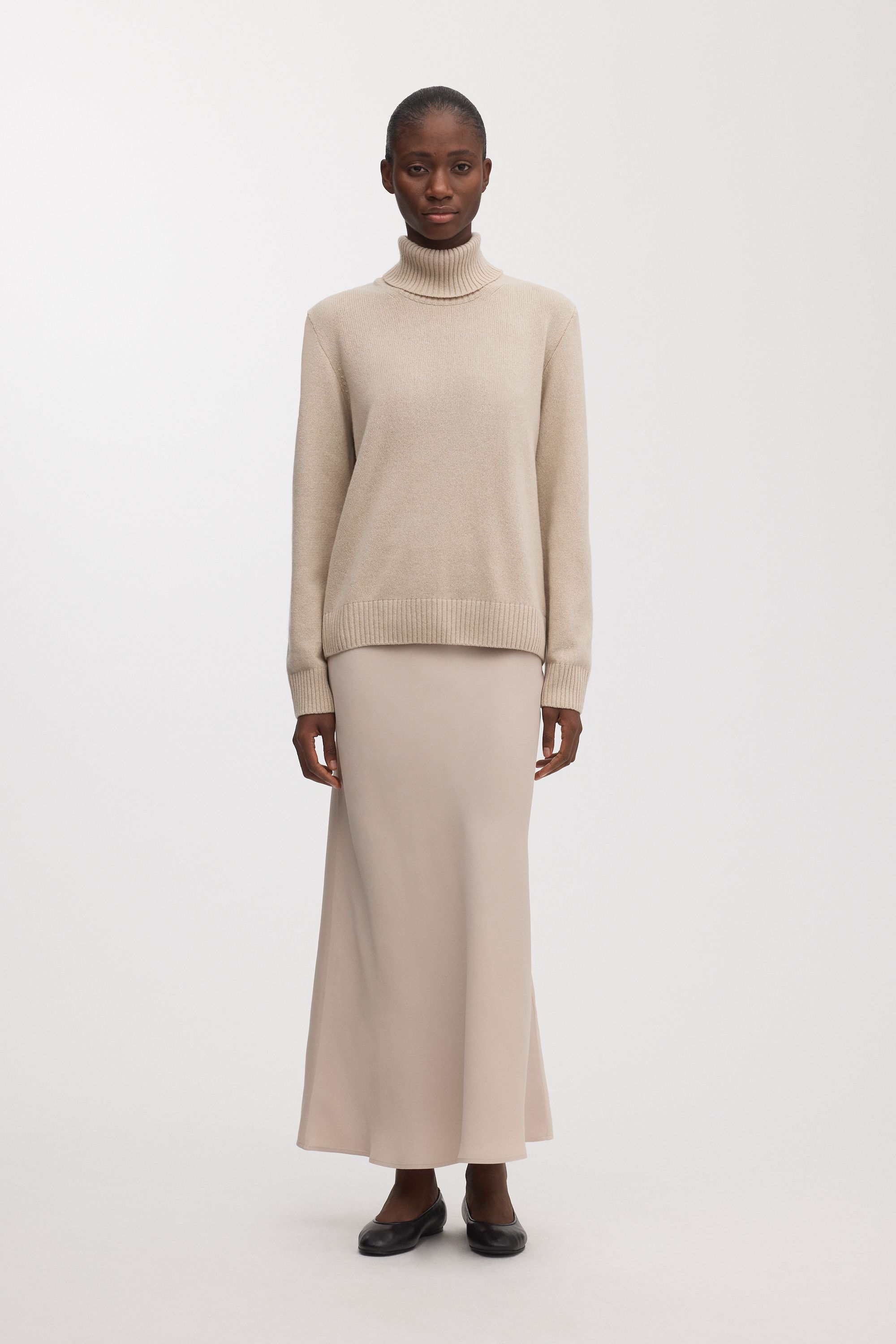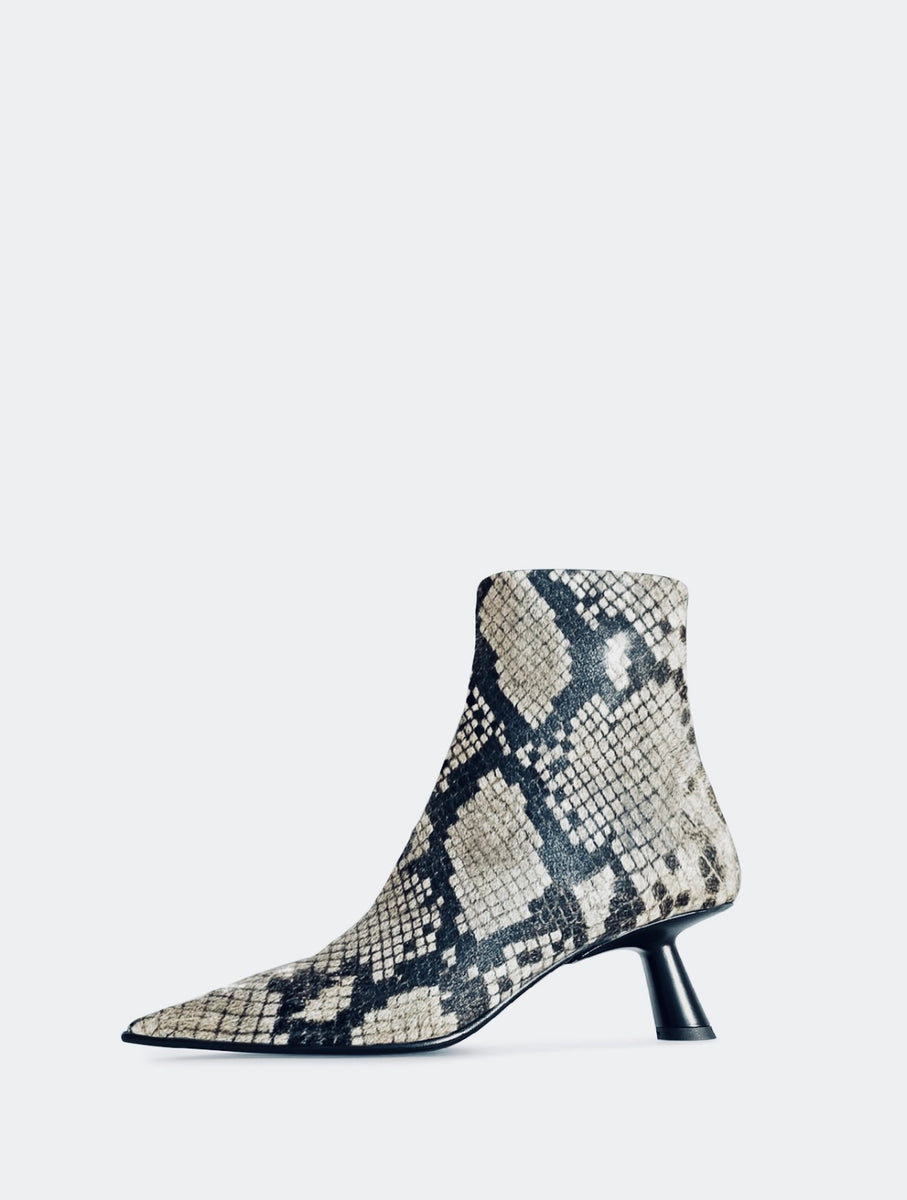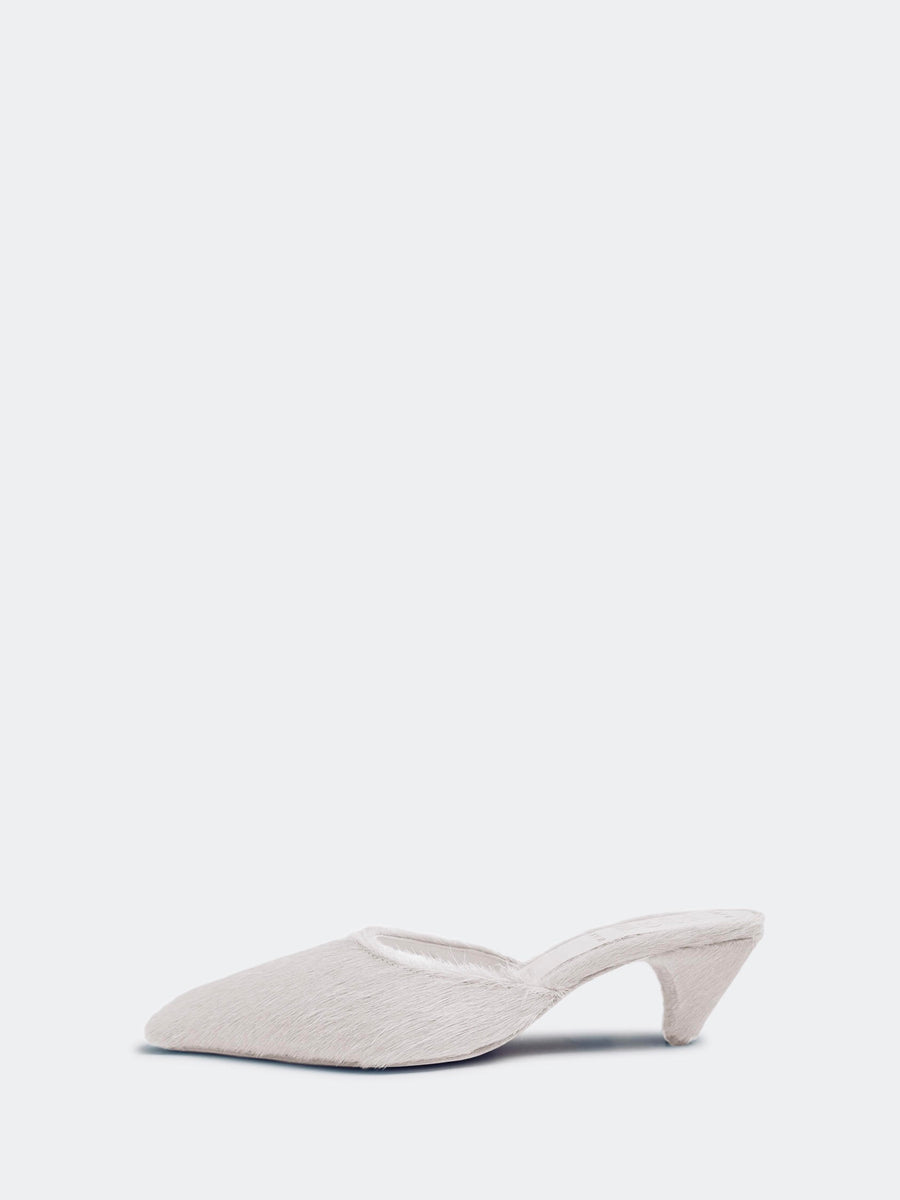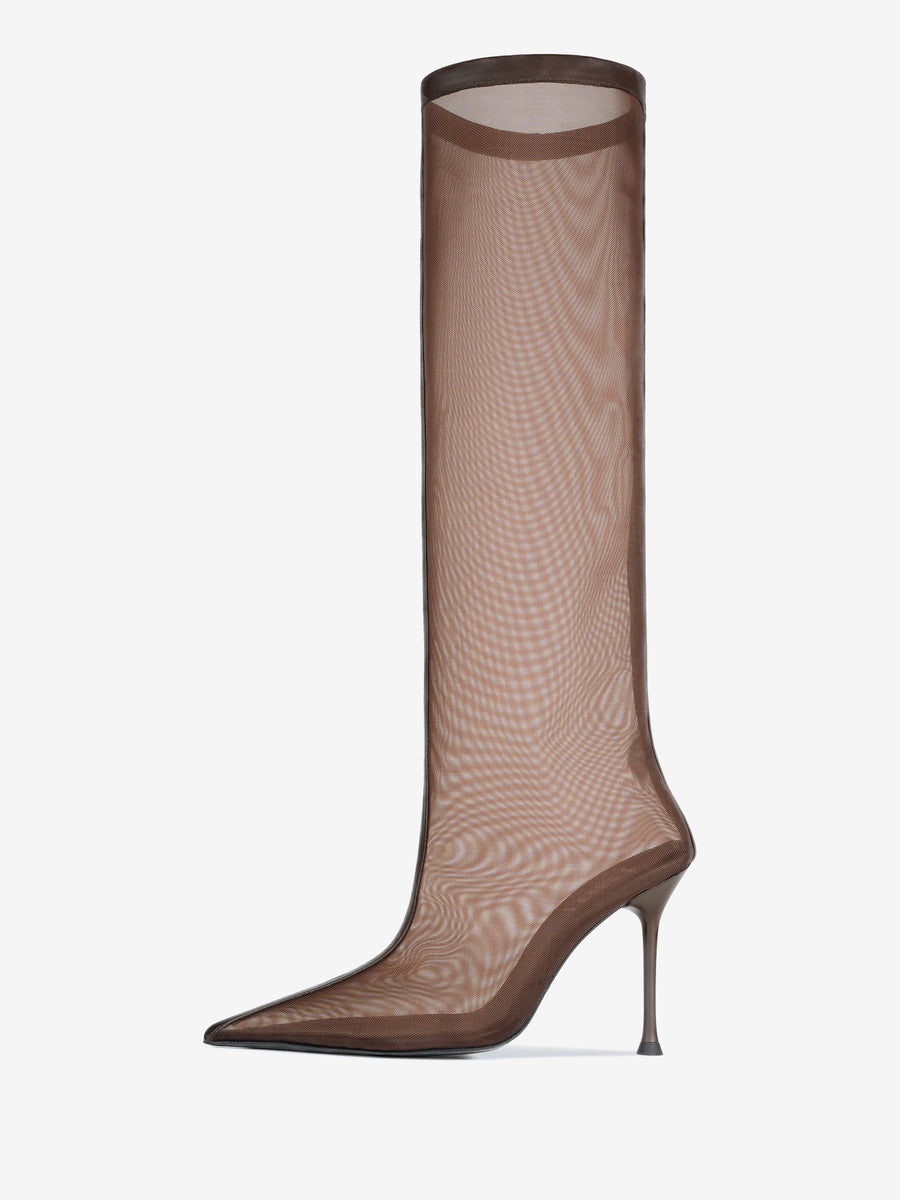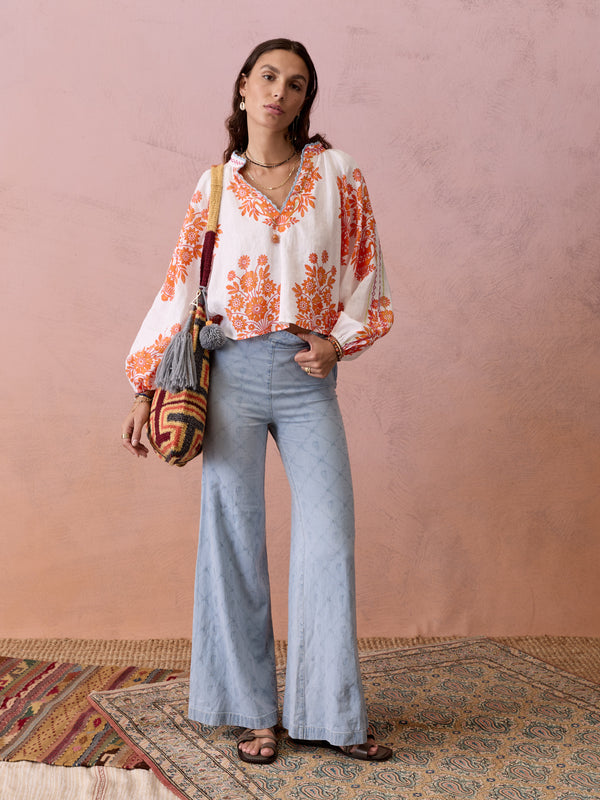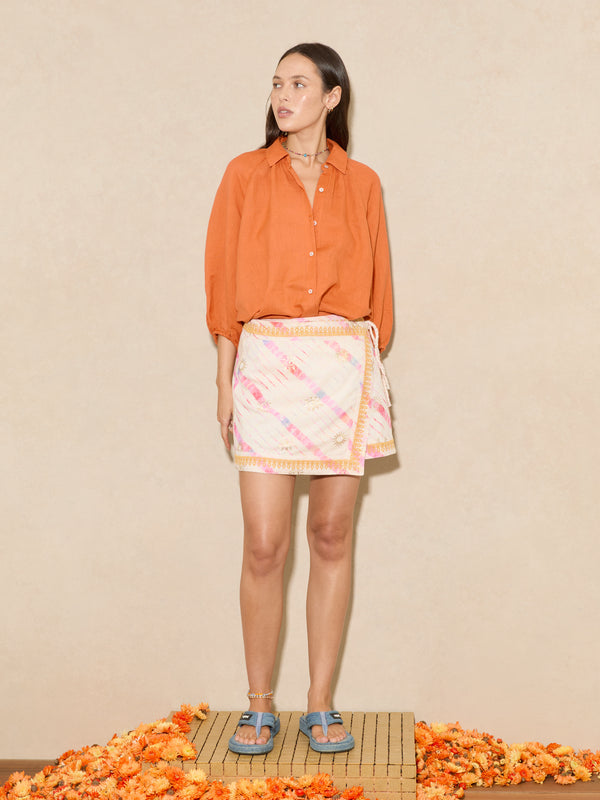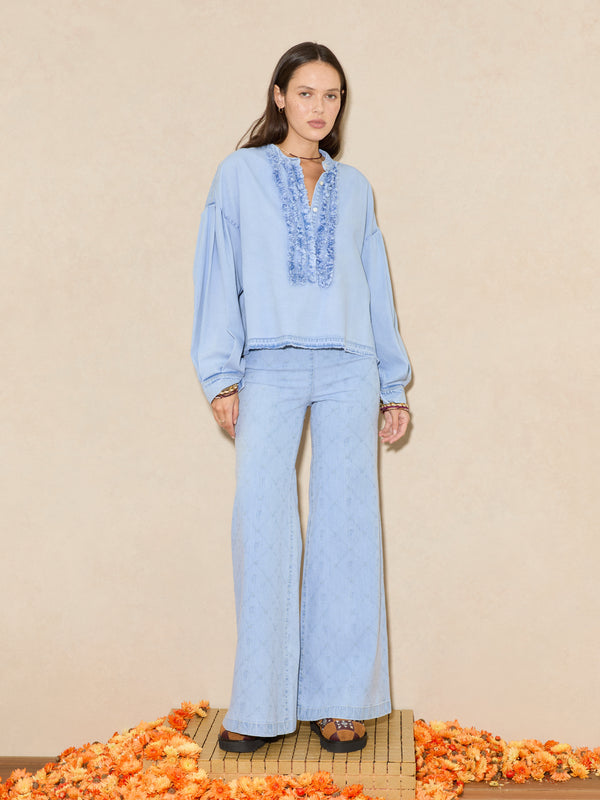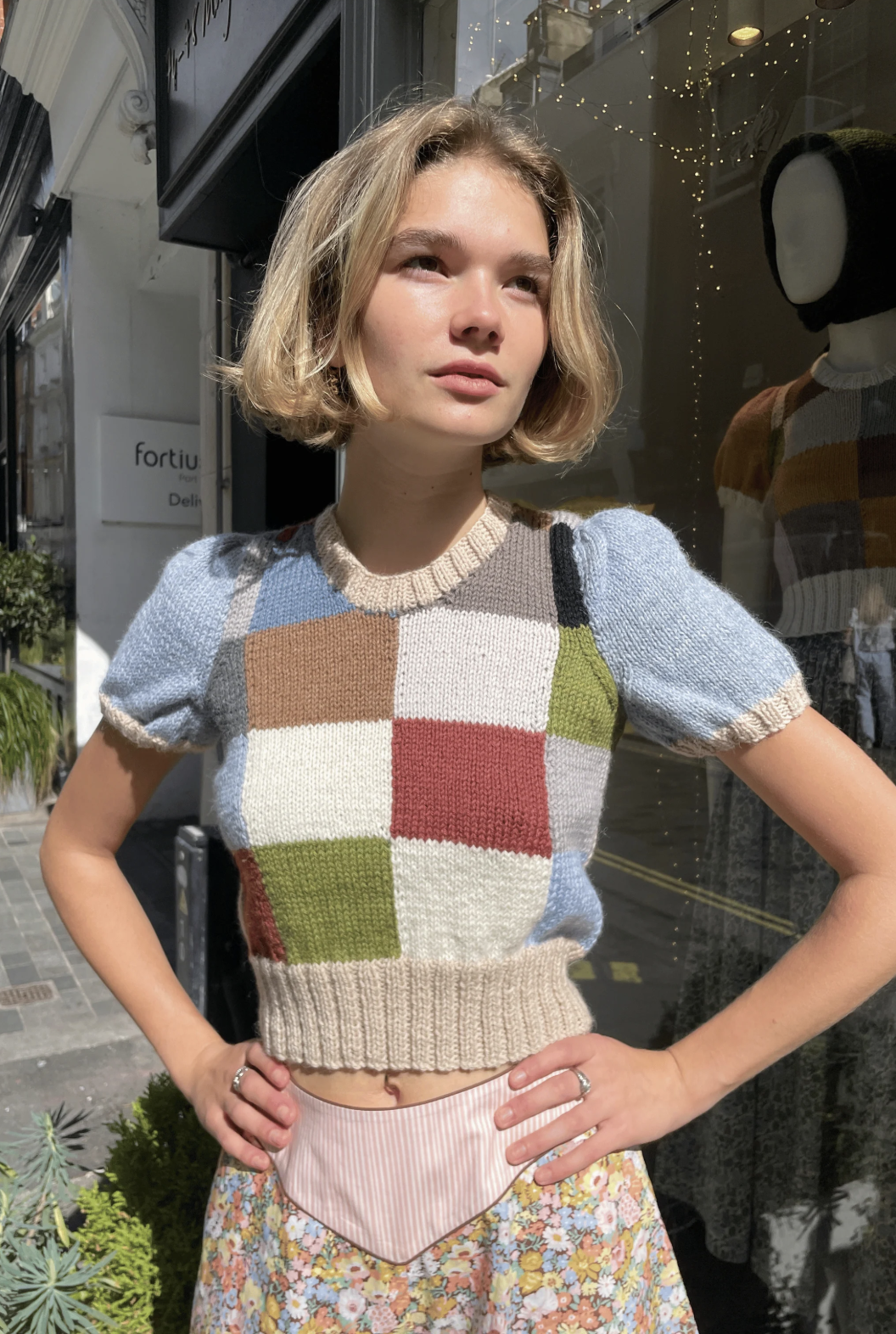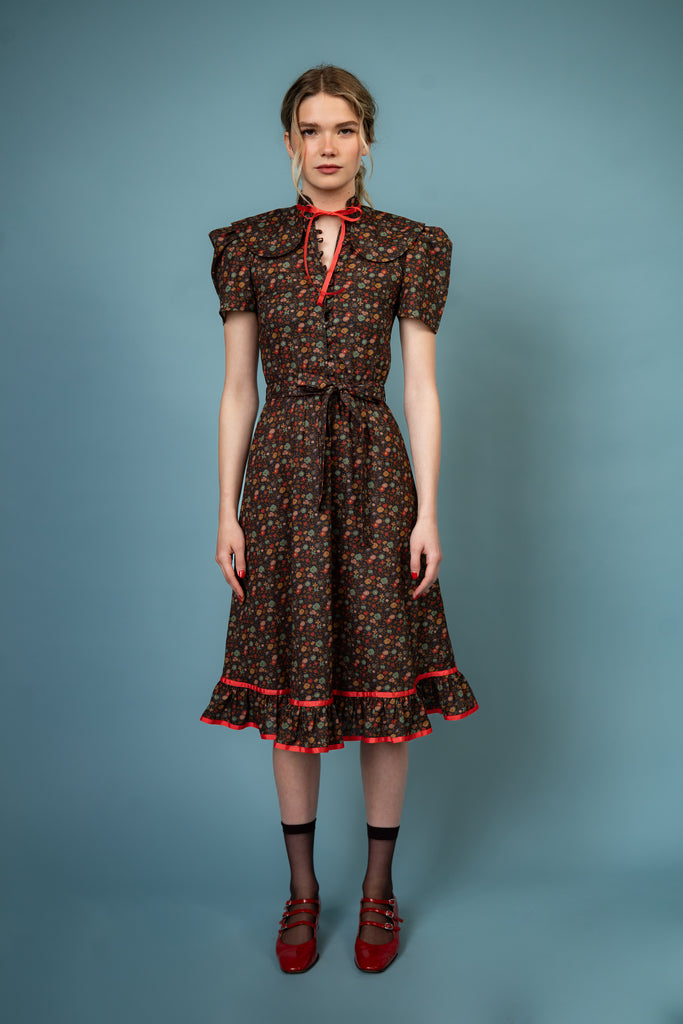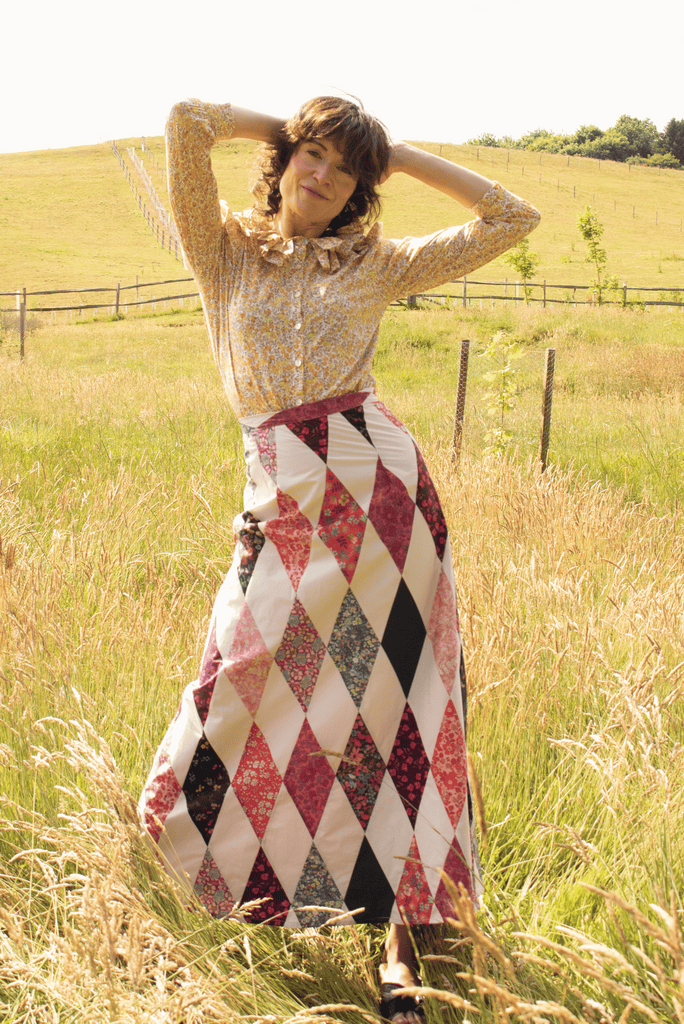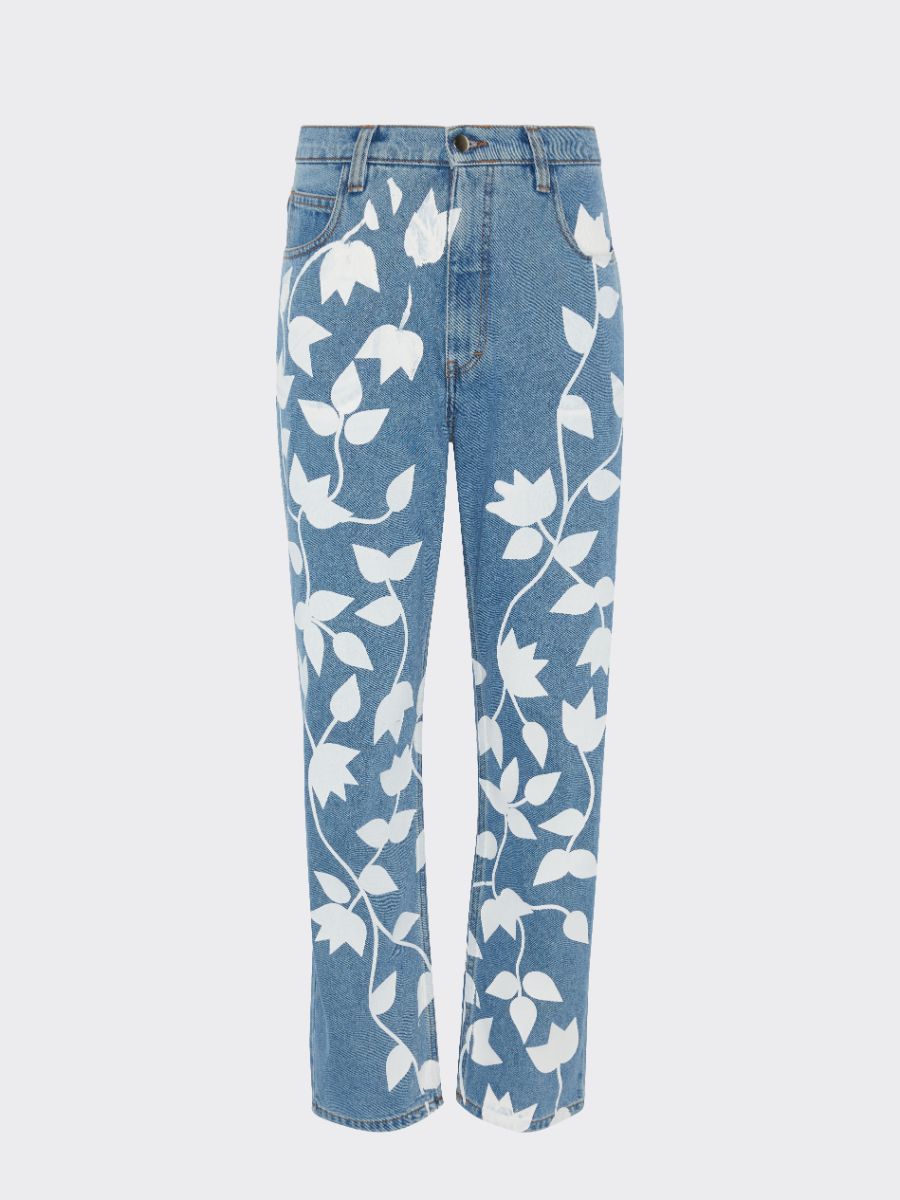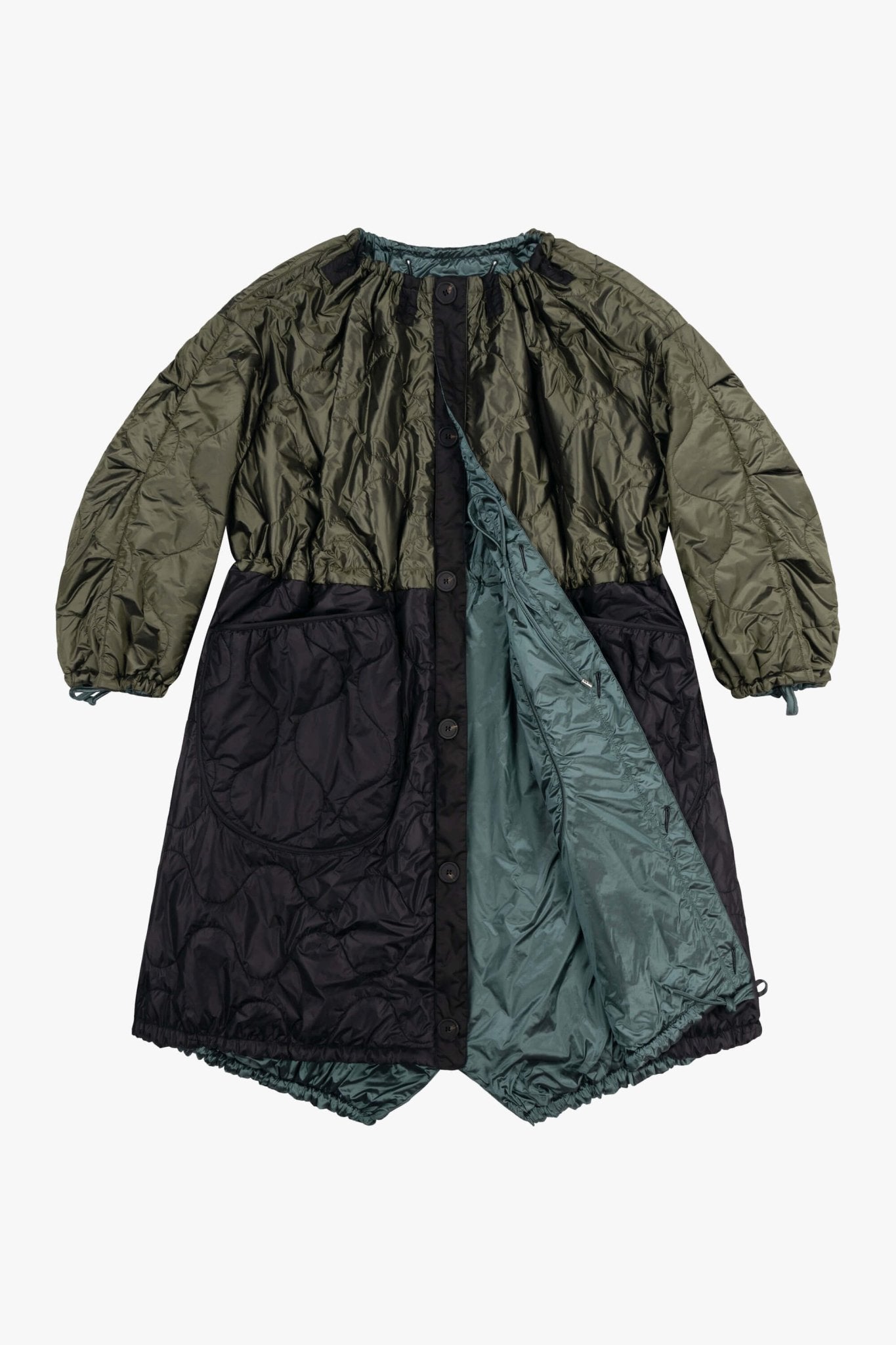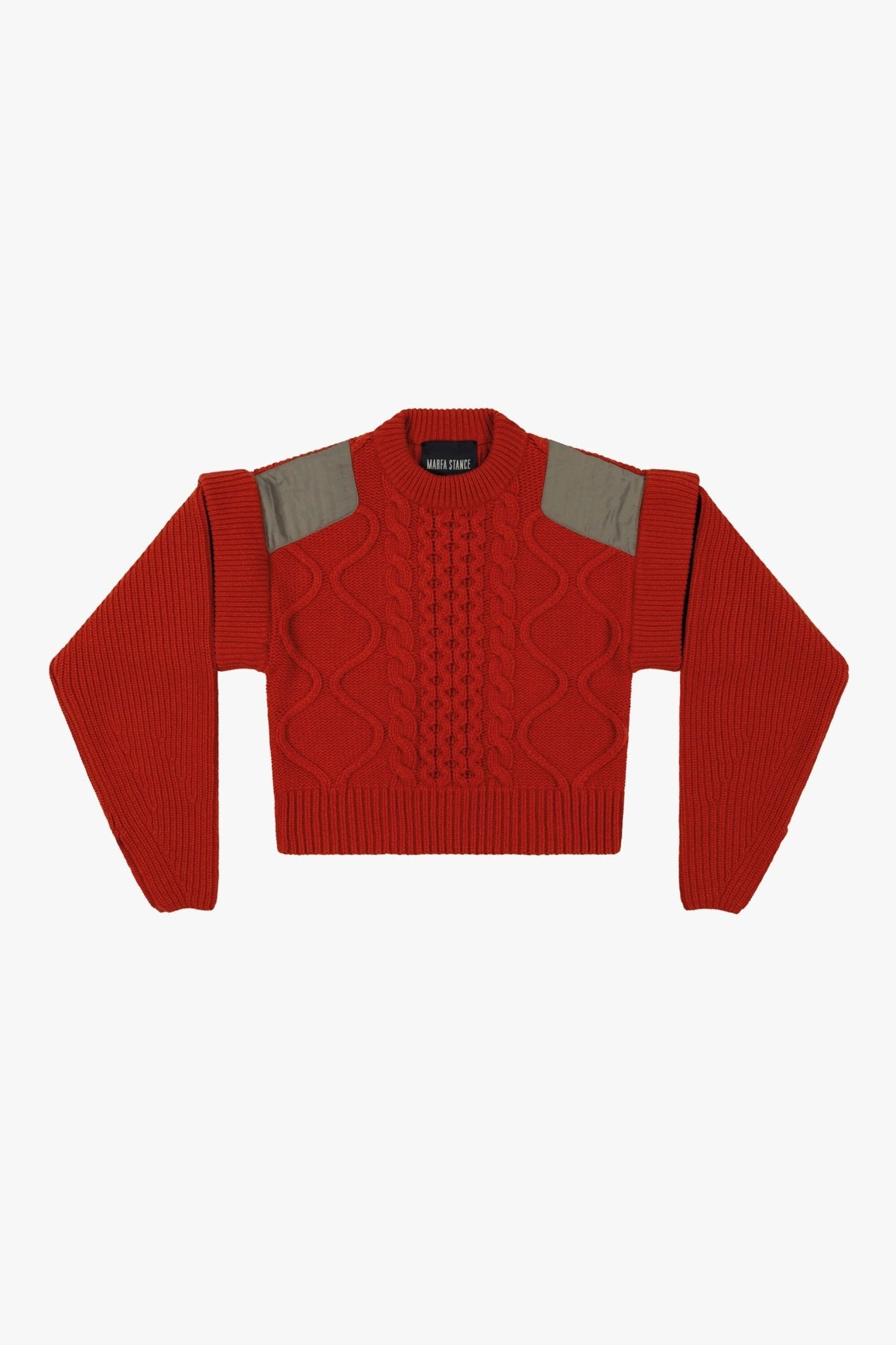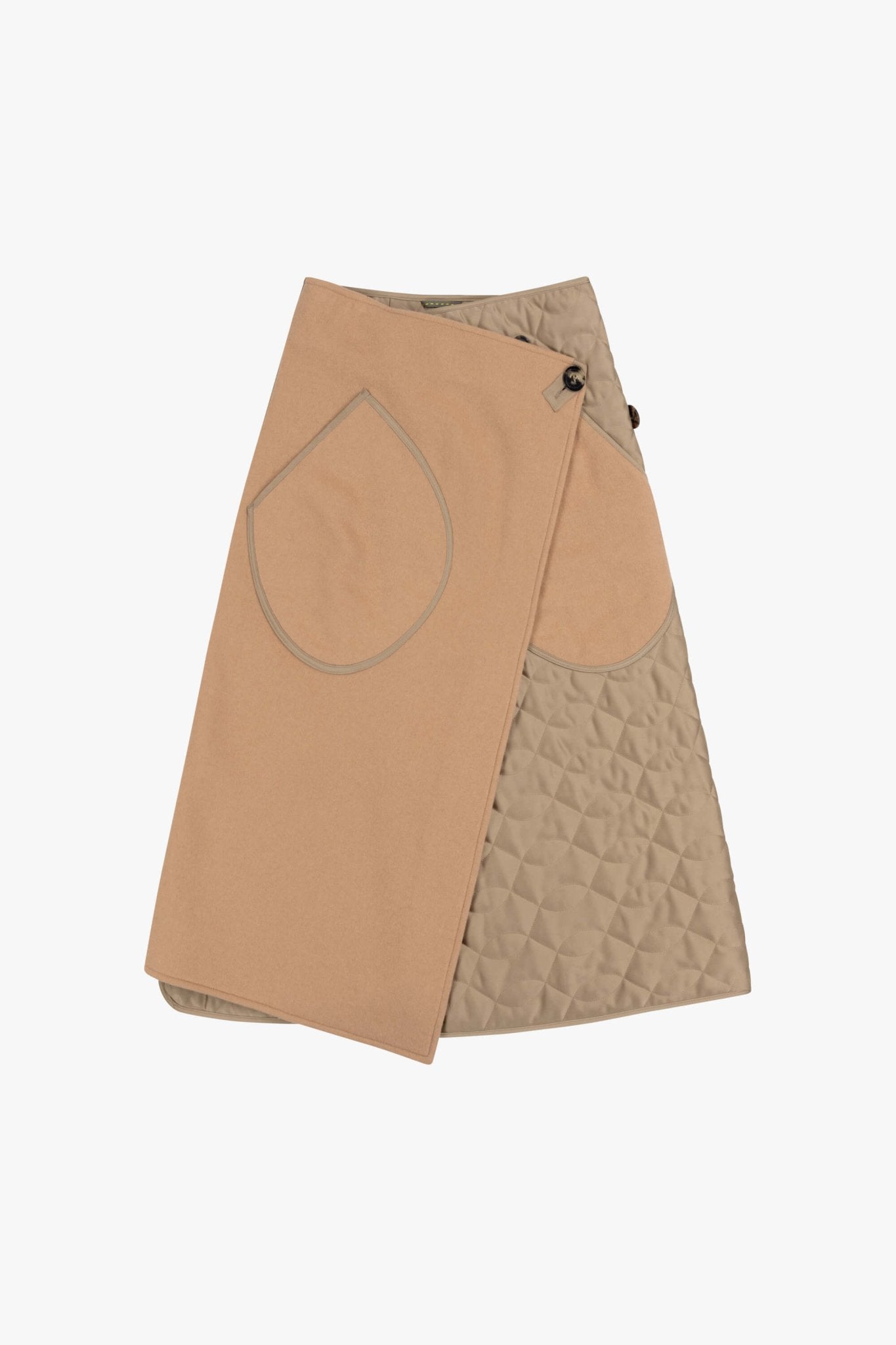24 Sustainable and Ethical Fashion Brands That Our Expert Editors Actually Rate
Discover the brands doing their bit to build a better tomorrow

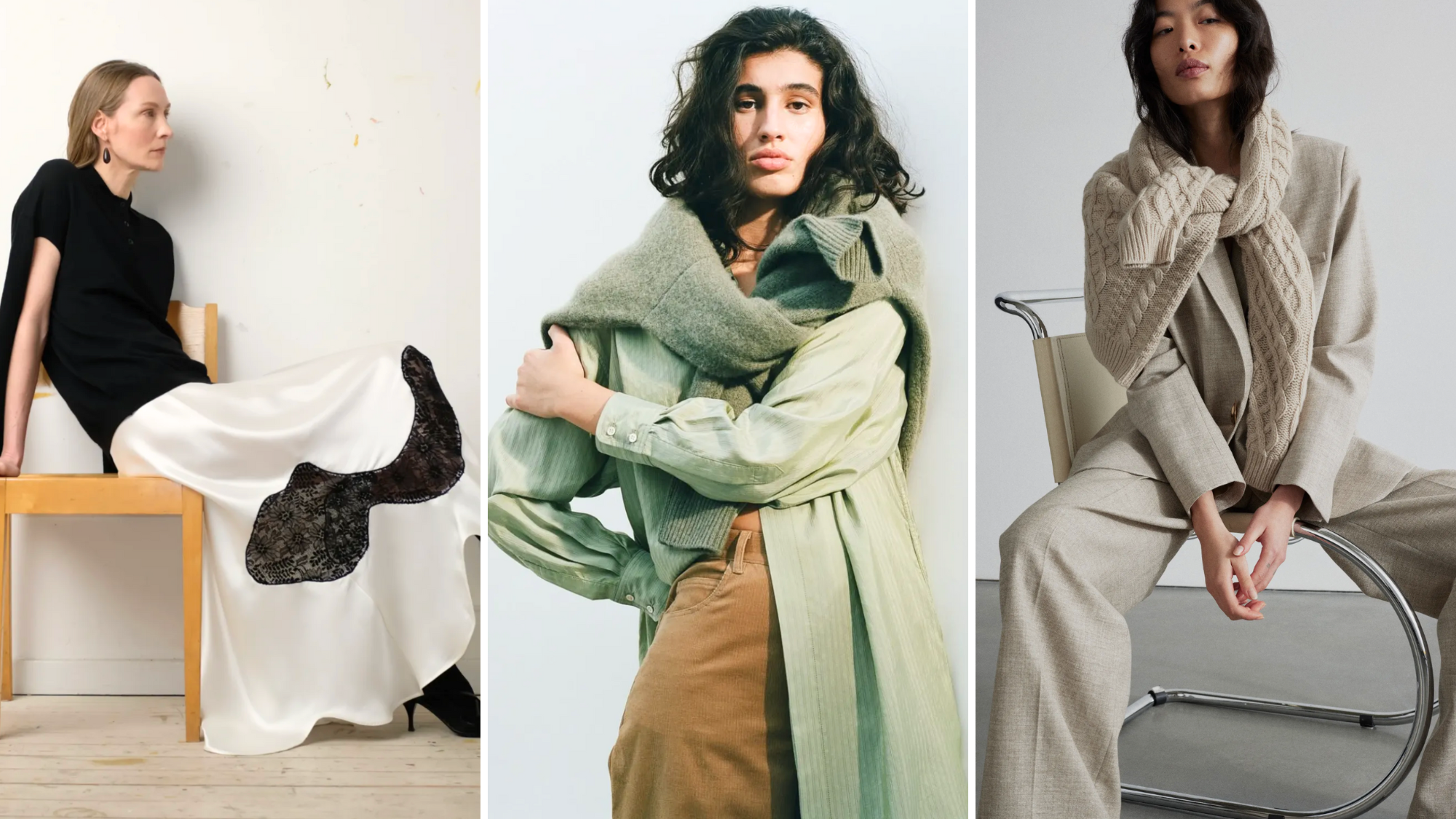
- Difference between Ethical and Sustainable
- What Makes a Brand Sustainable?
- Best Sustainable Clothing Brands
- Rise & Fall
- OMNES
- Ninety Percent
- Dora Larsen
- AKYN
- Reformation
- With Nothing Underneath
- Arkitaip
- DeMellier
- Sézane
- GANNI
- Rouje
- Nobody's Child
- Deiji Studios
- Faithfull The Brand
- Hunza G
- Aspiga
- Bite Studios
- Le Kasha
- Asket
- Anny Nord
- Boteh
- O Pioneers
- Fanfare The Label
- Marfa Stance
Celebrity news, beauty, fashion advice, and fascinating features, delivered straight to your inbox!
You are now subscribed
Your newsletter sign-up was successful
If you're searching the internet for sustainable clothing brands, chances are, you're keen to cut down on your fast fashion consumption and make your wardrobe a little more eco-friendly.
Shopping ethically is a great way to reduce your carbon footprint and overall emissions, especially now that more and more brands are focusing on producing better quality clothes with a season-less aesthetic, meaning customers won't grow tired of them after just a few months.
But with so much sustainable fashion around, knowing how to pick the right brands can be tricky, especially when so many are guilty of greenwashing. With that in mind, here at Marie Claire we've put together a guide to help you, including some of our favourite B Corp brands that need to be on your radar.
What is the difference between ethical and sustainable clothing brands?
There is a lot of confusion between the terms 'ethical' and 'sustainable.' No, the two aren't the same. Treating staffers, suppliers and so on in an ethical manner is just one part of being a sustainable business.
There are different ways to produce ethical clothing, and according to the Ethical Fashion Forum, they generally fall into three categories—social, environmental and commercial. The forum specifically tackles these issues:
- Countering fast, cheap fashion and damaging patterns of fashion consumption
- Defending fair wages, working conditions and workers’ rights, and supporting sustainable livelihoods
- Addressing toxic pesticide and chemical use, using and/or developing eco-friendly fabrics and components
- Minimising water use
- Recycling and addressing energy efficiency and waste
- Developing or promoting sustainability standards for fashion
- Providing resources, training and/or awareness-raising initiatives
- Protecting animal rights
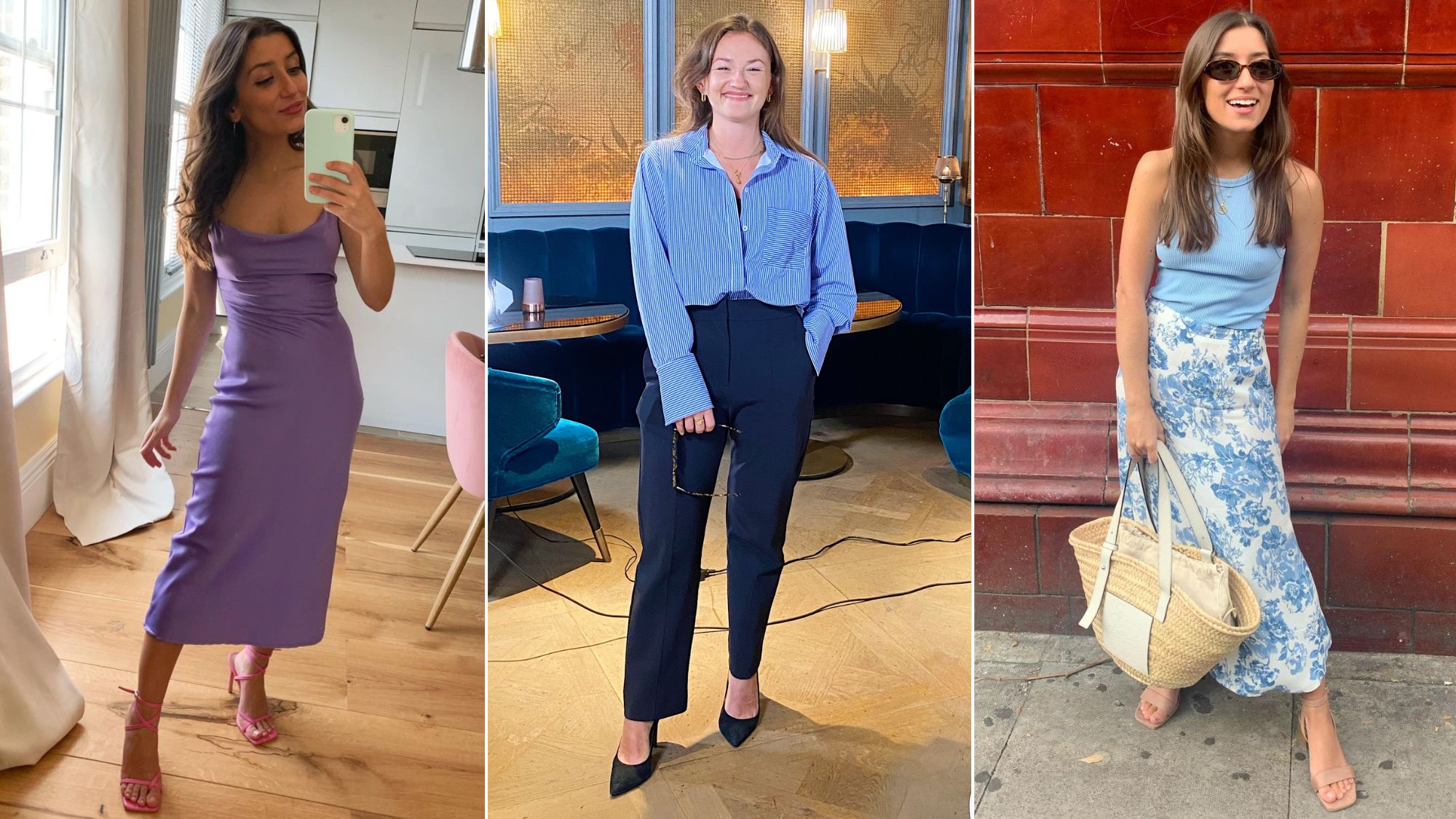
(L + R) Former Fashion Editor Zoe Anastasiou dressed in Omnes and Reformation. (Centre) Senior Health & Sustainability Editor Ally Head dressed in Dai.
What constitutes a sustainable clothing brand?
When it comes to sustainable fashion brands, there are many things to consider including how a brand sources its fabrics, how they manufacture and transport their products, and how they sell items in a planet-friendly way.
As Joanna Dai, former founder of the B Corp-certified clothing brand Dai shares, every new product put out into the world has an impact. However, some brands are doing better than others to minimise their mark. We asked Dai for her expertise on how you can ensure a brand is genuine in its sustainability efforts.
Celebrity news, beauty, fashion advice, and fascinating features, delivered straight to your inbox!
How can you spot if a brand is genuine in its sustainability efforts?
Joanna Dai outlines her tips below.
Accountability: "For real change, brands must be accountable for their impacts and decisions across the entire business," she shares. "Brands that achieve B Corp certification are invested in running a responsible business."
Fabrics: "Look to brands that are using certified plant-based or innovative recycled materials as much as possible," she recommends.
End of life: "Sustainability doesn’t end once the customer checks out their basket. Look out for brands that offer repairs and take-back schemes that help increase a garment’s longevity or encourage responsible recycling," she encourages.
Building products to last: "Alongside an end-of-life programme, invest in brands and products that are well designed and built to last," she goes on. "This was a founding principle at Dai: I personally road-tested each and every product to make sure it performed and functioned for our customers then, and for years to come."
Valuing people: "Sustainability must combine people and the planet. Look at brands' supplier codes of conduct or commitments to paying fair and living wages to ensure the people who are making your garments are being treated well."
Marie Claire UK's Senior Sustainability Editor Ally Head agrees, adding that shopping for sustainable clothing can feel like a minefield when you've got brands greenwashing left, right and centre.
Her advice? "Always check whether a brand has a B Corp certification. If they do, it means they've undergone the most rigorous testing—qualifying can take as long as three years (!)—to make sure their practices are plant-friendly across all aspects of their business. They have a detailed directory on their site of all the brands that have qualified."
A post shared by B Corporation UK (@bcorpuk)
A photo posted by on
Secondly, do your research—often, if a brand actually works to sustainable practices, they'll have a whole page dedicated to it on their website. "Do read up and also carefully consider both the eco-claims they are making and how they say their business is structured. Do they promote fast fashion, do they rack up air miles like there's no tomorrow, and do they still send products out in non-recyclable or non-biodegradable materials? Even if a brand says they're sustainable, they might be greenwashing. For example, a global company that churns out new designs every day doesn't sound sustainable to us..."
And thirdly, use your common sense. "Buying secondhand, shopping in vintage stores, using pre-loved fashion sites or renting clothes are all great ways to shop sustainably and lower the impact that creating new clothes can have on the environment," Ally explains.
Below, you'll find our favourite sustainable clothing brands—and while you're here, check out our favourite ethical jewellery brands and sustainable sports brands, too.
Best Sustainable Fashion Brands: Quick Shopping Links
- Best for wardrobe essentials: Ninety Percent
- Best for knitwear: Rise & Fall
- Best for trend-led fashion: Reformation
- Best for French girl style: Sezane
- Best for affordable fashion: Nobody's Child
- Best for shirts: With Nothing Underneath
- Best for Scandi style: GANNI
- Best for handbags: Demellier
The Best Sustainable & Ethical Clothing Brands Worth Knowing About:
Rise & Fall
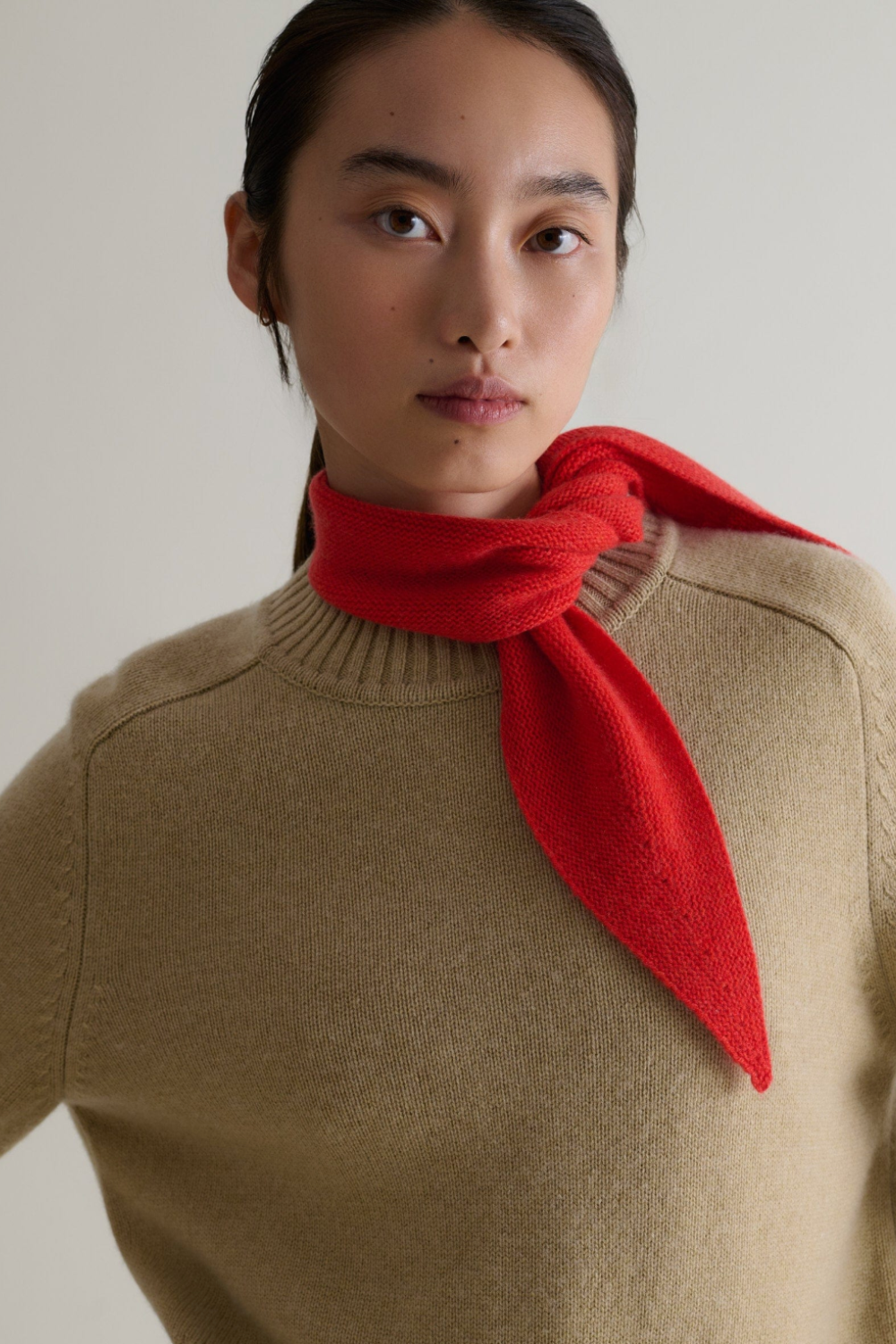
Rise & Fall is a B Corp certified brand, making clothing, bedding and accessories from high quality fabrics including a-grade cashmeres, organic extra-long staple cottons, mulberry silks, European flax linens, and Mastrotto leathers. The brand's aim is to produce less, waste less, and close the margin on high-end luxury goods. It chooses its production partners partners meticulously to ensure they share the brand's values on world-class quality, ethical working practices and environmental responsibility. They get a good price for their products, which means they can look after their people, and in turn, Rise & Fall delivers true luxury items at a reasonable price-point.
Editor Verdict:
"Rise & Fall is one of my all-time favourite brands. I have multiple clothing items, bedding, and even pillows from here, and the quality of every piece is second to none. I love that every design is truly timeless, increasing its longevity in my wardrobe even more, and each material is truly luxurious—but not outrageously priced. I rave about this brand to anyone who will listen." Amelia Yeomans, Junior Shopping Editor
OMNES
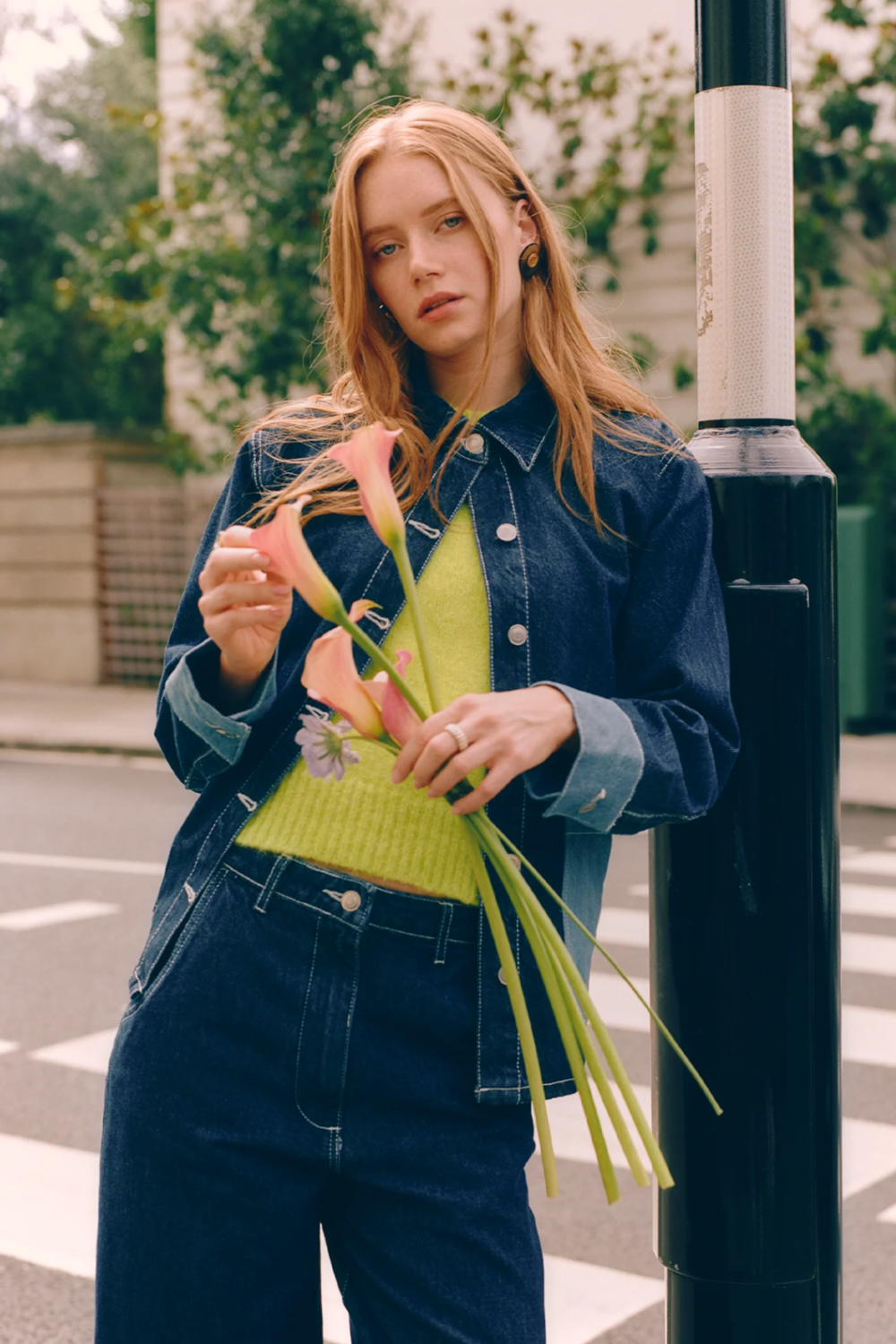
OMNES means all, with the brand's ethos being that we are all in this together. The B Corp brand is aware that fashion is one of the worst polluters, so even when sketching clothes, designers think of styles and fabrics that you will wear as long as possible. The brand also uses offcuts in accessories to minimise waste, and audits its factories in Romania, India and London to make sure they comply with Health and Safety, Environment, Business Ethics and Labour Standards.
Editor Verdict:
"When it comes to chic dresses and understated event wear, Omnes is one of my favourites. I love the brand's signature cowl neck slip dresses, which are often made from recycled polyester, Ecovero Viscose or deadstock fabric. The shapes are so flattering and they're the kind of dresses you can wear for years to come for all manner of different occasions." Zoe Anastasiou, Former Fashion Editor
Ninety Percent
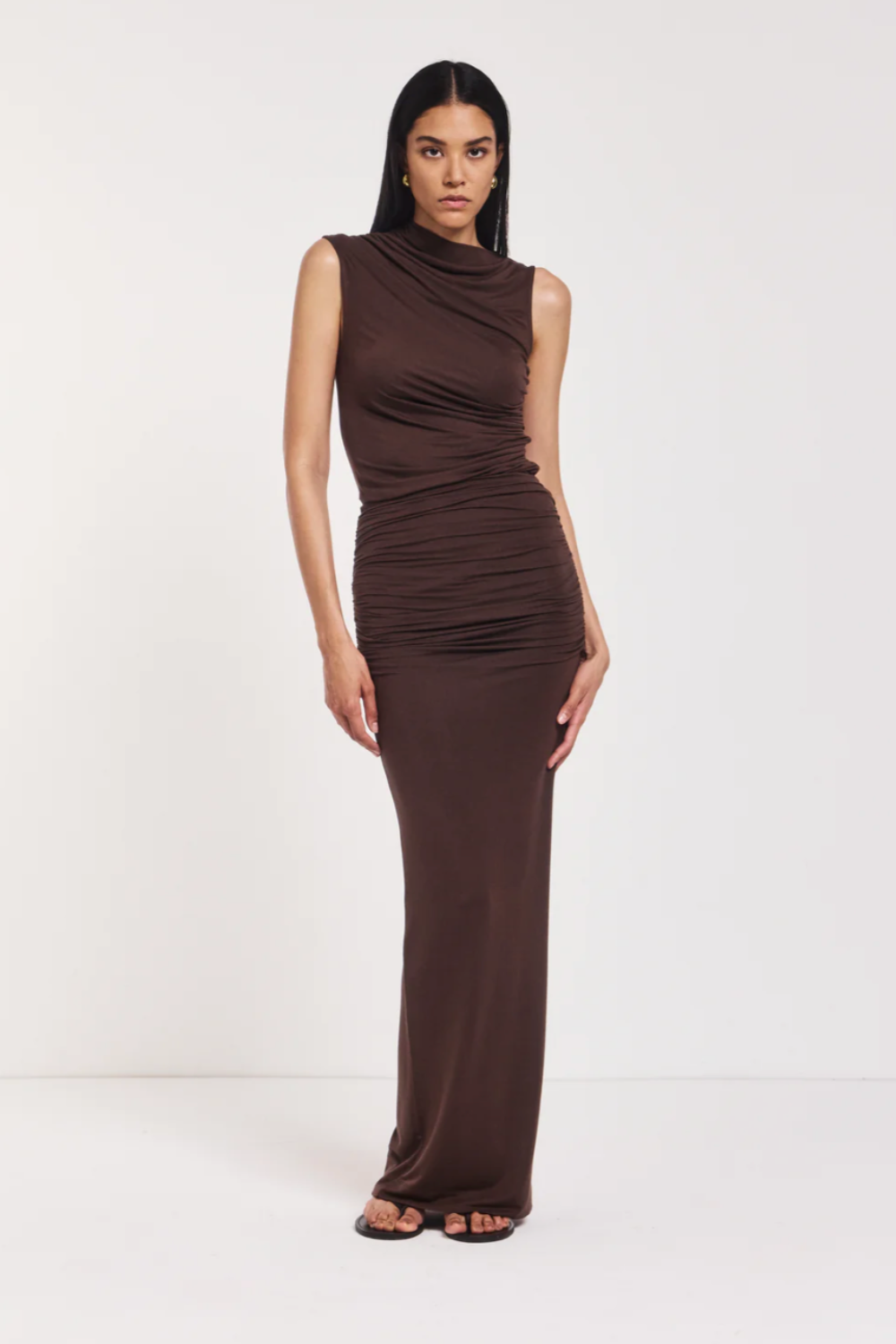
Ninety Percent gained its name thanks to its unique business model, which sees the brand sharing 90% of its profits between its people and charitable causes that prioritise the planet. In addition to this, the brand also prides itself on transparency and traceability, as well as the use of sustainable materials. Ninety Perfect's signature draped tops, dresses and skirts are of particular note.
Editor Verdict:
"I have a number of Ninety Percent pieces in my own wardrobe, as not only do I love the brand's business model, but its timeless pieces make for great everyday basics. Plus, they're made from natural fibre fabrics, such as organic cotton, linen and viscose." Lauren Cunningham, Contributing Fashion Editor
Dora Larsen
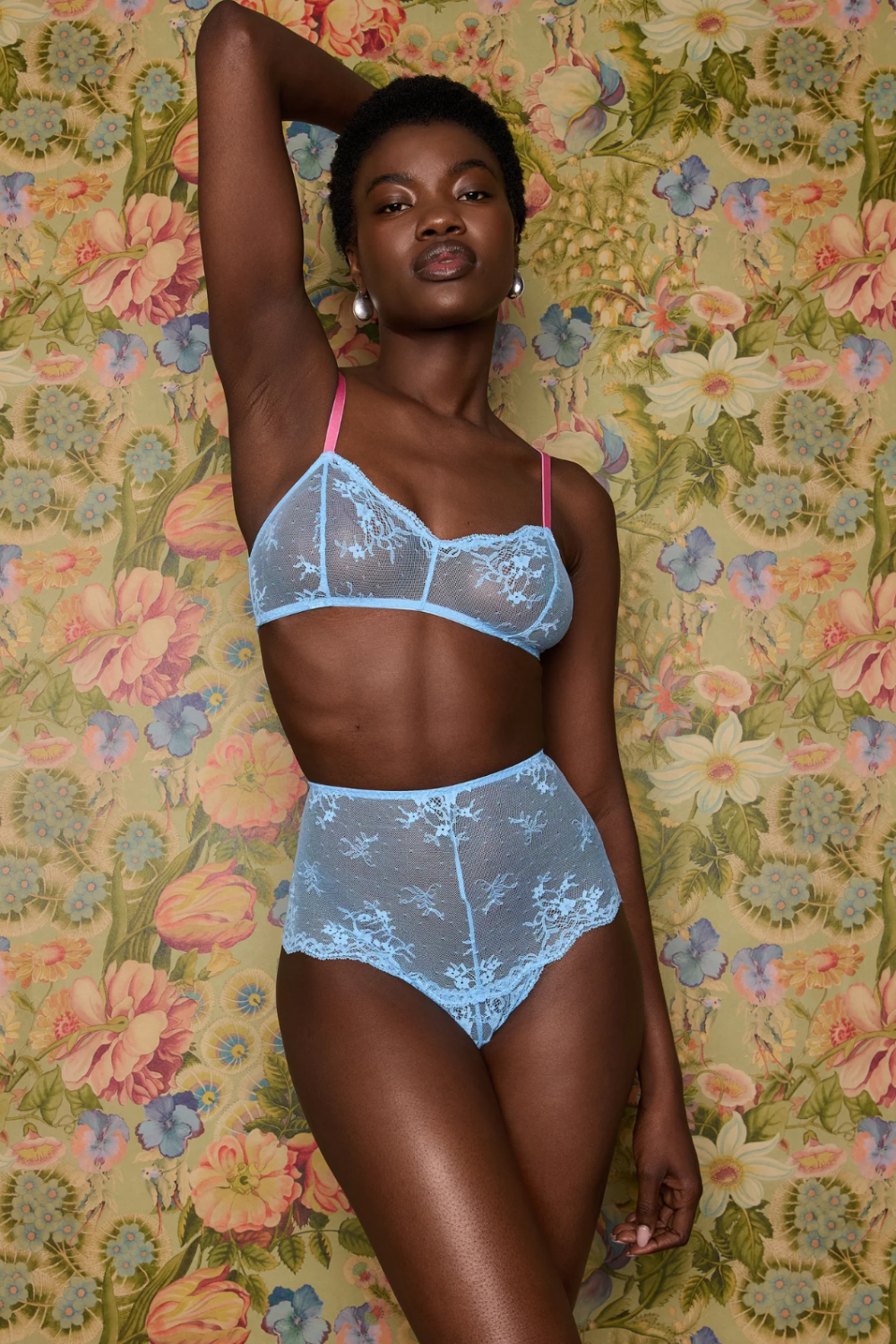
Since 2021, Dora Larsen has been collaborating with environmental charities whose work we align with and feel inspired by, such as DIRT, The Fungi Foundation, Farmers Footprint and Grow for Life to name a few—to date, the brand has donated over £47,000. The bespoke lace pieces are designed on an exclusive basis, and all are made using at least 83% recycled materials. Plus, two thirds of their laces are produced in a workshop that uses solar power to provide full capacity electricity and water recycling units to monitor and limit water consumption throughout the dying process. And that's just a small handful of reasons of why we love them.
Editor Verdict:
"Dora Larsen underwear is some of the most chic on the market, so it's a huge bonus that each piece is sustainably produced. Plus, the quality is excellent, so it's worth every penny." Amelia Yeomans, Junior Shopping Editor.
AKYN
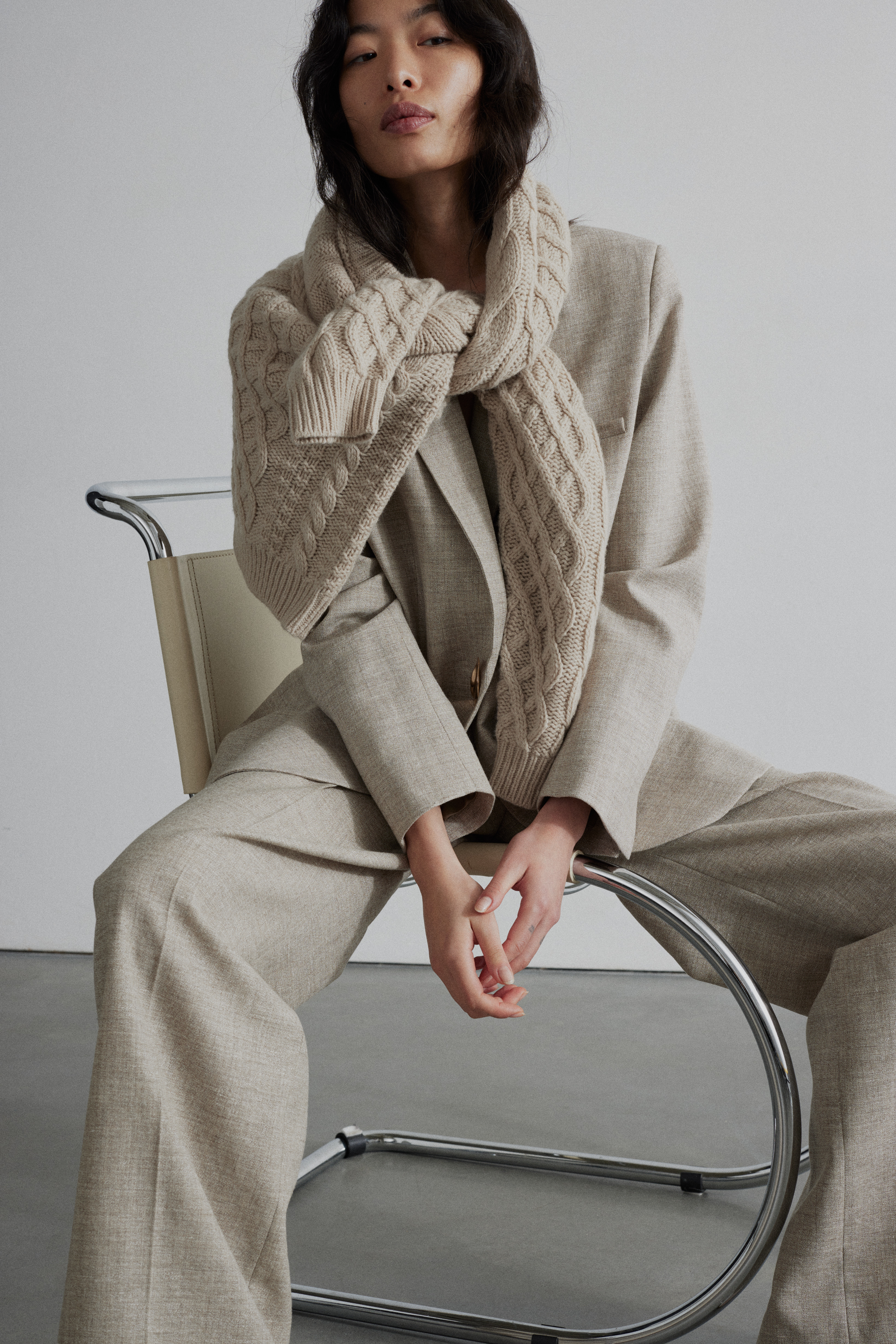
Founded in 2025 by Amy Powney, the former creative director of Mother of Pearl, AKYN is a contemporary womenswear label that focuses on timeless, beautifully-crafted pieces with care for the earth at the forefront. With an aim to be the most responsible and traceable brand, AKYN is built on a regenerative-focused business model.
Editor Verdict:
"Amy Powney is one of the leading voices of sustainable fashion in the UK, so anything she's involved with is bound to garner the attention of fashion fans across the globe—myself included. While I'm yet to own an AKYN piece myself (plenty are on my wishlist), it's clear this is the brand to turn to for particularly chic-yet-sustainable fashion finds." Lauren Cunningham, Contributing Fashion Editor
Reformation
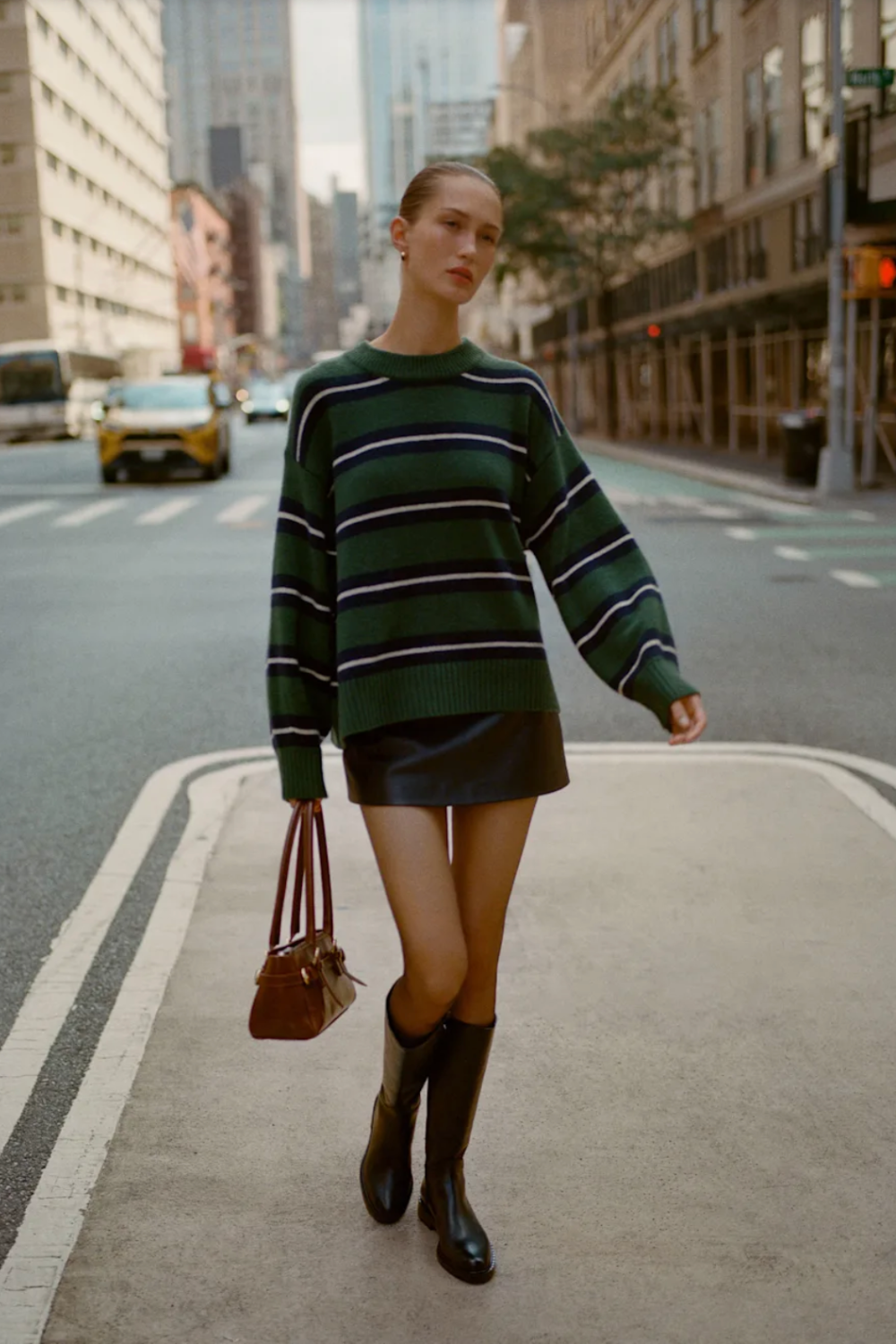
With a slogan that reads, "Being naked is the #1 most sustainable option. We're #2," you could deduce that Reformation is undoubtedly a brand that prides itself on its sustainability efforts. The brand hopes to achieve Climate Positivity this year, with a goal that includes sourcing 100% of its fabrics from either recycled, regenerative or renewable materials. Plus, the brand is working to develop vegan, plastic-free leather made from Mycelium (which is the root-like structure of a mushroom).
Editor Verdict:
"Not only is Reformation popular with sustainable fashion fans, but it's also the go-to brand for a number of celebrities—Taylor Swift, Kendall Jenner and Hailey Bieber, included. The dresses are particularly popular as well as the accessories. Think essential shapes in on-trend prints and colours." Lauren Cunningham, Contributing Fashion Editor
With Nothing Underneath
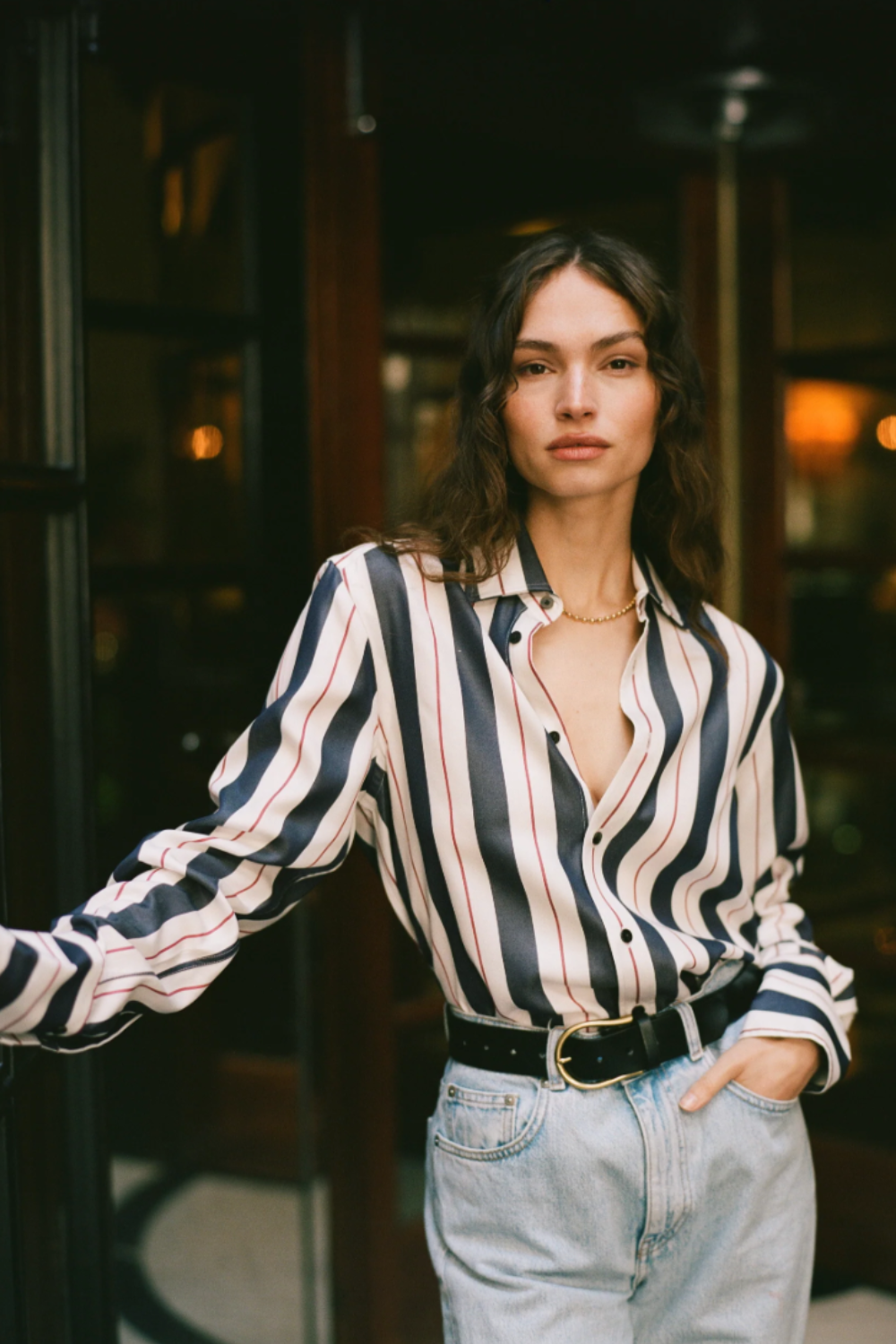
As a B Corp-certified brand, you can guarantee that With Nothing Underneath is prioritising the planet and is conscious about its environmental impact. The independent British brand thrives on the ethos of buying less and buying better, offering a whole host of timeless wardrobe staples that are guaranteed to stay in your wardrobe for years to come. In terms of materials, the brand uses Organic Cotton, Tencel, recycled silk and even its shirt buttons are made from corozo nuts.
Editor Verdict:
"There is, in my opinion, no shirt brand that compares to With Nothing Underneath. I own three of the brand's shirts and wear them season in, season out. Not only is the quality exceptional, but the fit is second to none—nailing that laid-back, casual vibe that still oozes luxury and expense. They're not wildly expensive in the grand scheme of things, but still more than your average £30 Zara buy. However, when I think about the cost per wear compared to high-street alternatives in my wardrobe, With Nothing Underneath comes out on top every single time." Shannon Lawlor, Former Executive Beauty Editor
Arkitaip
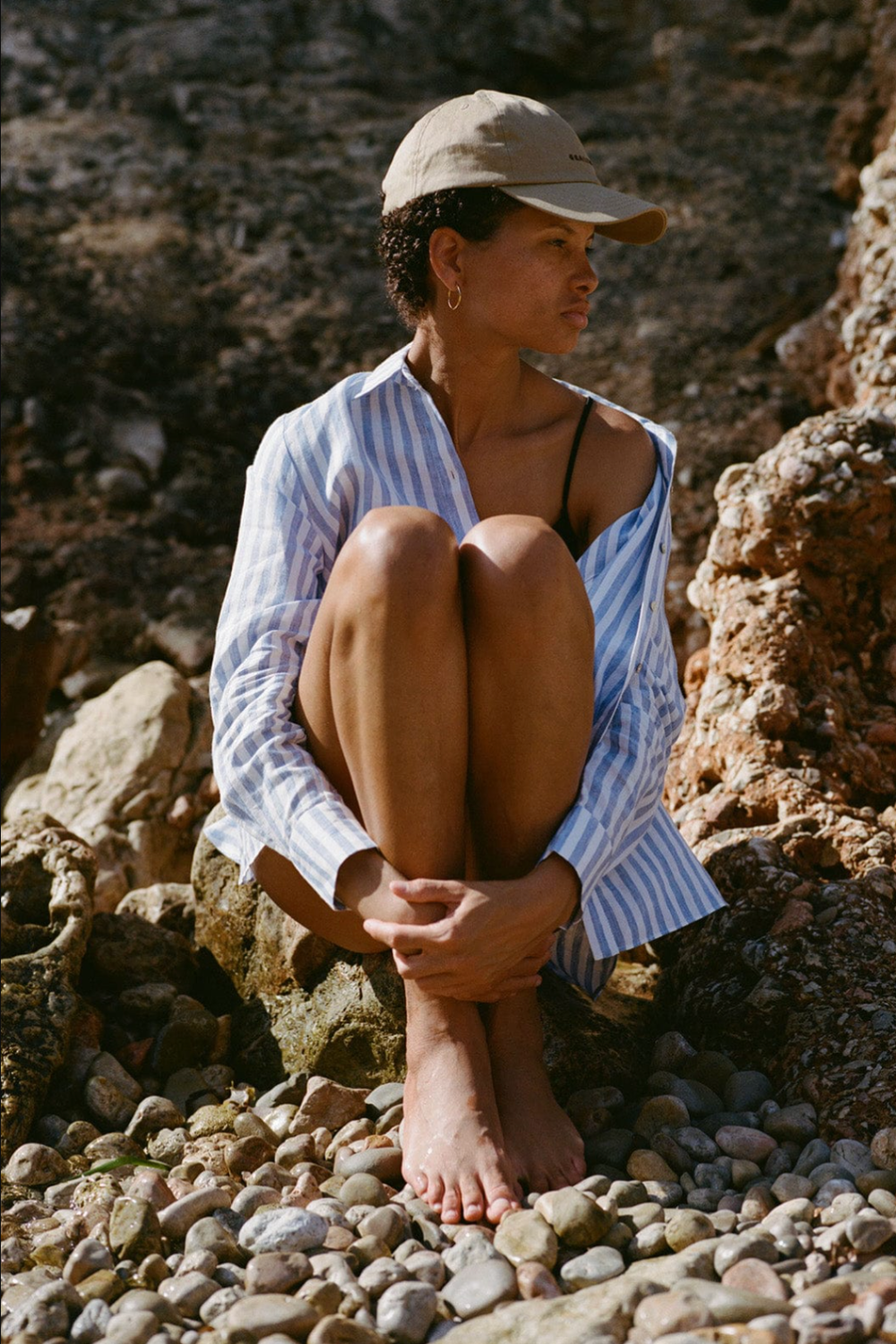
Now, you may not have heard of Arkitaip before, so allow us to take you back to the beginning. The London-based brand was founded in 2019 by mother-daughter duo Michi and Lea Wieser, with the idea to create conscious wardrobe staples that will last a lifetime. Each piece is crafted in Portugal from European Linen Masters certified linen, creating a small capsule collection of clothing and homeware.
Editor Verdict:
"Granted, Arkitaip may be a brand you reach for more throughout the summer months thanks its to particularly chic linen dresses, skirts and shirts, but its homeware can be used year-round. The gratitude napkin set is currently top of my wishlist." Lauren Cunningham, Contributing Fashion Editor
DeMellier
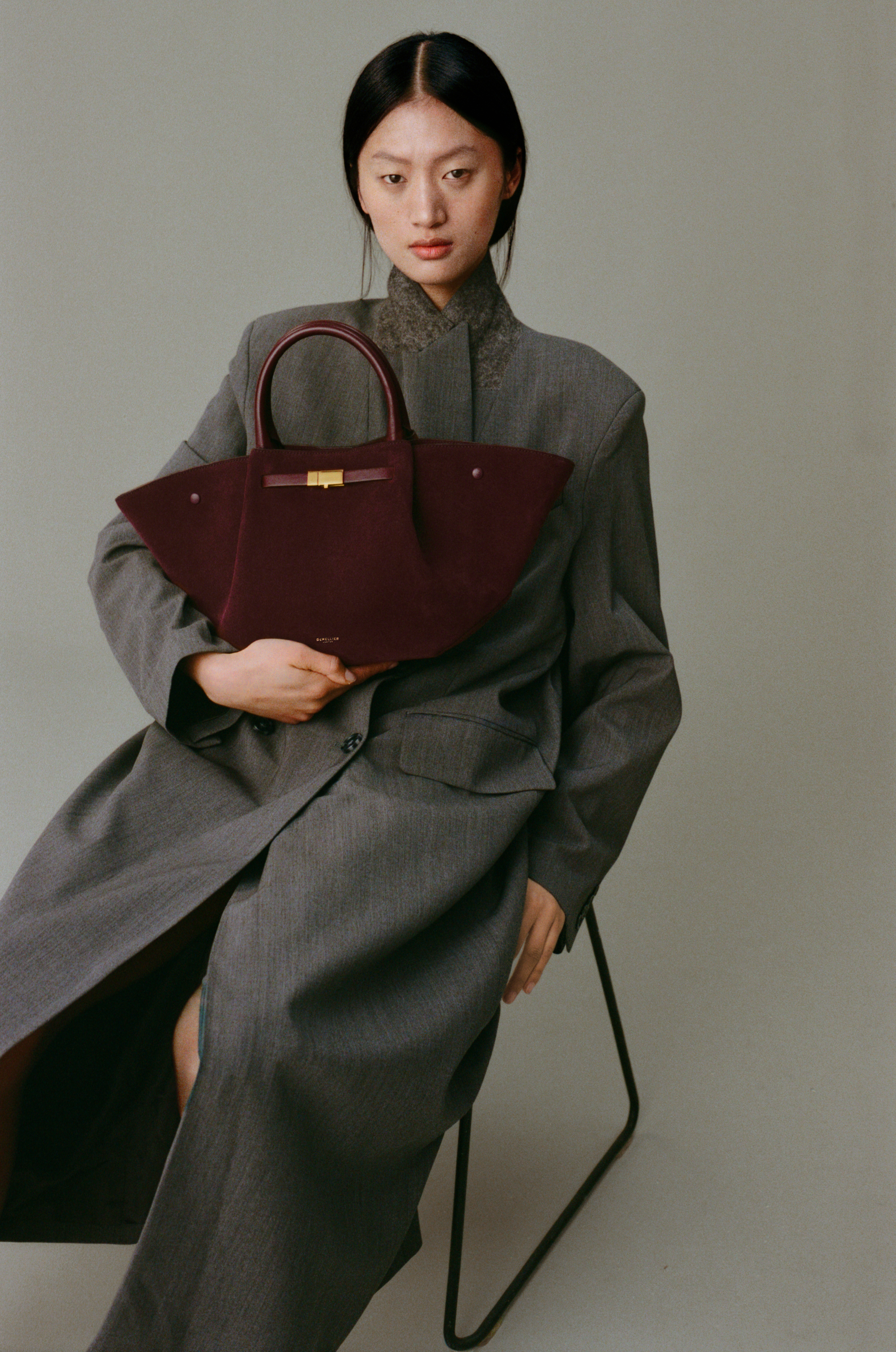
DeMellier is proof that luxury handbags can be both stylish and responsible. Founded in London in 2010, the brand is known for its timeless, minimalist handbags crafted in family-run European workshops using sustainably sourced leathers from certified tanneries. Exotic skins are avoided entirely, and long-lasting design prioritised to encourage a slower, more thoughtful approach to fashion—all of which has attracted high-profile fans including Kate Middleton, Meghan Markle and Katie Holmes. DeMellier's commitment goes beyond materials, too: through its ‘A Bag, A Life’ initiative, the brand supports life-saving vaccines and medical treatments for children in need with every purchase.
Editor Verdict:
"With its blend of ethical production, social impact and enduring appeal, DeMellier is a smart investment for anyone looking to build a more sustainable wardrobe. The brand ensures that traceability and social practices are also a key part of production for its suppliers, making sure none of its materials comes from areas at risk of deforestation, and the majority are by-products from the food industry that would otherwise go to waste." Sofia Piza, Fashion Writer
Sézane
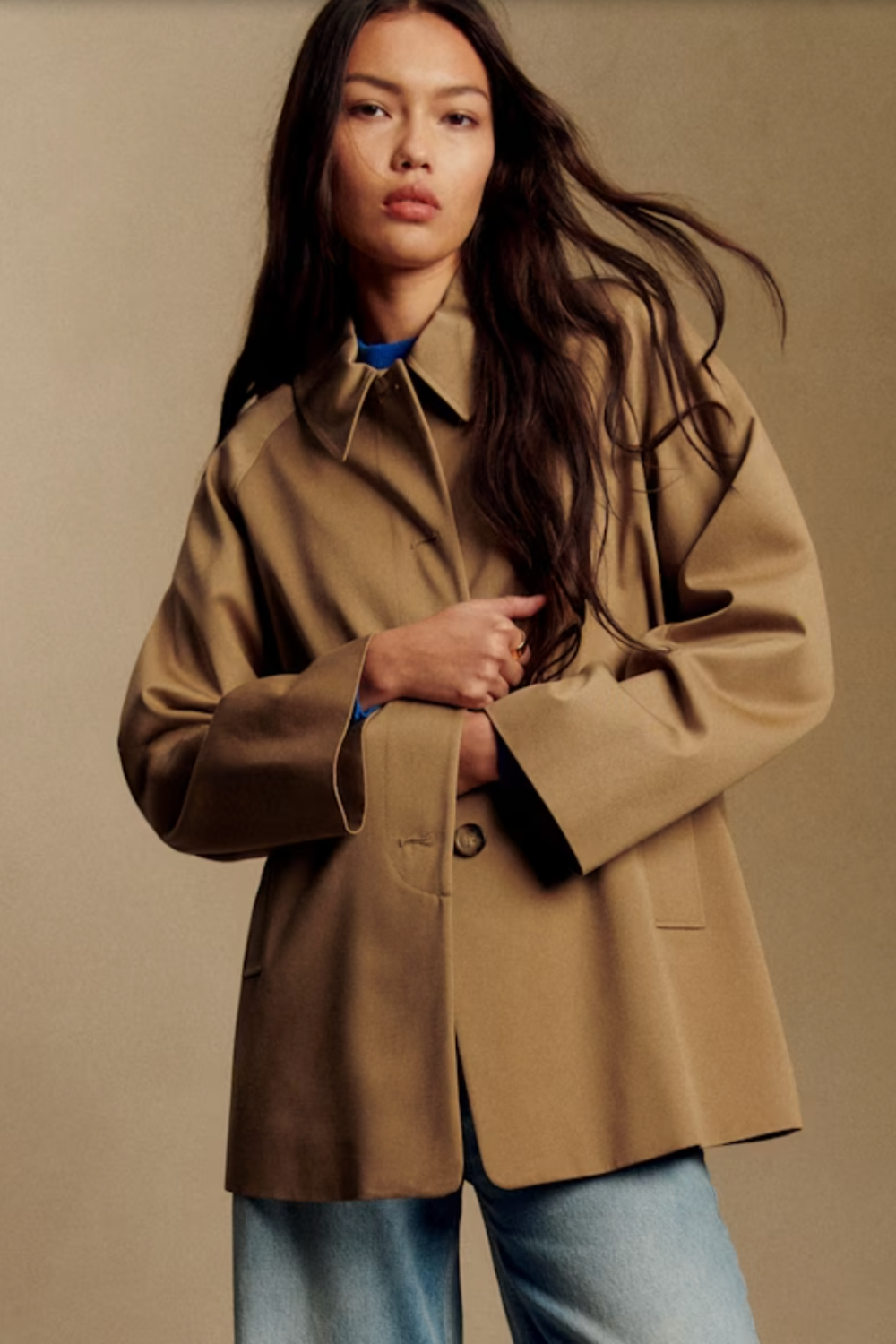
Sézane has become one of the first-ever French brands to obtain a B Corp-certification. Today, three-quarters of the materials in its current collection are eco-friendly. They have obtained 5 certifications (GOTS, Oeko-Tex, FSC, RWS and RMS ) and released their first 100% eco-friendly denim line. Since 2018 Sézane has raised over 4.5 million euros for the philanthropic program DEMAIN. On the 21st of every month, 10% of global turnover and 100% of the proceeds from a dedicated design are donated to programs which support access to education and equality of opportunity for children all over the world.
Editor Verdict:
"Nothing says French girl chic quite like Sézane. The brand offers timeless staples that you will want to wear for years to come. After all, aside from manufacturing and fabrication, another true test of a sustainable wardrobe is ensuring you wear and re-wear your clothes again and again. Nothing is more sustainable than the clothes already in your wardrobe." Zoe Anastasiou, Former Fashion Editor
GANNI
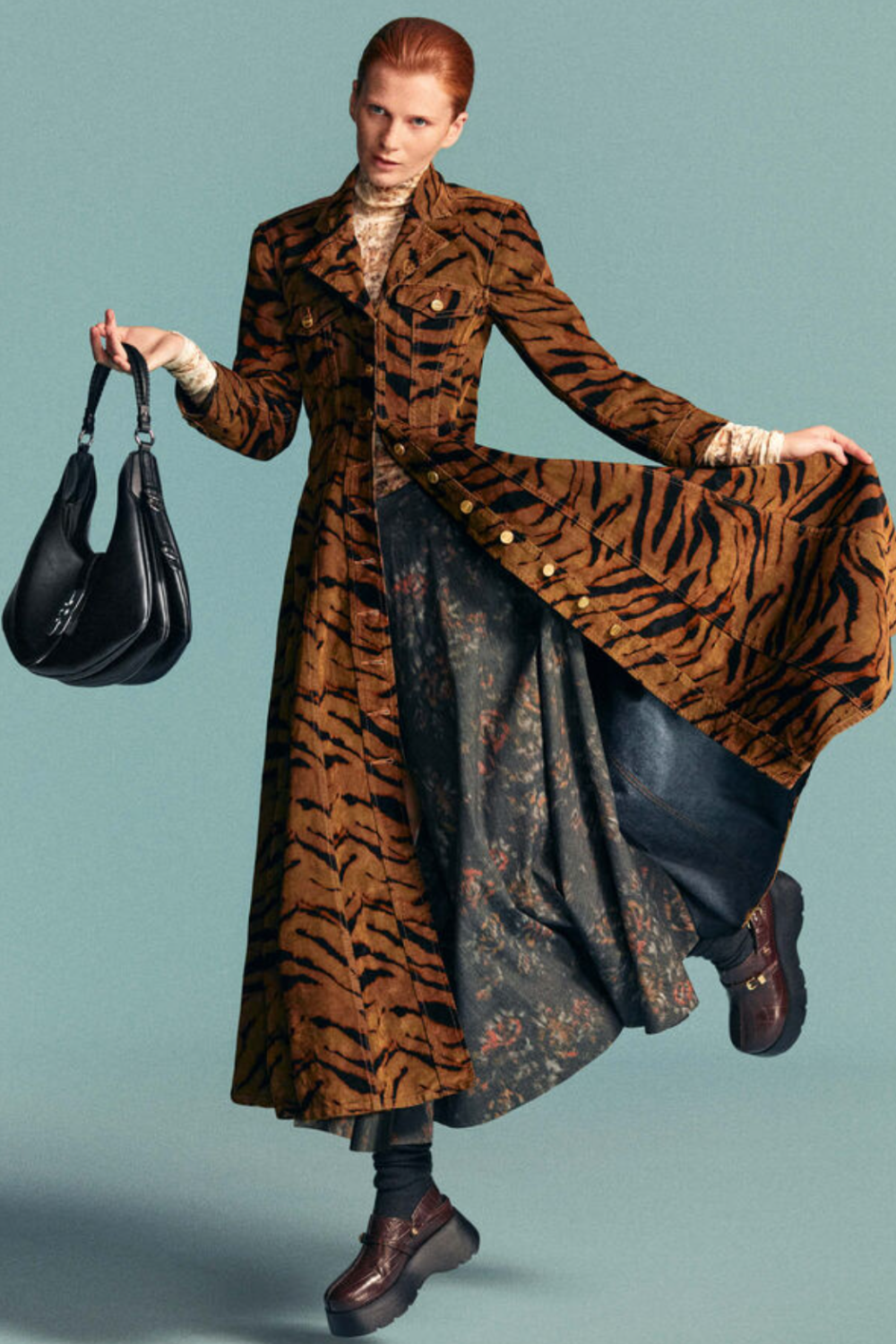
GANNI has pledged to focus on four areas, the planet, people, the product and prosperity. These goals include reducing CO2 emulsions by 30% per kg of clothing, a gender equality policy, using more sustainable fabrics and investing in innovative projects to support the planet.
Editor Verdict:
"GANNI makes up a lot of my wardrobe—in fact, you could call me a super fan. The super-soft beanies, the huge collars, the oversized coats and the chunky boots. These cool fashion staples are classic and timeless, and the quality of the clothing means that you'll have them for decades. The Scandi brand is the ultimate cool-girl uniform in London this season, but it's also the sustainable choice, becoming B Corp certified a few years ago." Jenny Proudfoot, Former Features Editor
Rouje
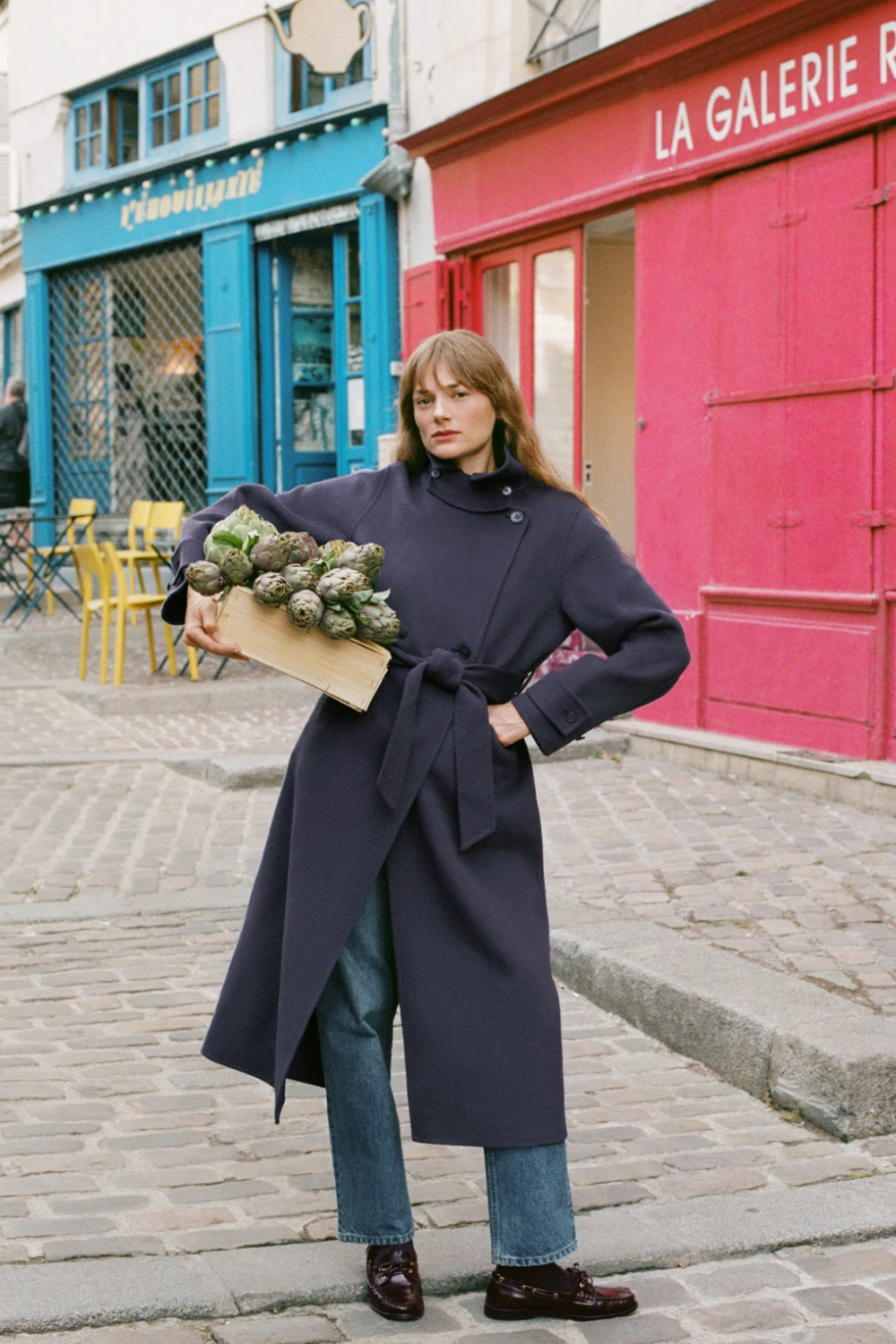
Founded by Jeanne Damas, Rouje is a brand that recognises sustainability is about constantly improving. So, the brand is working to become more sustainable with each collection. Currently, 94% of the range is created in Europe, meaning the brand lowers its environmental impact and 74% of the brand current collection is made from certified materials
Editor Verdict:
"Almost every fashion editor I know has a number of Rouje pieces in their wardrobe, so it's easily considered a go-to for chic French style. Plus, if you want to finally learn how to truly care for your fabrics, take a look at the Rouje care guide—the best way to be sustainable is to keep your items for longer, after all. " Lauren Cunningham, Contributing Fashion Editor
Nobody's Child
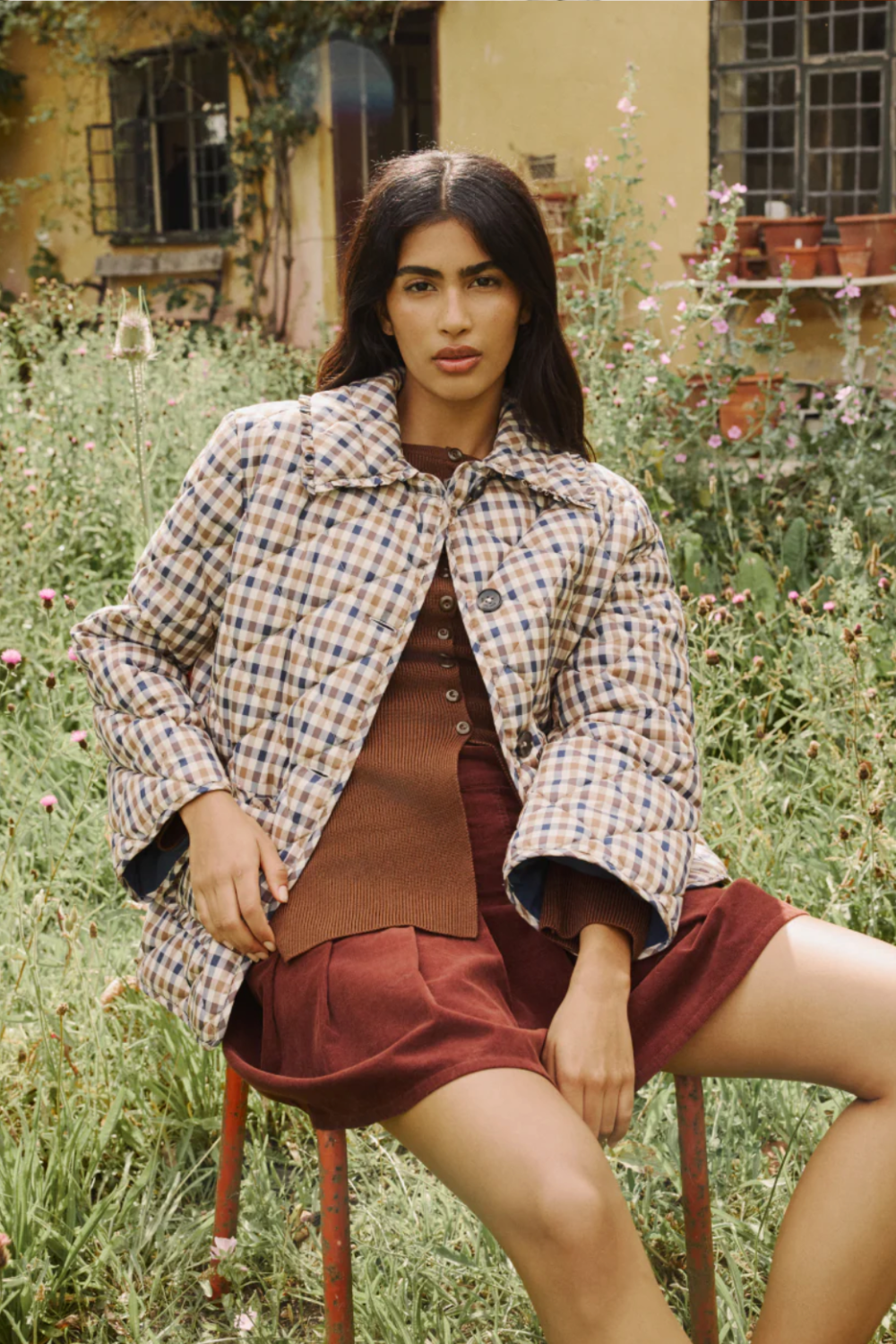
Nobody's Child has pivoted to become a go-to fashion label that is sustainable as well as affordable, without compromising on design. Through 2021, its mission was to become a more responsible brand and now 90% of the collection is made from certified sustainable materials. Nobody's Child has also slince partnered with Canopy on the PACK4Good initiative, and its tags are FSC certified, with packaging made from 100% recycled plastic.
Editor Verdict:
"Nobody's Child was one of the first mainstream fashion brands to include Digital Product Passports within its items, proof that it has a strong understanding of its supply chain. The brand has also made its Impact Report publicly available so you can delve deeper into what's going on behind the scenes, too. This transparency is what makes them so successful." Lauren Cunningham, Contributing Fashion Editor
Deiji Studios
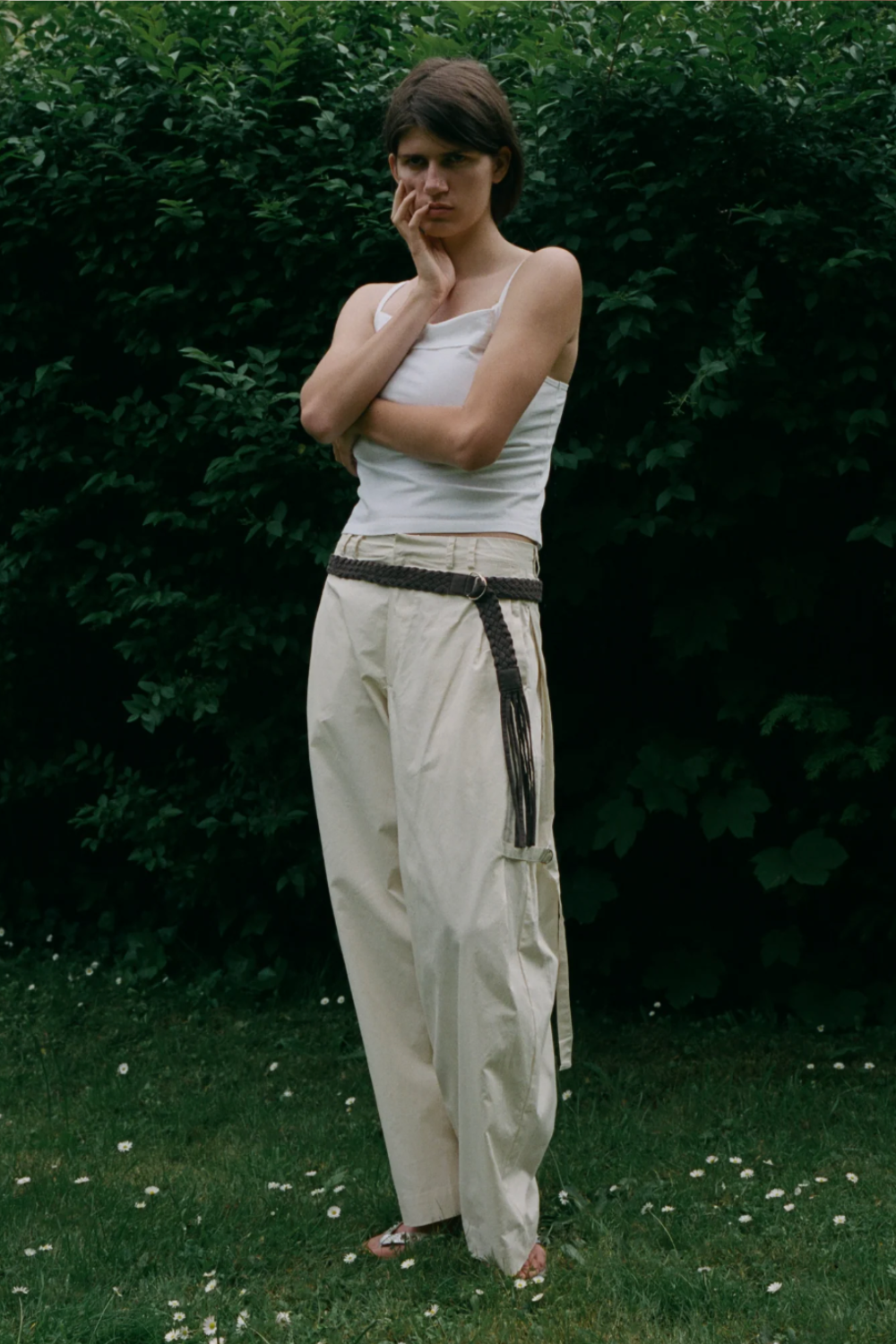
As a brand that offsets its entire carbon usage, you can guarantee that Deiji Studios is conscious about its impact on the planet. The brand designs using natural and sustainable fibres including linen, GOTS cotton and more, utilising materials that are biodegradable or recycled. Deiji Studios has also partnered with 1% for the planet, meaning that the brand contributes at least 1% of its annual revenue to environmental causes.
Editor Verdict:
"Deiji Studios is available on Net-A-Porter, meaning not only is it incredibly easy to shop (hello, next-day delivery!), but it's also had a huge retailer's seal of approval. Consider it your go-to for everyday staples that are simple and chic." Lauren Cunningham, Contributing Fashion Editor
Faithfull The Brand
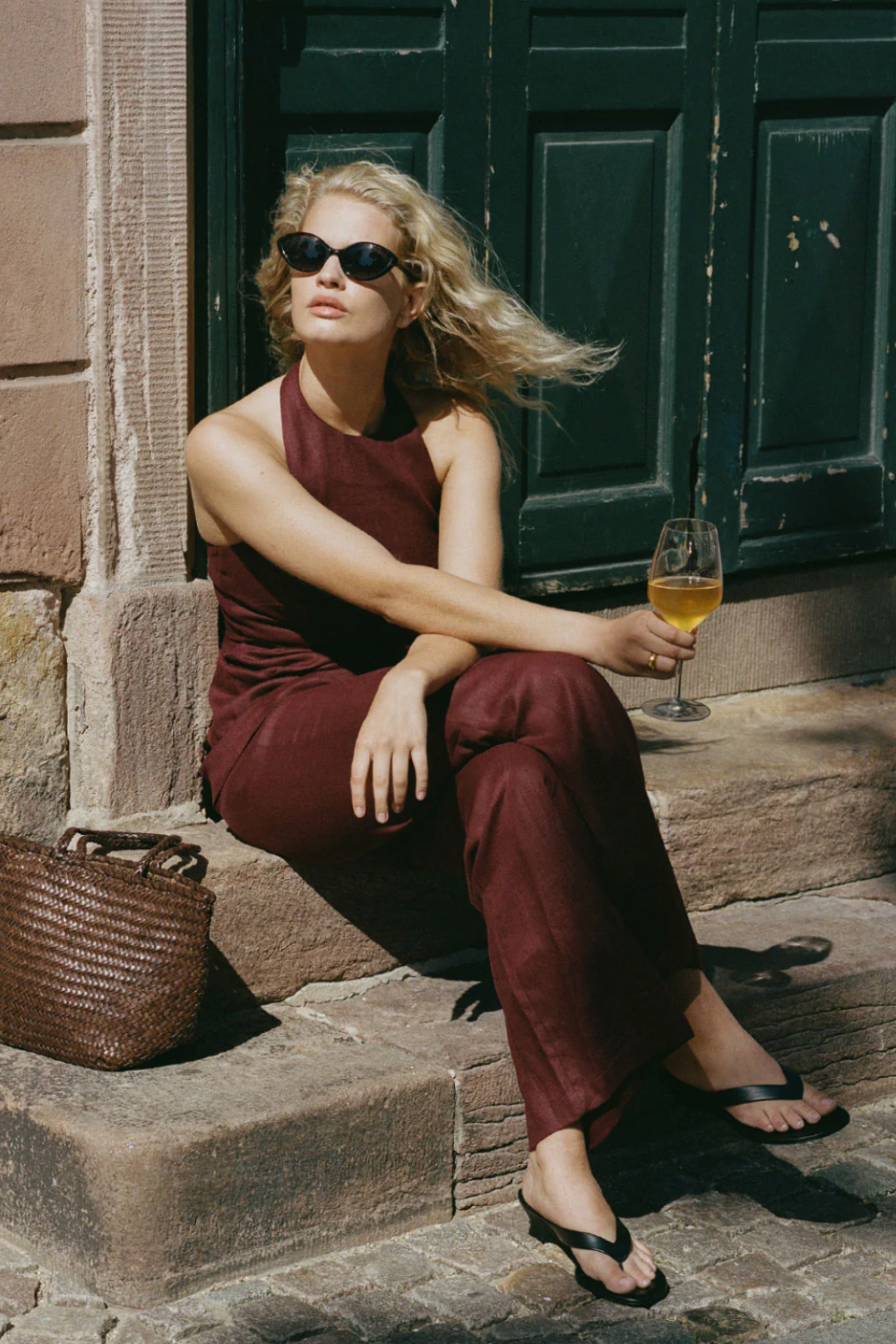
Founded in Indonesia in 2012, Faithfull the Brand has care, quality and authenticity weaved into its very fabric. From day one, co-directors Sarah-Jane Abrahams and Helle Them-Enger have collaborated with Bali’s best manufacturers to create their hand-made garments, and have continued to live and work closely with their local community ever since. At the heart of the brand are thoughtfully produced designs that evoke a sense of summer and a spirit of travel. Faithfull is known and loved for its vintage inspired prints, flattering shapes, and unique pieces, made for sun-seekers and romantic dreamers.
Editor Verdict:
"As a B Corp brand, Faithfull The Brand takes real pride in its commitment to more sustainable practices, and the resulting clothes are worthy of any fashion editor's wardrobe. Think chic holiday-ready separates, trusty trench coats and delicate dresses that will work for any occasion." Lauren Cunningham, Contributing Fashion Editor
Hunza G
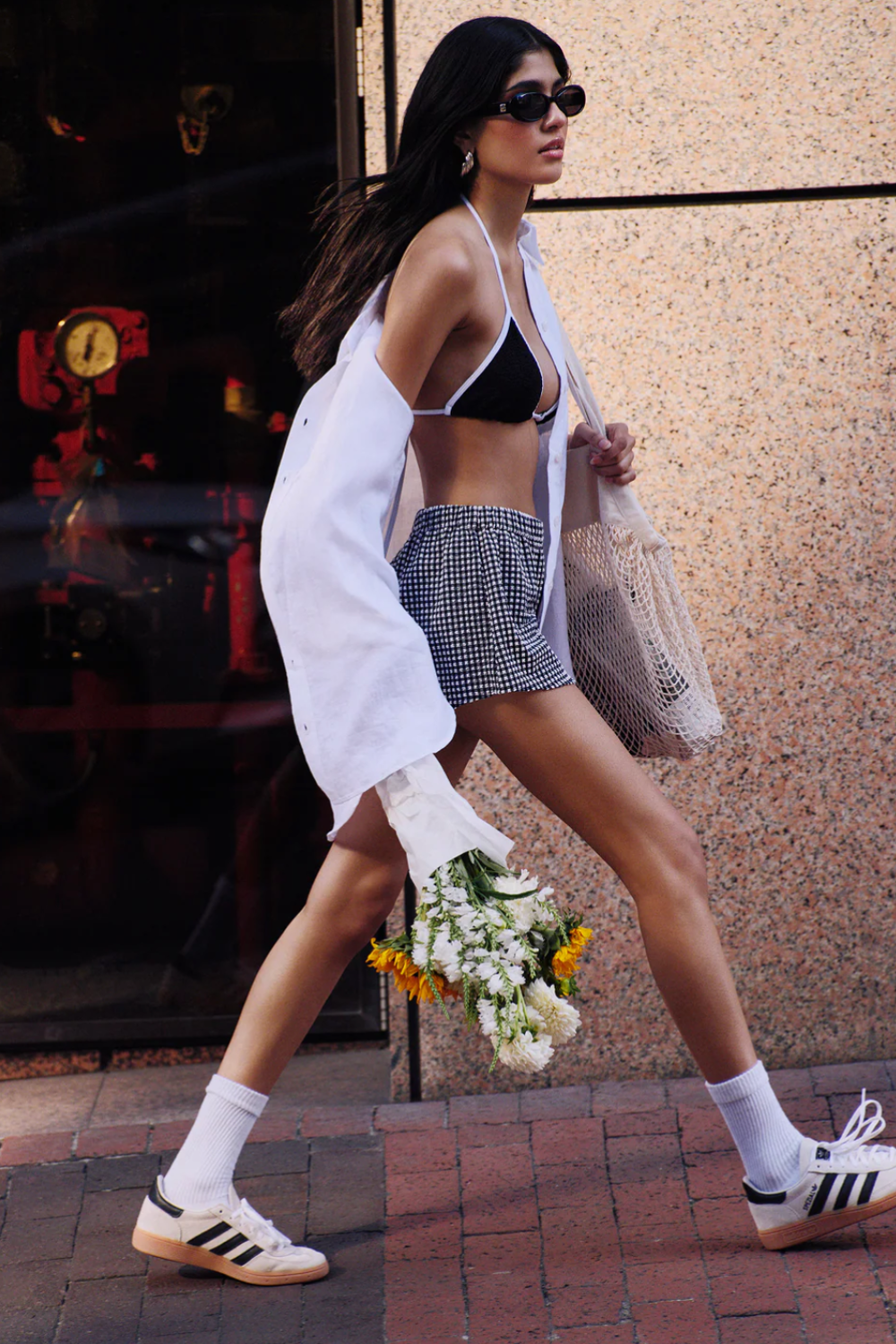
Hunza G's production process begins and ends locally in the UK, amidst a small group of individuals passionate about quality knit fabrics and considered swimwear construction. The crinkle fabric is knitted in a local mill in the Midlands, then processed and dried before being sent to their Central London studio where each garment is cut and made, limiting any possible unnecessary fabric consumption. They also resourcefully produce small run-off quantities of headbands and scrunchies with small cuttings of excess fabric—reducing wastage and providing a long-lasting alternative.
Editor Verdict:
"Two Hunza G swimsuits and one bikini have been a staple in my swimwear collection for a number of years now, so take it from me that they really do last an impressive amount of time—no saggy bottoms in sight (yet). Plus, the brand has quickly amassed an 'if you know, you know' staple amongst fashion fans, so don't be surprised if wearing one gains you a few knowing smiles around the pool." Lauren Cunningham, Contributing Fashion Editor
Aspiga
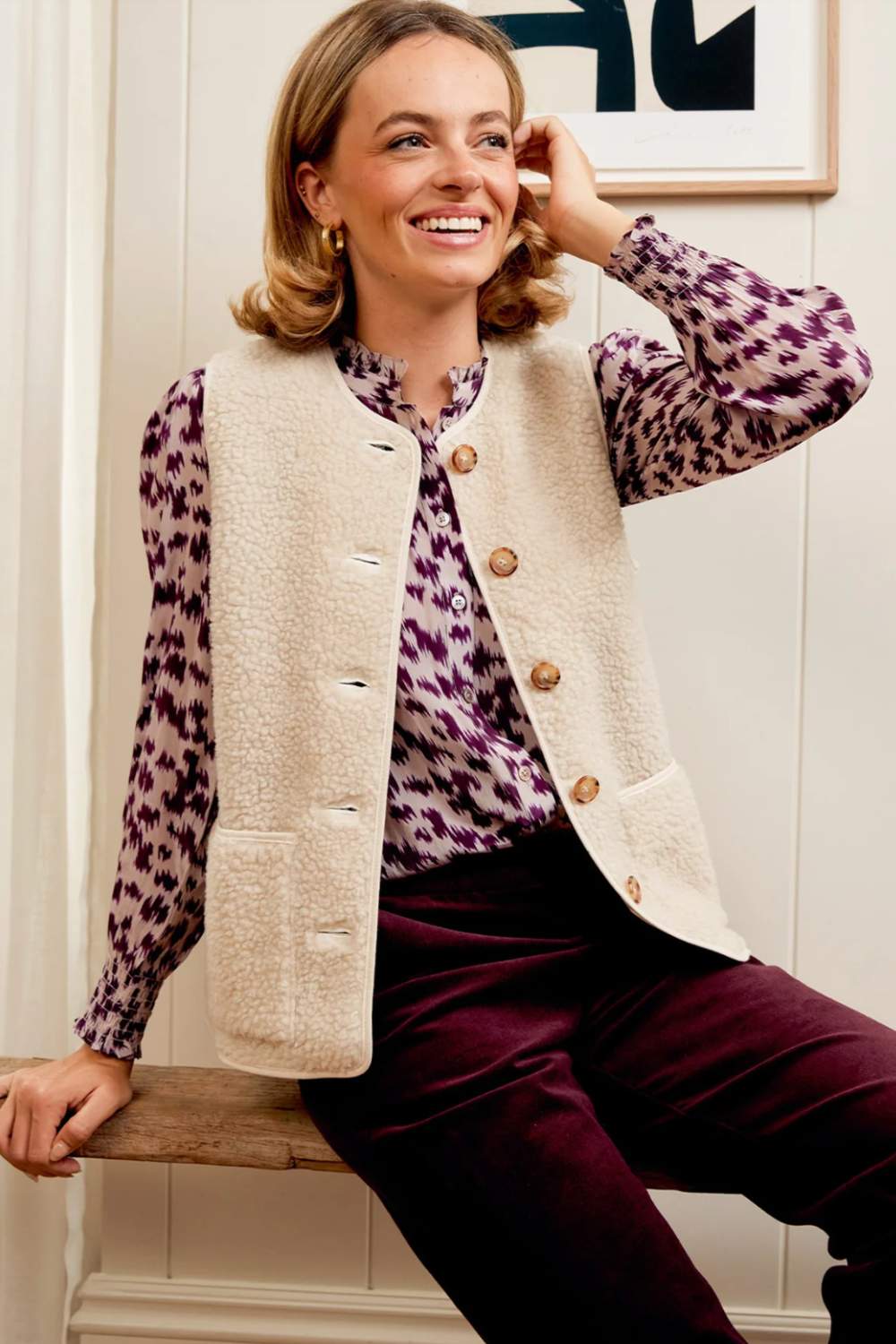
As a B Corp-certified brand, you just know Aspiga takes its sustainability credentials very seriously. A few years ago, the label moved away from using new polyester in its products, choosing instead to use recycled polyester and other yarns made from recycled plastic such as EcoVero. Aspiga has also stopped using plastic in any of its packaging. Its clothing now comes in garment bags made from 100% cornstarch, which is compostable. The label also works with fair trade factories and repurposes all scrap fabric to create sustainable gift bags, scrunchies and face masks, thereby minimising waste.
Editor Verdict:
"Aspiga has released some impressive sats: 88.9% of its collection is made from sustainable fabrics, 94% of its cotton is sustainably sourced alongside 88.1% of its forest fibres. All numbers we're glad to hear, and the brand says it only strives to do better." Lauren Cunningham, Contributing Fashion Editor
Bite Studios
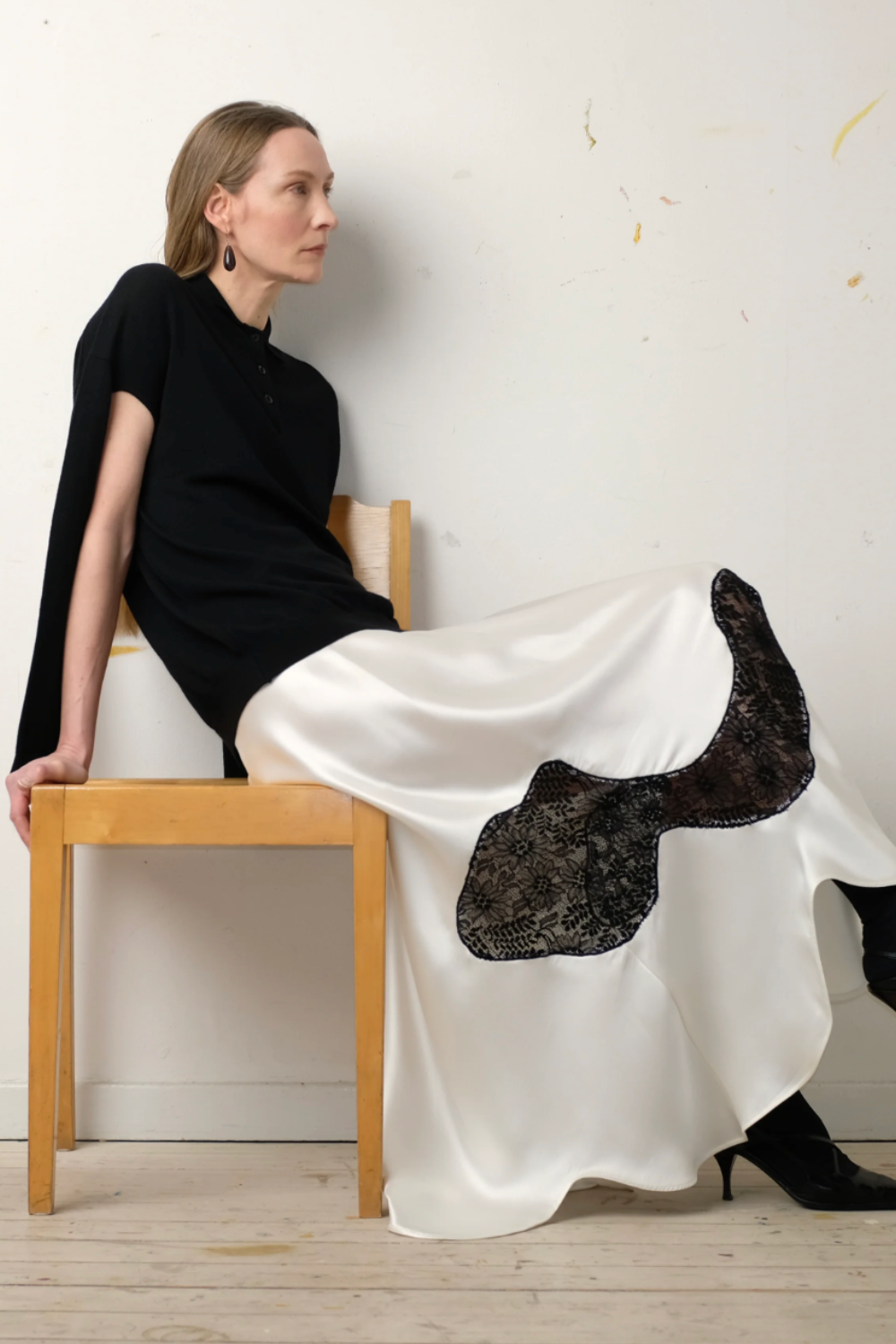
Born in Stockholm but operating from a London Atelier, Bite Studios makes and produces everything on-site in its East London factory space, using only natural, certified organic fabrics with a record of social and environmental responsibility. Specialising in 'Nordic environmental design', each collection consists of a maximum of 20 fixed and updated styles each season, an evolutionary archive, which is now stocked at more than 10 global retailers.
Editor Verdict:
"Bite literally stands for 'By Independent Thinkers for Environmental progress', proving their commitment to doing things differently. The minimalist collection is proof that slow fashion is particularly chic." Lauren Cunningham, Contributing Fashion Editor
Le Kasha
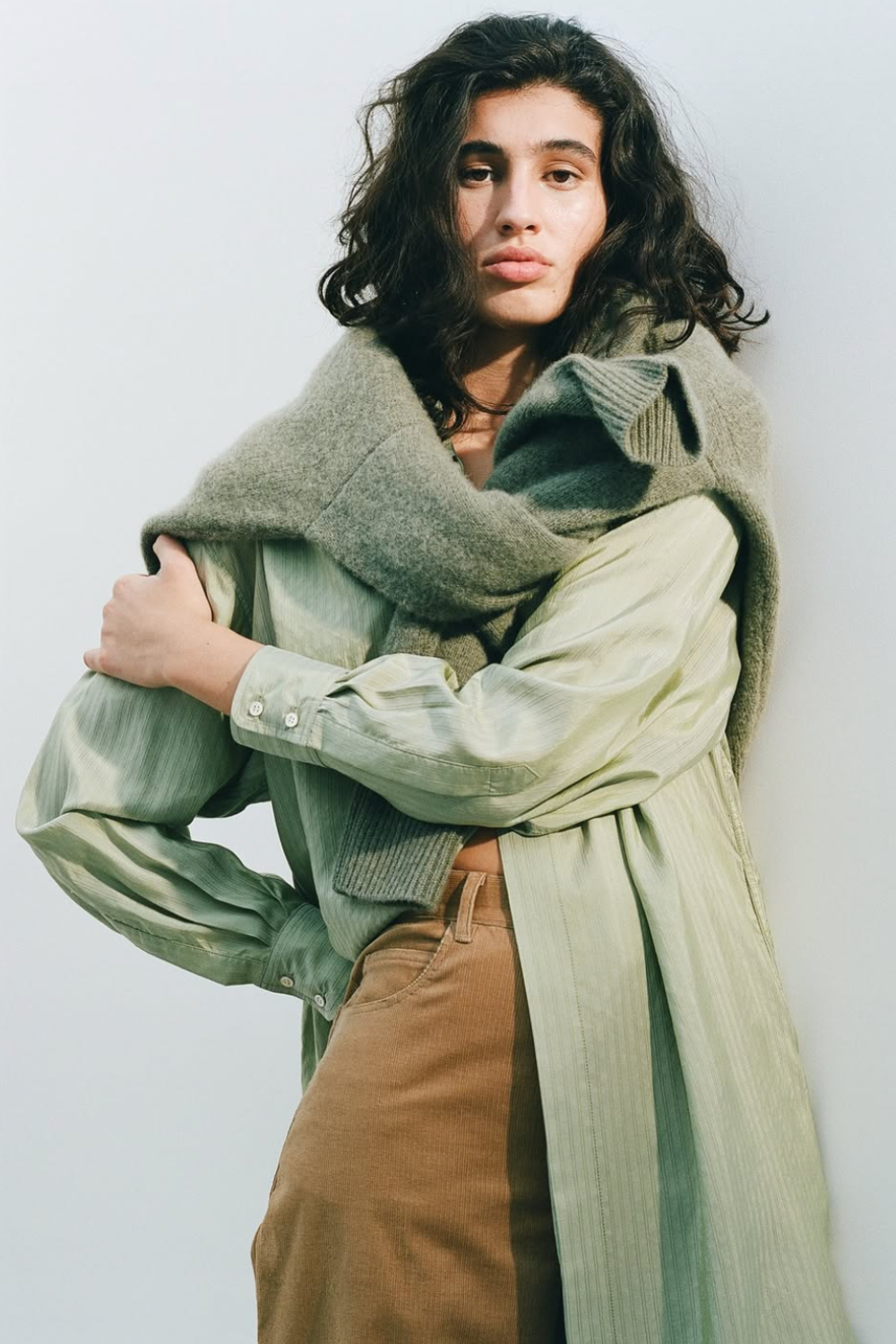
Le Kasha's mission is to make beautiful and timeless clothing suitable for every place and every season, using only natural and noble material, at the Le Kasha Eco label factory. Founded in 1918, the brand has long been a staple of classic French style, making items that are both comfortable and easy to care for. Even Coco Chanel turned to the label in the 1920's, using the brands fabrics in her first suit collection.
Editor Verdict:
"The story of Le Kasha is the first thing that draws me to the brand—if it's good enough for Coco Chanel, it's good enough for me—but its timeless designs keep me intrigued. Cashmere and wool make up the bulk of the collection, creating investment items that can be passed down through generations. Just be mindful of shipping fees." Lauren Cunningham, Contributing Fashion Editor
Asket
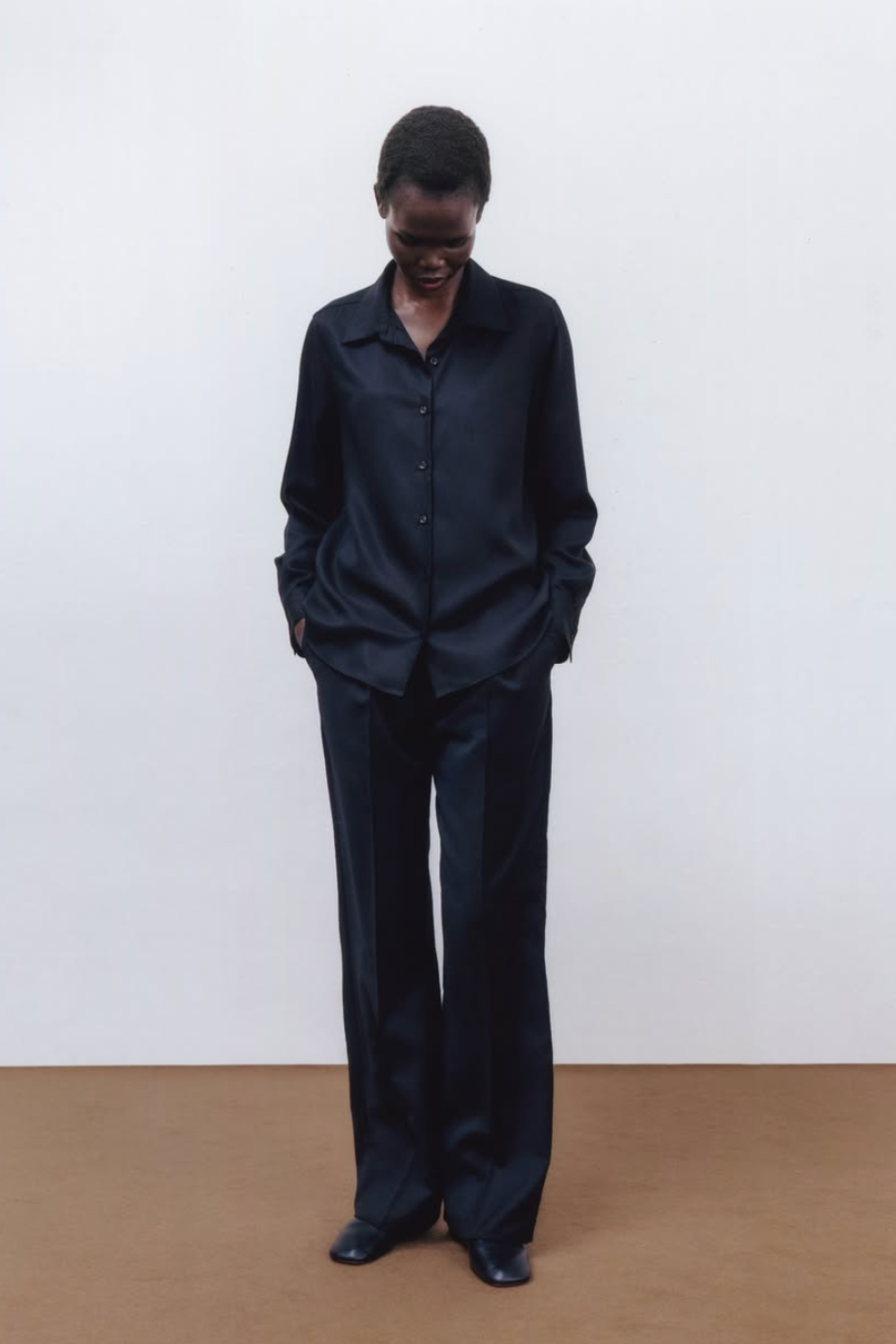
Responsible fashion label Asket is perfecting one garment at a time, throwing out all the unnecessary fuss and focussing on what matters: quality and fit. Each piece joining the permanent collection is 100% traceable and created to last and designed to fit—54 sizes are available in the denim, which is no easy feat.
Editor Verdict:
"When thinking of wardrobe basics, Asket is now the brand at the front of my mind. Each investment piece will last a lifetime in any wardrobe and can be styled in a whole host of ways. Capsule wardrobe lovers, this is certainly a brand for you." Lauren Cunningham, Contributing Fashion Editor
Anny Nord
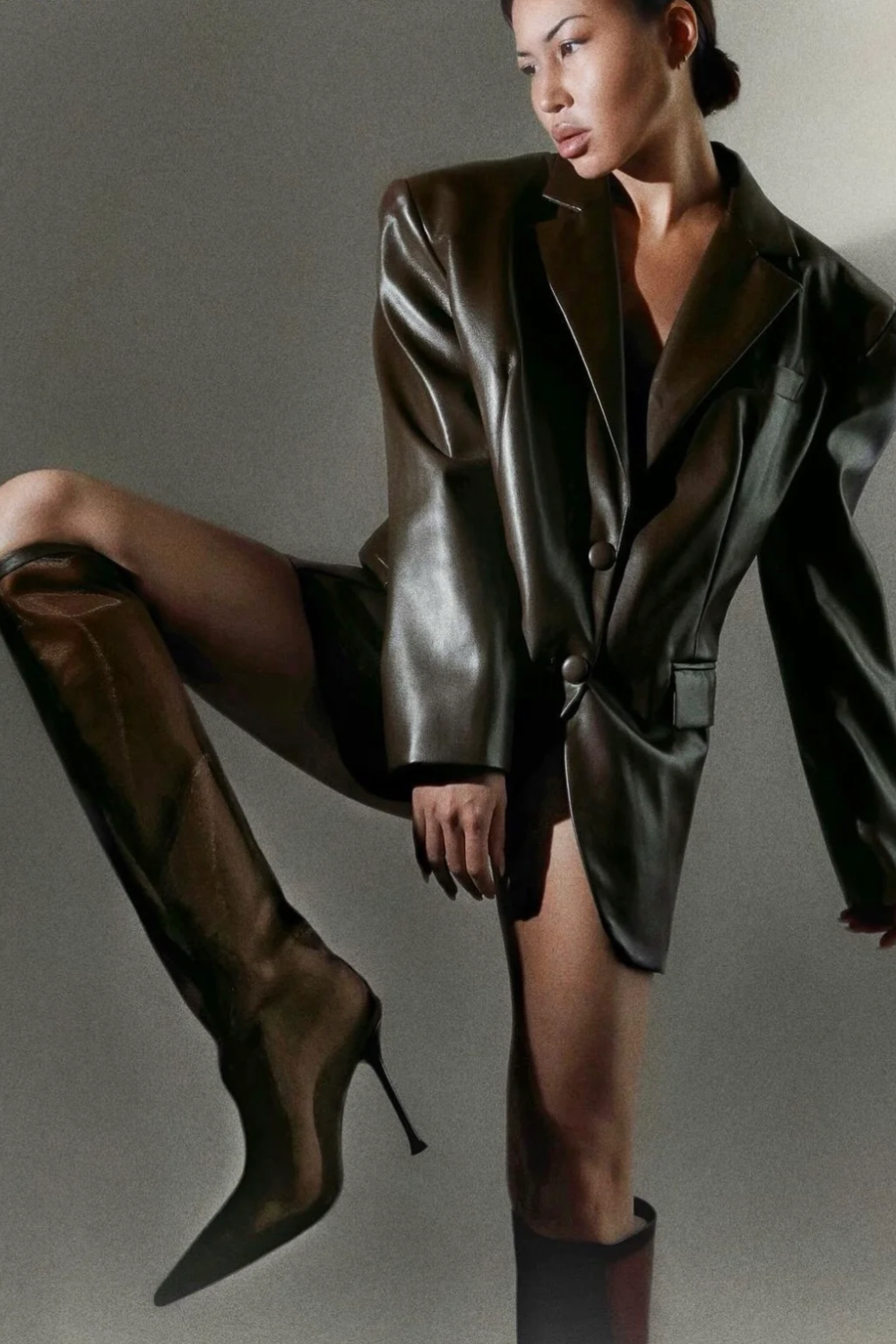
All of Anny Nord’s gorgeous shoes (based on a clean Scandi aesthetic) originate from the brand’s design studio outside the coastal town of Båstad in Sweden. The brand believes in quality over quantity, and to slow things down they only present two collections per year. They work closely with a few quality factories in Portugal and Spain where shoe-making is a handcraft and good and ethical working conditions are a given.
Editor Verdict:
"Anny Nord shoes are particularly chic, and the small brand is one of the best kept secrets in the fashion industry right now. I have my eye on the snake print boots and the Bam-Bam mules." Lauren Cunningham, Contributing Fashion Editor
Boteh
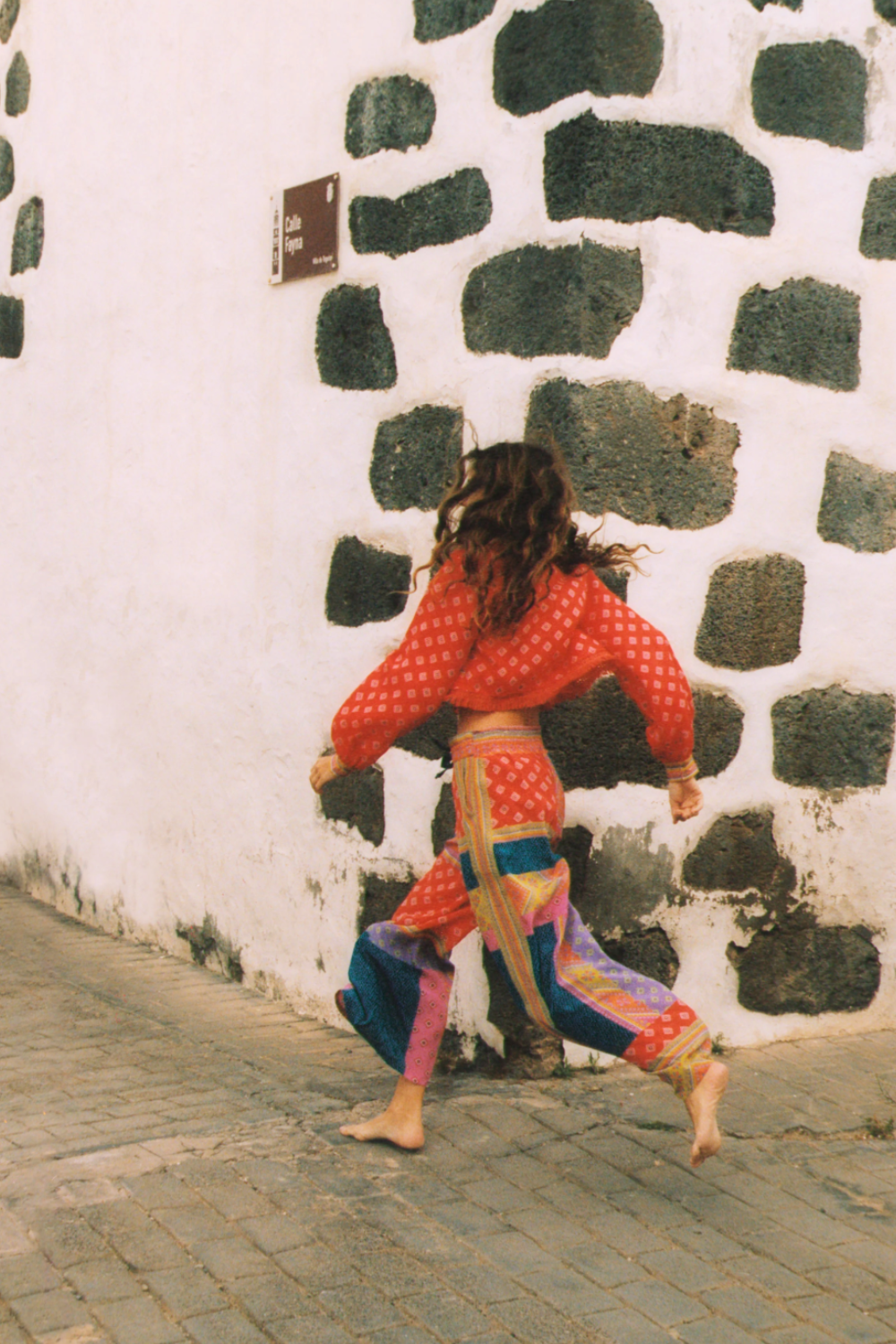
Swim and resort wear brand Boteh works with plant-derived fabrics or 100% cellulosic fabrics, as the brand describes, as well as organic cotton, European flax linen and more planet-friendly fibres. When it comes to swimwear, the brand turns to regenerated Econyl, which is a fabric made from recycled waste (such as fishing nets), and every item is made in certified factories in India and China, who uphold quality and ethical production standards.
Editor Verdict:
"Boteh doesn't just produce beautiful clothes, but the brand takes real pride in how they're made as well. The website goes into great detail about its 'thoughtful production', and the appreciation of the people behind the label—something we love to see." Lauren Cunningham, Contributing Fashion Editor
O Pioneers
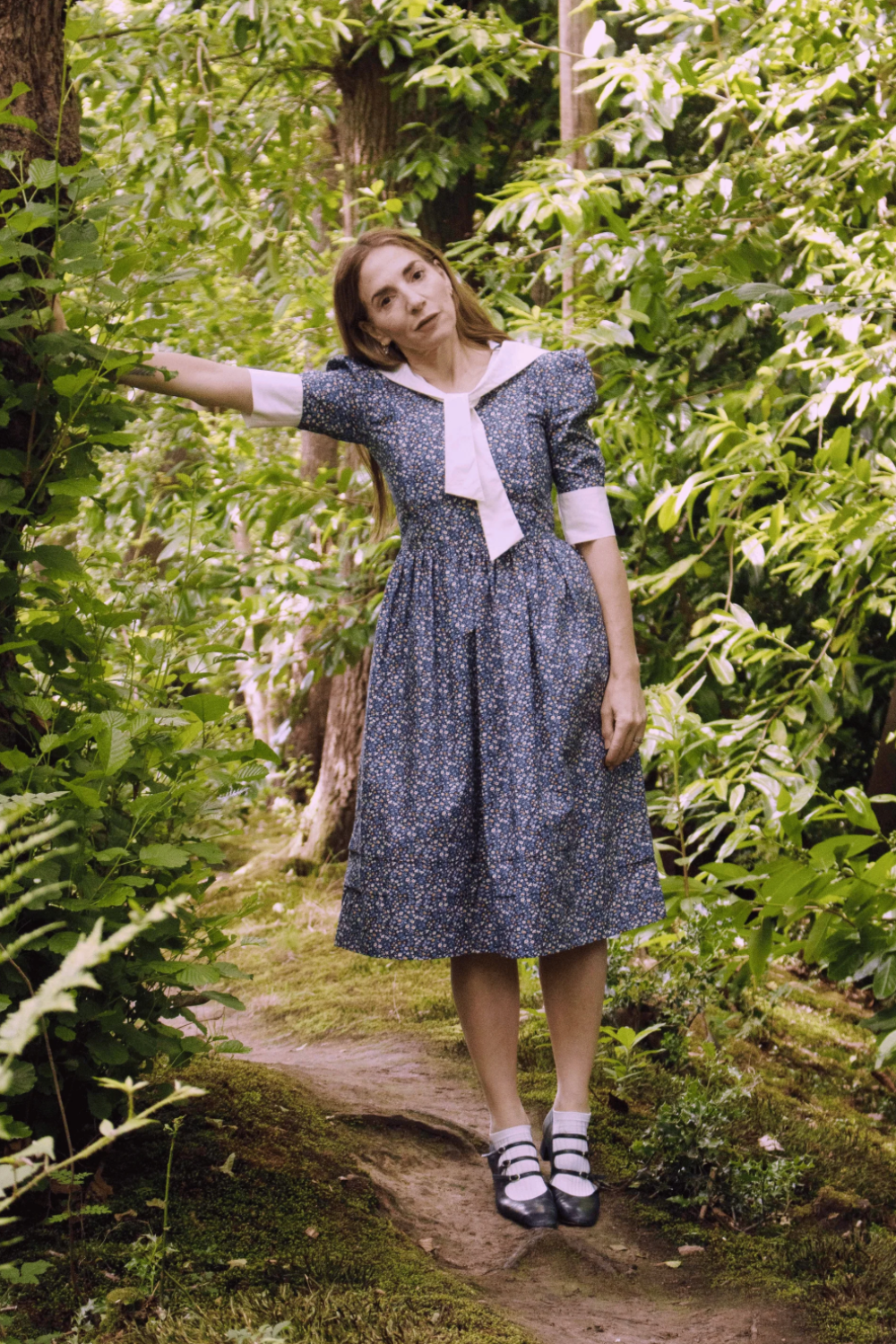
O Pioneers proudly describe themselves as a brand that represents the "antithesis of fast fashion." Made from dead tock or end of season fabrics, O Pioneers works with local seamstresses and craftswomen here in the UK to create all of its products, thereby minimising its carbon footprint. The brand also advocates for investing in classics that will stay with you for several years and not just a season.
Editor Verdict:
"Vintage fashion fans are sure to be drawn to the old-school prints used across O Pioneers pieces. Plus, as a 'Made in the UK' brand, it boasts all the best principles of a homegrown label." Lauren Cunningham, Contributing Fashion Editor
Fanfare The Label
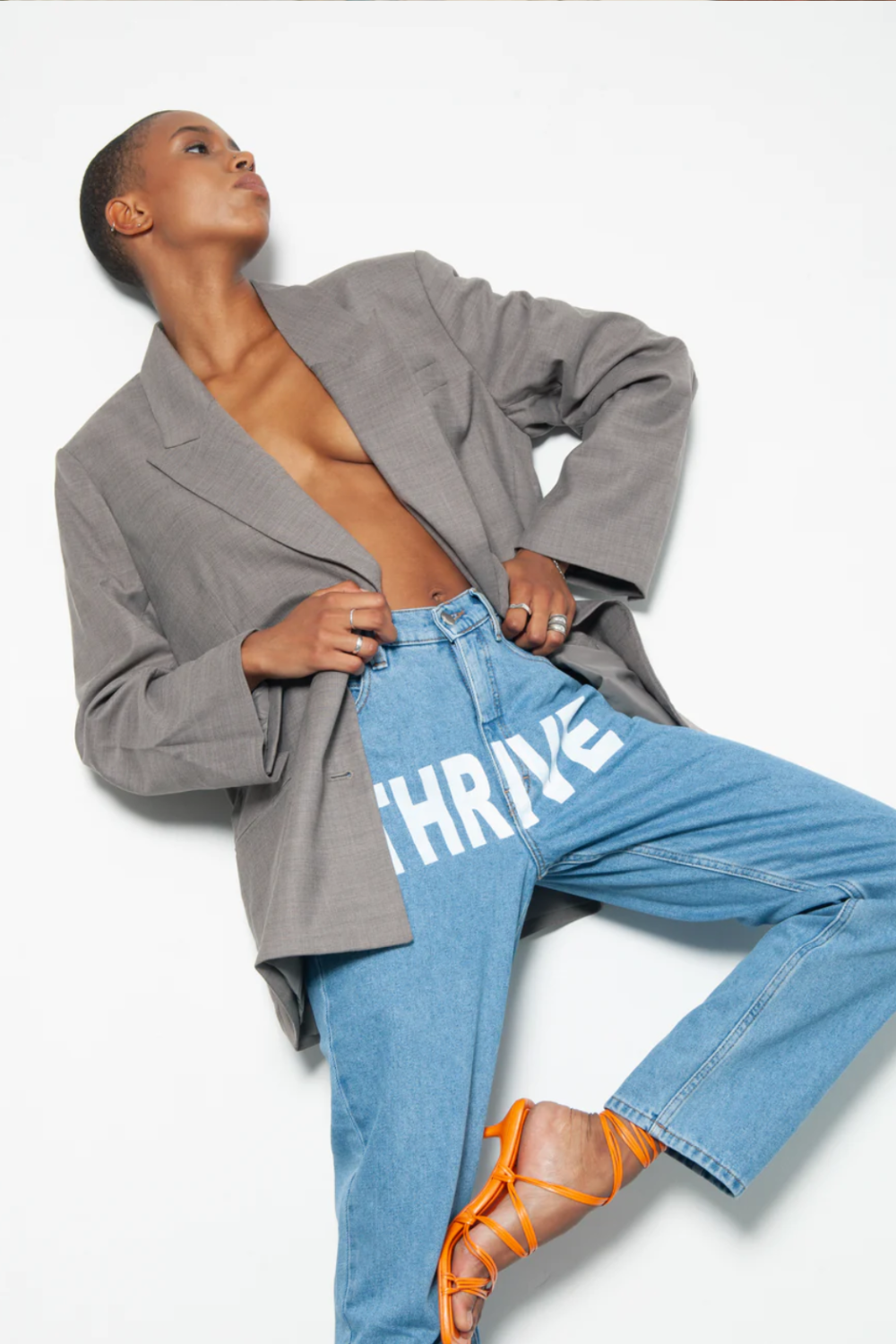
"What others see as waste, we see as a starting point…" this is the bold proclamation on Fanfare's website. The brand was built on a circular fashion model, using rescued, up-cycled and recycled materials to create new products. Plus, the brand manufactures its products locally, either in East London or at a short distance away, thereby minimising its carbon footprint while also creating new job opportunities in the local community.
Editor Verdict:
"I have the Fanfare linen shorts and shirt set in my own wardrobe and they both play a key role in my summer wardrobe. What I really love about this brand though is that it comes as a result of founder Esther Knight's own experience in the industry. After over a decade as a buyer for big fashion labels, Fanfare is proof that things can be done differently." Lauren Cunningham, Contributing Fashion Editor
Marfa Stance
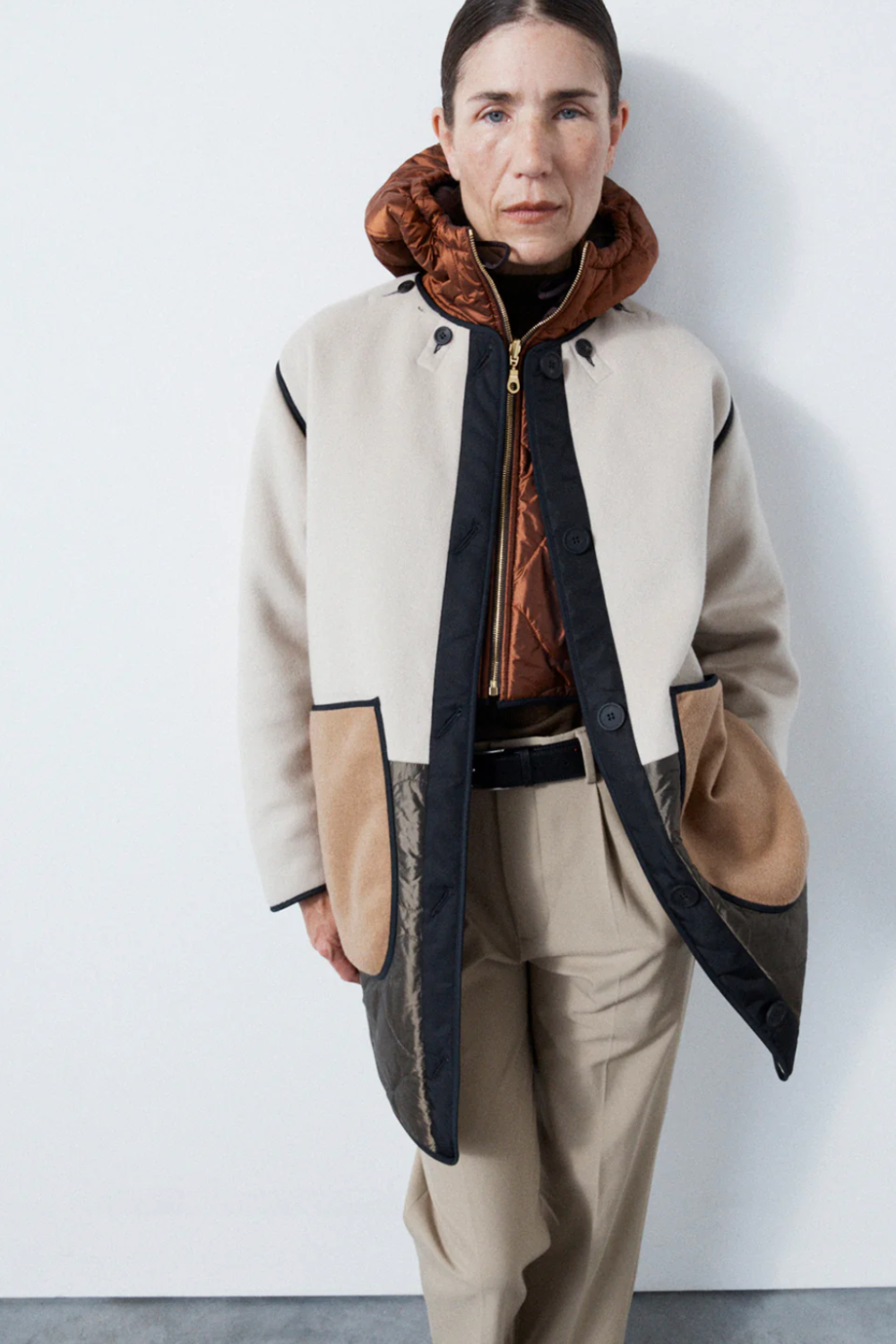
The Marfa Stance concept is based on buildable, adaptable, reversible and personalised clothing. The collection includes easy-to-add elements designed to evolve key styles, offering the ability to update and sustain your signature wardrobe season upon season. Think timeless design and classic colour palettes made encourage forever wear.
Editor Verdict:
"Marfa Stance pieces aren't only incredibly cool but they come with the exciting ability to be completely personalised with modular accessories. Take the parachute parka, below, for example, adding a colourful collar will totally change its look, while a liner will make it cosy for the cooler months." Lauren Cunningham, Contributing Fashion Editor
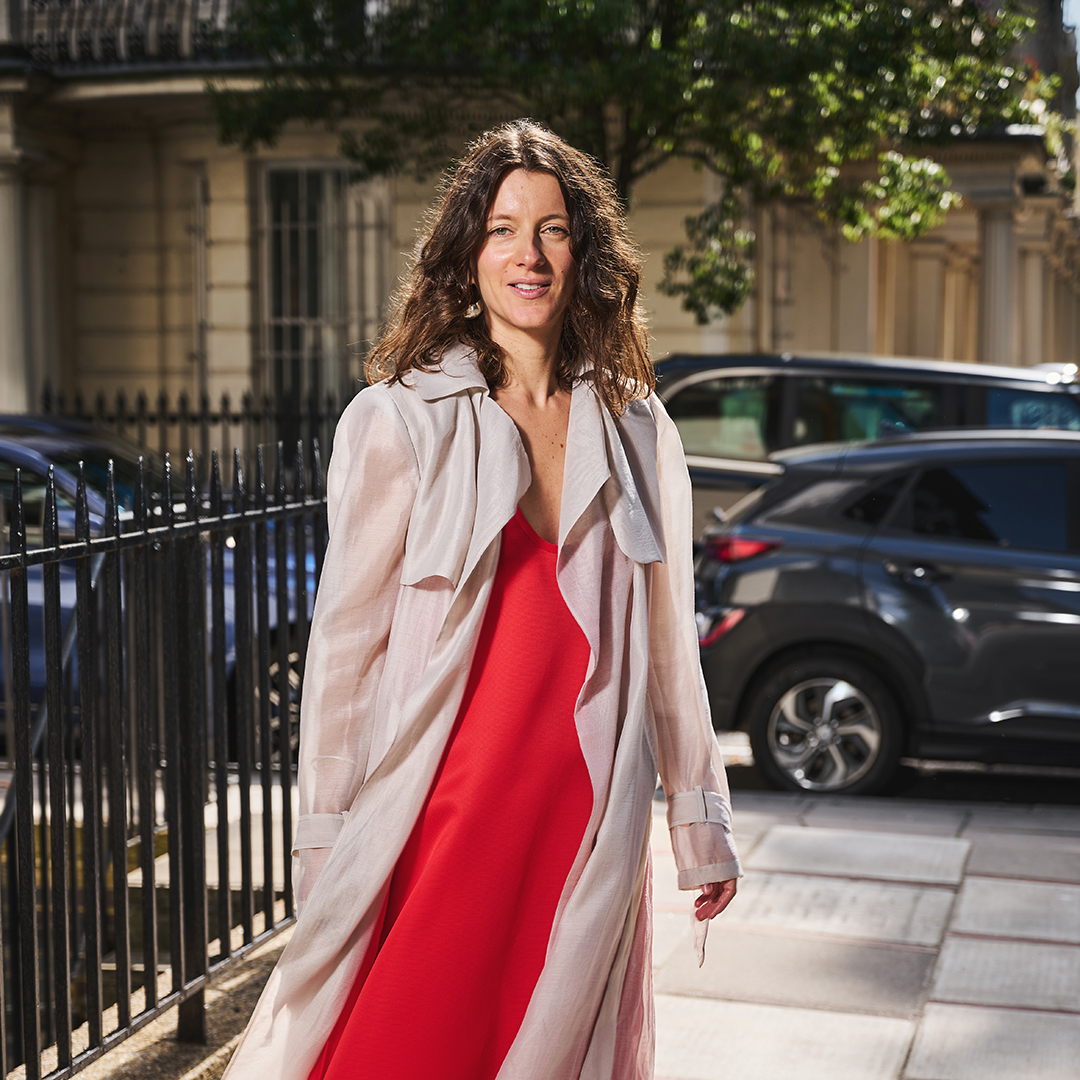
Penny Goldstone is the Contributing Fashion Editor at Marie Claire UK. She writes about catwalk trends and the latest high street and Instagram sartorial must-haves. She also helms the Women Who Win franchise.
She has worked in fashion for over 10 years, contributing to publications such as Cosmopolitan, Red, Good Housekeeping, and Stylist.
- Amelia YeomansJunior Shopping Editor
- Zoe AnastasiouFashion Editor
